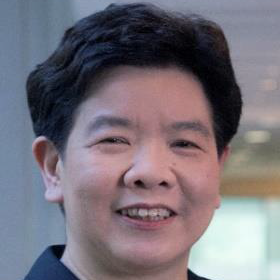
Guest-of-Honor
Permanent Secretary
National Research Foundation
Ms Chan Lai Fung was appointed Permanent Secretary (National Research and Development) and Permanent Secretary (Public Sector Science and Technology Policy and Plans Office), Prime Minister’s Office in 2019. She is also concurrently Chairman of the Agency for Science, Technology and Research. Prior to her current appointments, she was Permanent Secretary (Law) from 2006 to 2010, Permanent Secretary (Finance)(Performance) from 2009 to 2012, and Permanent Secretary (Education) from 2012 to 2019. She has also served in various capacities in the Ministry of Communications and Information, Ministry of Health, Public Service Division of the Prime Minister’s Office, Ministry of the Environment, and the Ministry of Trade and Industry.
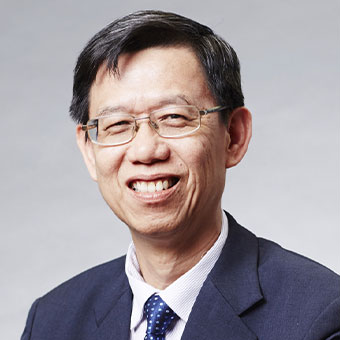
Welcome Speech
Chairman
National Supercomputing Centre (NSCC) Singapore
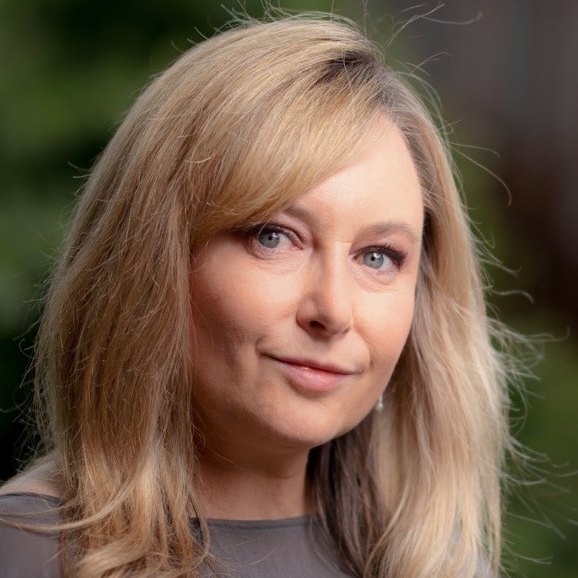
Keynote Speaker
Senior Professor, Deputy Director, and Computational Science Lead
The Australian National University, Australia
Professor Amanda Barnard currently leads research at the interface of computational modeling, high performance supercomputing, and applied machine learning and artificial intelligence at the Australian National University. With more than 20 years HPC experience she is a member of the Board of Directors for New Zealand eScience Infrastructure, the College of Assessors for the Ministry of Business, Innovation & Employment of New Zealand, the Expert Panel for the CRP scheme of the National Research Foundation of Singapore, and the Chair of the Australasian Leadership Computing Grants scheme. Her transdisciplinary research has been awarded in five scientific disciplines, including the 2014 ACS Nano Lectureship (Asia/Pacific) from the ACS, the 2014 Feynman Prize in Nanotechnology (Theory) from the Foresight Institute, and the 2019 AMMA Medal from the Association of Molecular Modellers of Australasia. In 2022 Prof Barnard was appointed as a Member of the Order of Australia for services to computational science and medical research.
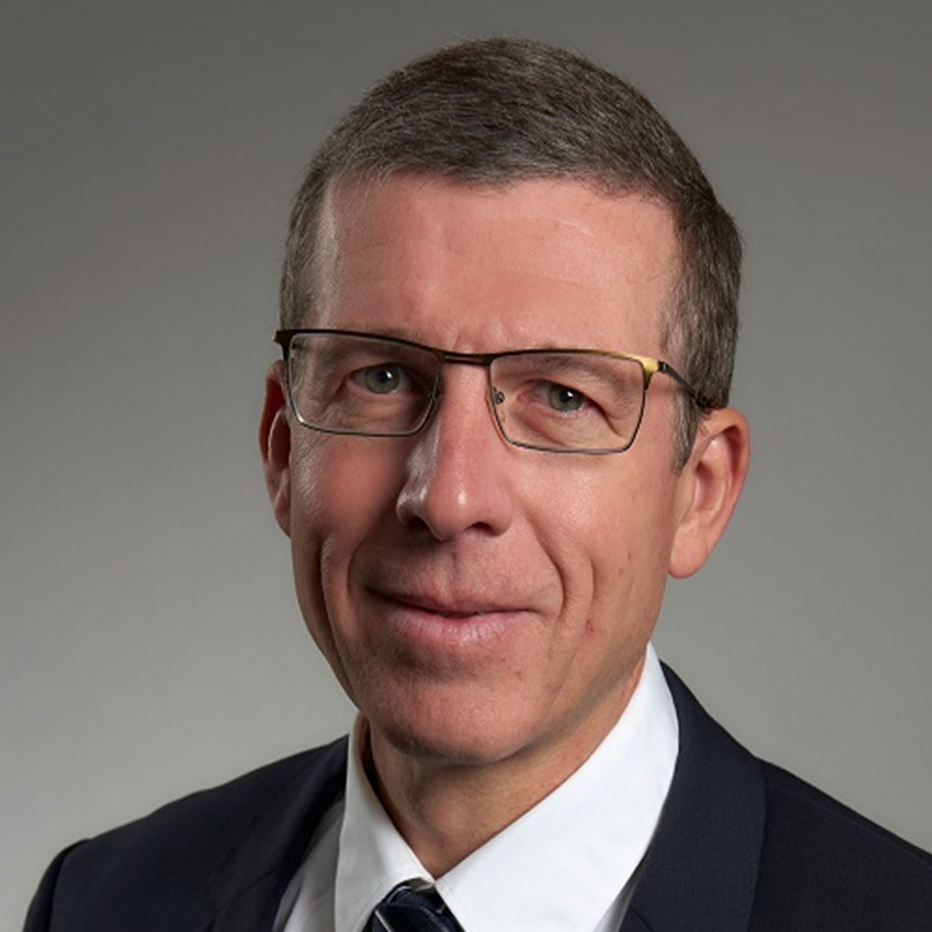
Keynote Speaker
Chief Technology Officer
Kalray
Benoît Dupont de Dinechin is the Chief Technology Officer of Kalray. He is the main architect of the Kalray VLIW core, its deep learning coprocessor, and the co-architect of the Kalray MPPA manycore processors. Before joining Kalray, Benoît was at STMicroelectronics, and was promoted to STMicroelectronics Fellow in 2008. Earlier he worked at the Cray Research park (Minnesota, USA), directly contributing to the Cray T3E production compilers. Benoît authored 16 patents in the area of computer architecture, and published over 60 conference papers, journal articles and book chapters in the areas of parallel computing, compiler design and operations research.
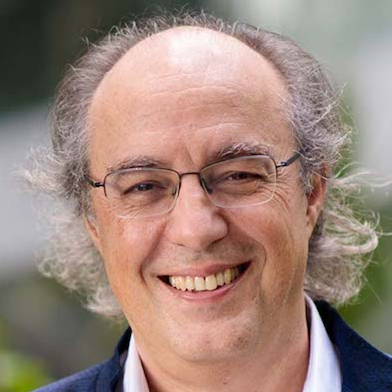
Keynote Speaker
Director
Centre for Quantum Technologies, National University of Singapore
José Ignacio Latorre was appointed Director of the Centre for Quantum Technologies in July 2020. He is also Professor and Provost’s Chair in the National University of Singapore’s Department of Physics. A leading figure in particle physics and quantum information, José Ignacio joined CQT, NUS from the University of Barcelona. He has been heading a research group at the Barcelona Supercomputing Center to build the first quantum processor in Spain. José Ignacio is also the founder of the Centro de Ciencias de Benasque Pedro Pascual, a Spanish scientific facility that is well known in the quantum information community for hosting workshops and conferences.
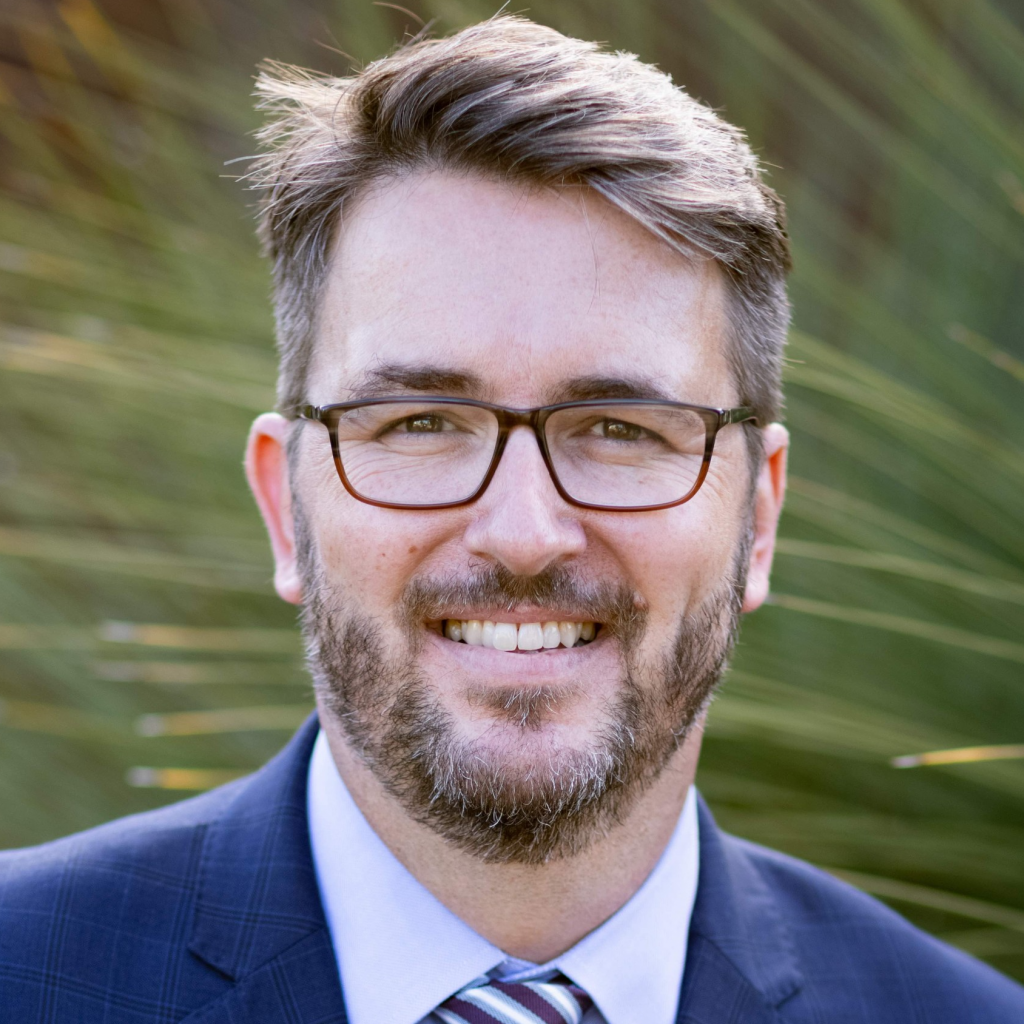
Keynote Speaker
Executive Director
Pawsey Supercomputing Centre
Mark Stickells leads the Pawsey Supercomputing Research Centre, a critical national research infrastructure located in Perth, Western Australia. Pawsey provides essential compute and data infrastructure and HPC services supporting Australian researchers and specialist support for international radioastronomy projects including the multinational Square Kilometre Array. Mark is chief evangelist at Pawsey and supported by a team who aim to make a difference to the world, powered by supercomputing. Pawsey’s exascale-class system, Setonix, named after Western Australia’s marsupial, the quokka, is the Southern Hemisphere’s most powerful, energy efficient supercomputer.
Before joining Pawsey, Mark led joint ventures between universities, CSIRO and industry delivering national and international research and education programs for Australia’s key energy, resources and agricultural sectors. Appointed as a Fellow of the Australian Institute of Management in WA in 2019 and a Fellow of the Australian Institute of Company Directors in 2020, Mark is also member of CEO’s for Gender Equity. Committed to supporting diversity and inclusion initiatives in his professional and personal life, Mark is an enthusiastic advocate for Pawsey’s expertise and enterprise contributing to prosperity and well-being in its region, and for the nation and internationally.
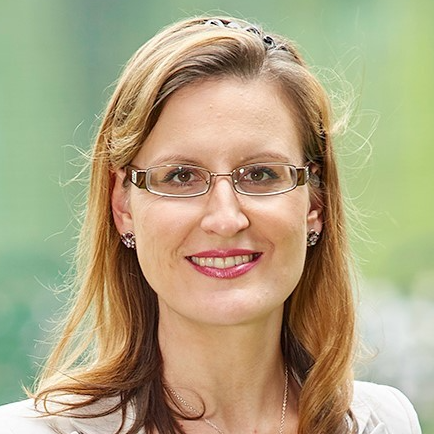
Keynote Speaker
Deputy Director Centre for Digital Innovation STEM
Michelle Spencer is Professor of Chemistry and Deputy Director of the STEM Centre for Digital Innovation. She was awarded her PhD from La Trobe University and is a Fellow of the Royal Australian Chemical Institute. She leads the computational materials chemistry group at RMIT, developing new materials and nanomaterials for electronic devices, sensors and batteries. Michelle has authored more than 100 refereed publications and has been awarded multiple university, national and international teaching grants and awards. She has been awarded grants from the Australian Research Council, the Australian Renewable Energy Agency, the CSIRO and the Defence Science and Technology Group.
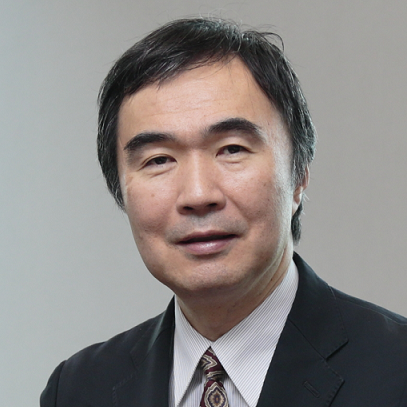
Keynote Speaker
Director
RIKEN Center for Computational Science (R-CCS), Japan
Satoshi Matsuoka from April 2018 has been the director of Riken Center for Computational Science (R-CCS), the Tier-1 national HPC center for Japan, developing and hosting Japan’s flagship ‘Fugaku’ supercomputer which has become the fastest supercomputer in the world in all four major supercomputer rankings in 2020 and 2021 (Top500, HPCG, HPL-AI, Graph500), along with multitudes of ongoing cutting edge HPC research being conducted, including investigating Post-Moore era computing, especially the future FugakuNEXT supercomputer.
He was the leader of the TSUBAME series of supercomputers that had also received many international acclaims, at the Tokyo Institute of Technology, where he still holds a professor position, to continue his research activities in HPC as well as scalable Big Data and AI. His longtime contribution was commended with the Medal of Honor with Purple ribbon by his Majesty Emperor Naruhito of Japan in 2022.
Other accolades include the Fellow positions in societies/conferences ACM, ISC, and the JSSST; the ACM Gordon Bell Prizes in 2011 & 2021; the IEEE-CS Sidney Fernbach Award in 2014 as well as the IEEE-CS Computer Society Seymour Cray Computer Engineering Award in 2022, both being the highest awards in the field of HPC, and the only individual to receive both awards; the Technical Papers Chair and the Program Chair for ACM/IEEE Supercomputing 2009 and 2013 (SC09 and SC13) respectively as well as many other conference chairs, and the ACM Gordon Bell Prize selection committee chair in 2018.
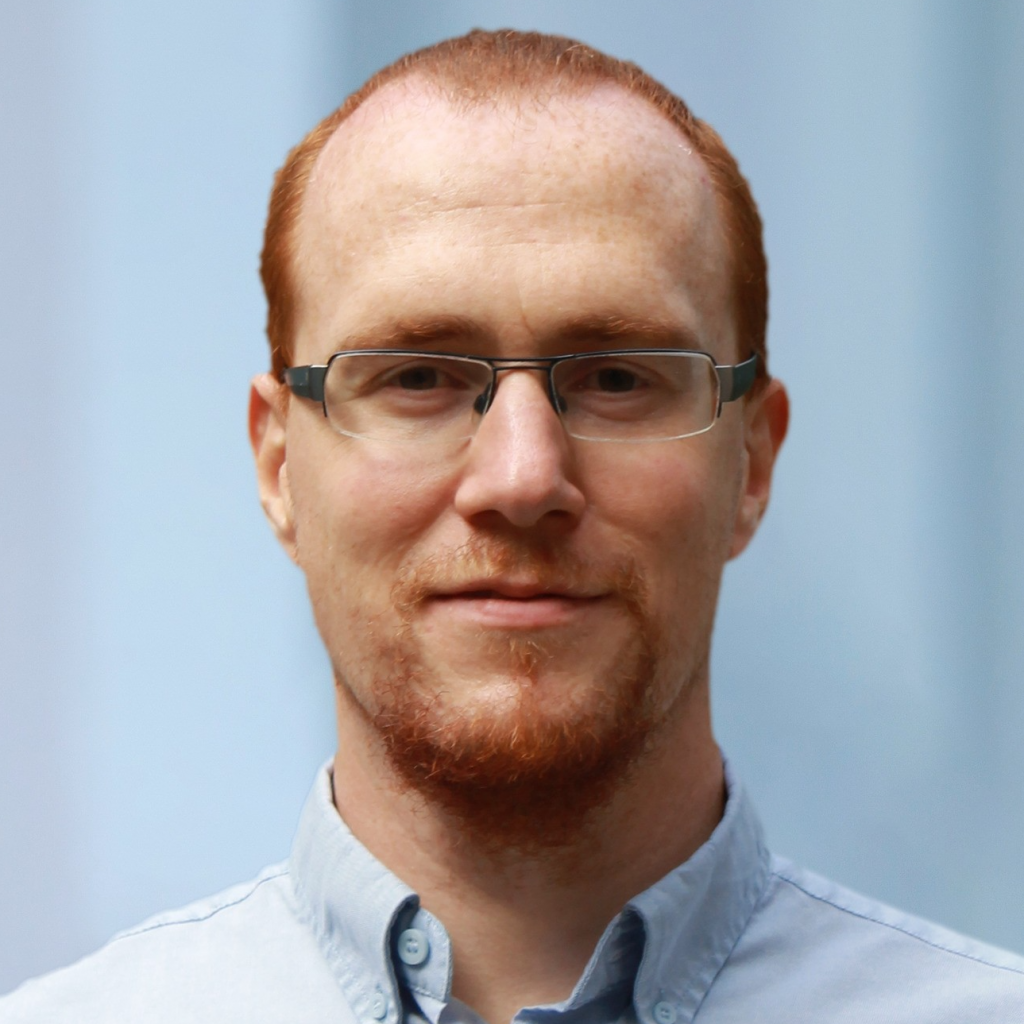
Keynote Speaker
Professor of Computer Science
ETH Zurich, Switzerland
Torsten Hoefler is a Professor of Computer Science at ETH Zurich, a member of Academia Europaea, and a Fellow of the IEEE. Following a “Performance as a Science” vision, he combines mathematical models of architectures and applications to design optimized computing systems. Before joining ETH Zurich, he led the performance modeling and simulation efforts for the first sustained Petascale supercomputer, Blue Waters, at the University of Illinois at Urbana-Champaign. He is also a key contributor to the Message Passing Interface (MPI) standard where he chaired the “Collective Operations and Topologies” working group. Torsten won best paper awards at ACM/IEEE Supercomputing in 2010, 2013, 2014, 2019, and at other international conferences. He has published numerous peer-reviewed scientific articles and authored chapters of the MPI-2.2 and MPI-3.0 standards. For his work, Torsten received the ACM Gordon Bell Prize in 2019, the IEEE TCSC Award of Excellence (MCR), ETH Zurich’s Latsis Prize, the SIAM SIAG/Supercomputing Junior Scientist Prize, the IEEE TCSC Young Achievers in Scalable Computing Award, and the BenchCouncil Rising Star Award. Following his Ph.D., he received the 2014 Young Alumni Award and the 2022 Distinguished Alumni Award of his alma mater, Indiana University. Torsten was elected to the first steering committee of ACM’s SIGHPC in 2013 and he was re-elected for every term since then. He was the first European to receive many of those honors; he also received both an ERC Starting and Consolidator grant. His research interests revolve around the central topic of performance-centric system design and include scalable networks, parallel programming techniques, and performance modeling for large-scale simulations and artificial intelligence systems. Additional information about Torsten can be found on his homepage at htor.inf.ethz.ch.
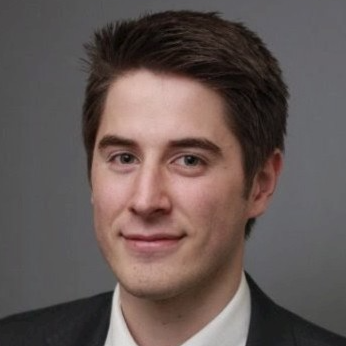
Plenary Speaker
APJ Chief Technology Officer
Dell Technologies
Andrew Underwood; High Performance Computing and Artificial Intelligence, at Dell Technologies, where he is responsible for the go to market and technical pre sales for high performance computing, data analytics and artificial intelligence. Over the past decade, Andrew has designed innovative technology solutions that have accelerated research and development within world-leading companies and research organizations operating across countless fields of research, including: artificial intelligence, bioinformatics, engineering, geoscience, healthcare and physics.
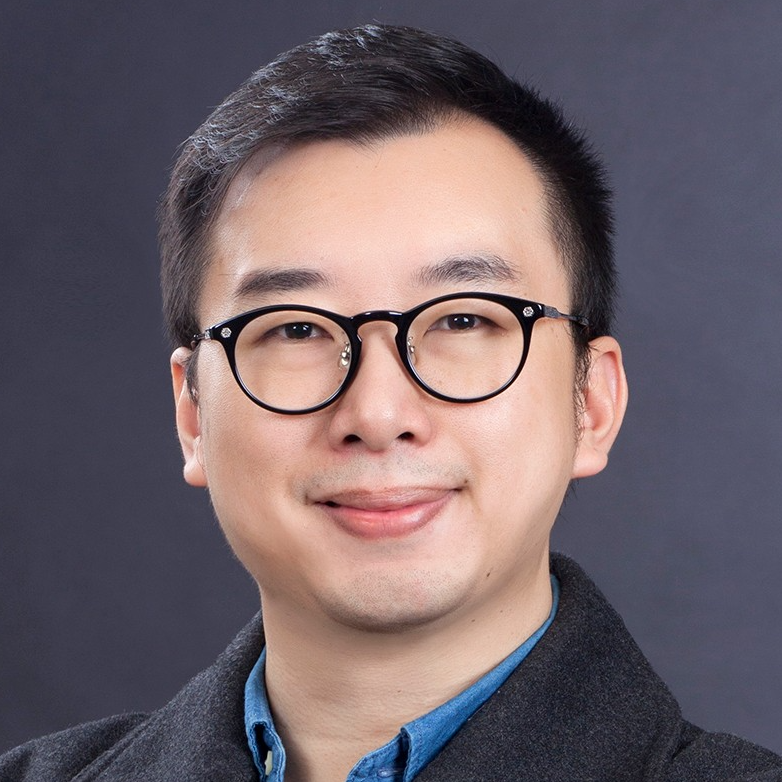
Plenary Speaker
Vice President, Digital Transformation Division
Taiwan Web Service Corporation (ASUS)
Andy worked for ASUS Cloud between 2010 Jan.~2015 Dec. Then join AI Start up “Foungfu Intelligent Corp.” as Co-founder/CEO and running the company until 2020 June. Now Andy lead TWS BD team and helping AI start up company and Enterprise AI team to leveraging Taiwania-2 AIHPC to execute AI digital transformation.
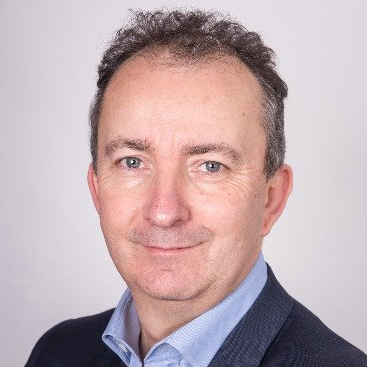
Plenary Speaker
Senior Vice President, Head of HPC and Quantum
Atos, Big Data and Security Division
Since April 2022, Emmanuel has served as Senior Vice President for HPC, AI and Quantum within the Big Data and Security Division at Atos. Emmanuel is responsible for the overall big data infrastructure portfolio. He leads the development of innovative big data analytics, machine learning and AI solutions for the enterprise market. The global portfolio includes Atos enterprise servers (x86 and mainframe), SAP Hana, Oracle, Hadoop, AI and analytics appliances, as well as big data software and services teams.
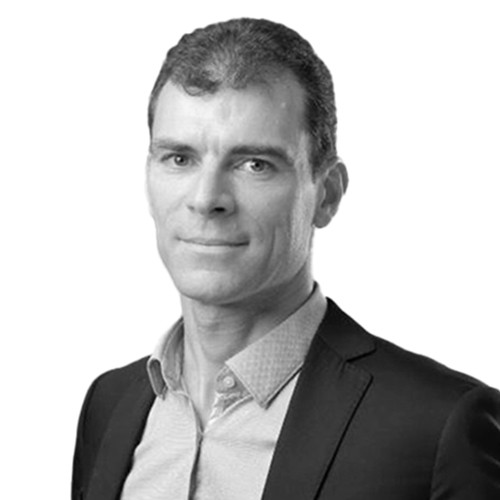
Plenary Speaker
Chief Executive Officer
PASQAL
CEO and co-founder of PASQAL. Building scalable quantum processors thanks to light and cold atoms. Experienced Senior Engineer with a demonstrated history of developing high-tech products using light and optics. Skilled in cold atoms manipulation and trapping, Quantum Mechanics, laser physics, interferometry, imaging and optical detection. Ph.D. from the University of Paris Sud
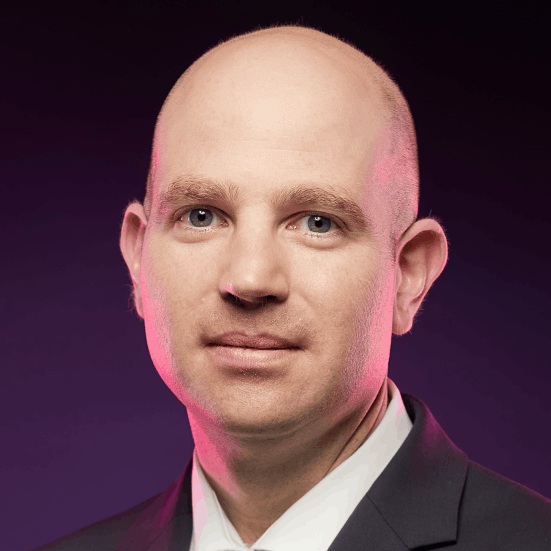
Plenary Speaker
Co-founder and Chief Executive Officer
WEKA
Liran Zvibel is the CEO of WEKA, which he co-founded in 2013. Before establishing WEKA, he co-founded and led research and development at Fusic, overseeing the engineering, design, and development of its rich social media application portfolio. Prior to Fusic, he was the principal software architect and a founding member of the technical team at XIV Storage Systems before its acquisition by IBM in 2007. He then managed XIV’s hardware and platform teams within IBM for several years. Mr. Zvibel also served as a software engineer with the rank of Captain in the Israeli Defense Forces for five years. He earned his Bachelor of Science degree in Mathematics and Computer Science from Tel Aviv University.
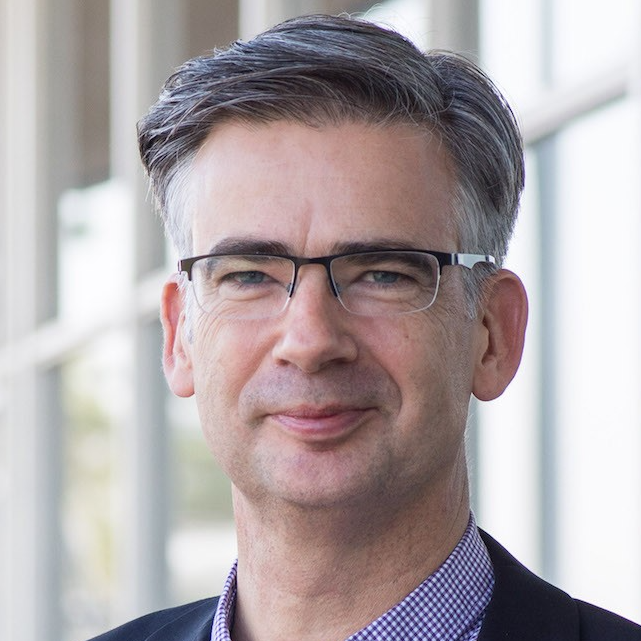
Plenary Speaker
Chief Technology Officer HPC and AI
HPE
Mike is the Chief Technology Officer for the HPC and AI Business Unit at HPE
Mike is responsible for driving the long-term product roadmap and architecture, tracking market trends and differentiation, evaluating new technologies and business partnerships, and representing HPE’s perspective externally for the HPC AI BU. His team focuses on advancing the technology used to build solutions for HPC, AI, and high performance data analytics.
Mike joined HPE with the SGI acquisition in 2016, after 26 years at SGI where he was Chief Engineer for scalable systems.
Interests include high performance microprocessor and accelerator design, high performance interconnect designs, memory/storage technologies, and design of cache coherent protocols for ccNUMA systems. Previous projects include delivering the world’s first Exascale System at Oak Ridge National Lab, architecture and design of the Superdome Flex, MC990-X/UV300, UV2000, UV1000, Altix 4700/Altix 3000, Origin3000, and Origin2000 system families. Mike also worked on microprocessor design at MIPS Computer Systems (R4000), and INMOS (Transputer).
Mike has a B.Sc(First Class) in Computer Systems Engineering, The University of Kent, Canterbury, UK. Mike has been granted multiple US patents in the field of computer system architecture.
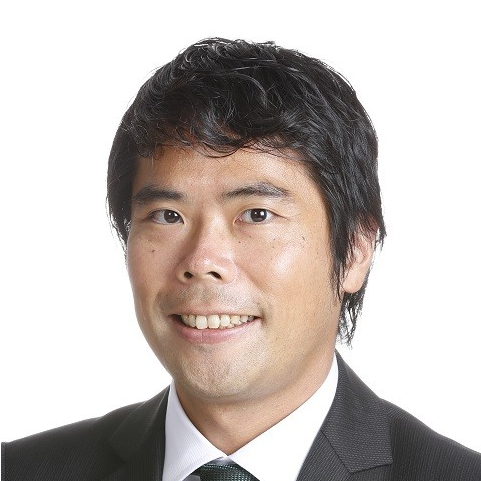
Plenary Speaker
Azure Global Black Belt Director – HPC/AI
Microsoft Asia
Naoyuki is in charge of the business and team for HPC/AI on Azure cloud across Southeast Asia, Australia & New Zealand, Greater China Region, Japan, Korea, and India, to enable HPC/AI solutions for key industries such as Automotive/Manufacturing, Energy, Finance Services, Life Science, and Public Sector, thru strategic partnerships with global and regional solution providers.
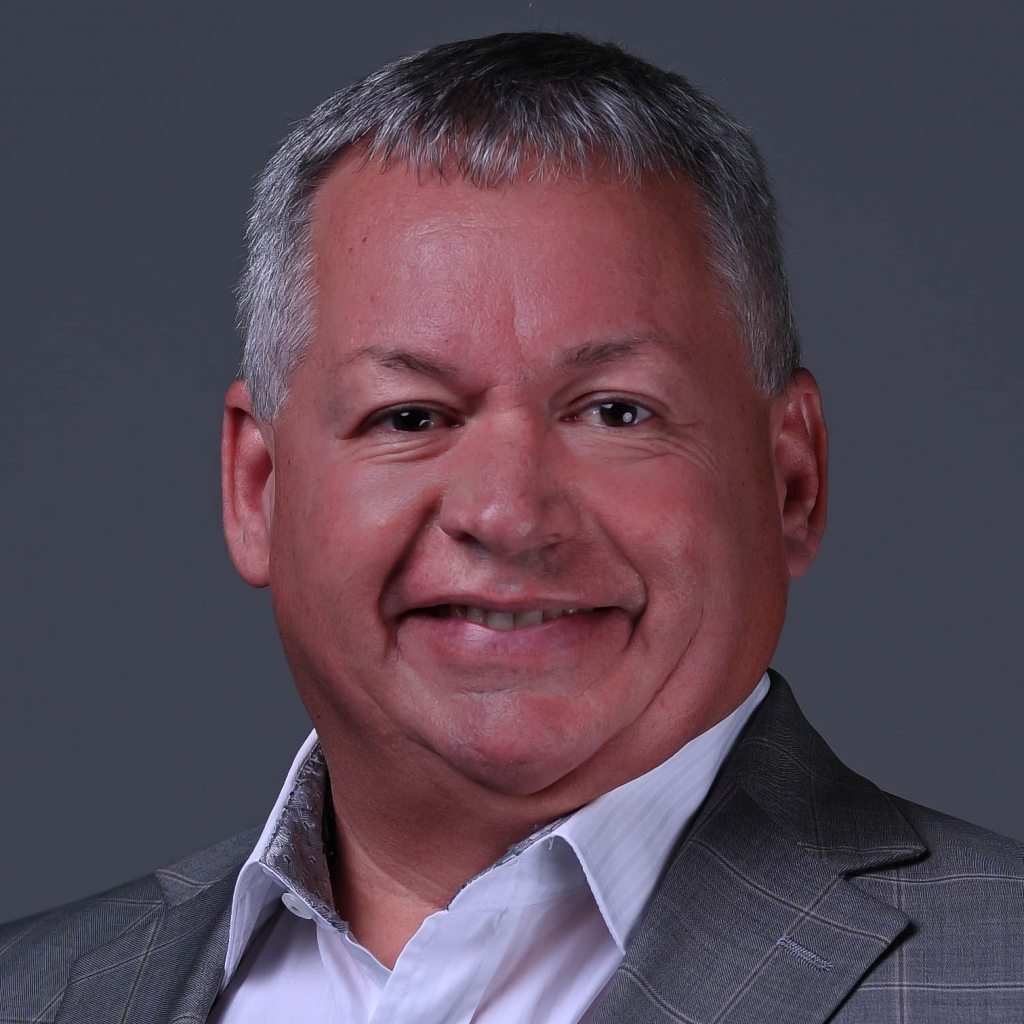
Plenary Speaker
Vice President, General Manager HPC and AI WW
Lenovo
Scott is the General Manager of Lenovo’s High Performance Computing (HPC) and Artificial Intelligence (AI) Business. He has been with Lenovo since October, 2014 following the acquisition of IBM’s System x team. Prior to this he spent fourteen years as a member of the IBM System x Executive Team.
He and his High Performance team are responsible for Lenovo’s end to end HPC strategy- focused on leadership in the mid-market and strong presence in the TOP500. In June 2018, Lenovo took the title of world’s leading provider of Super Computers according to the top500.org – today over 1 in 3 systems on the TOP500 list are Lenovo branded systems. These premier systems are installed in 14 different countries/markets across six continents making Lenovo a global powerhouse in the space. Scott was named to the HPC Wire People to Watch in HPC list for 2015 (http://www.hpcwire.com/people-watch-2015/10)
In addition to his HPC role Scott is also responsible for Lenovo’s Artificial Intelligence/Deep Learning technology – focusing on enabling Lenovo’s clients with the best AI technology available based on open partnership and open source. His goal in this area is to deliver an open AI portfolio that brings the benefits of this revolutionary computing model to our HPC and enterprise clients globally.
Prior to his current assignment, Scott ran the System x High Volume Business Line from Taipei, Taiwan. He set up and managed a team of marketing managers and product development team leaders that re-architected IBM’s entire high volume line up of rack and tower servers. Taipei is one of his favorite cities due to its strong technology, beautiful scenery, appreciation for Chinese heritage and culture and most of all for its warm and friendly people.
Scott is a founding member of the IBM BladeCenter product team. He helped managed that business from zero in revenue for 2002 to over $1.0B US in annual sales in five short years. He also served as IBM infrastructure/data center Solutions Manager where he worked to improve client’s experience with powering, cooling, and racking high density servers. In his many roles in open systems architecture, Scott has shaped the future of IBM and now Lenovo’s systems.
Scott is from Raleigh, North Carolina USA. He is a graduate of North Carolina State University and has a degree in Chemistry. He joined IBM in 2001 to help start up IBM’s midrange fibre channel storage products – the FAStT family.
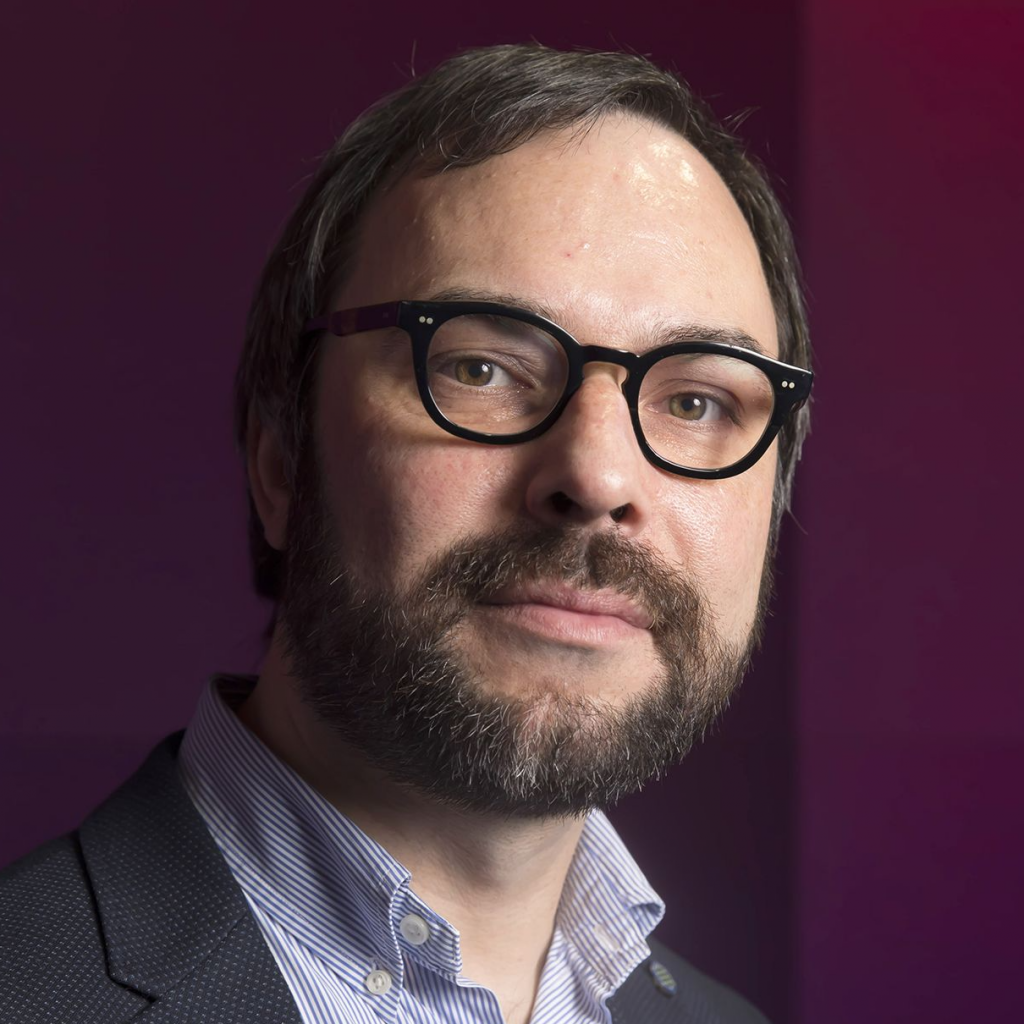
Plenary Speaker
Director of Strategic Researcher Engagement for APAC and EMEA
NVIDIA
Tomasz is Director of Strategic Researcher Engagement for APAC and EMEA at NVIDIA Corporation. He works closely with top researchers and premier research institutions doing compelling, computationally intense works to solve some the world’s most challenging scientific problems. Earlier he was a Director at the Expanded Perception & Interaction Centre at the UNSW, and at the same time, a Research Team Leader at CSIRO’s Data61 and led Simulation and Modeling Cross-Cutting Capability for CSIRO’s Future Science and Technology. In 2019, he was a Conference Chair of ACM SIGGRAPH Asia 2019. In years 2022-24 he is serving as SIGGRAPH Asia Conference Advisory Group (SACAG) Chair, contributing to the future of SIGGRAPH Asia conferences and connecting the global research community.
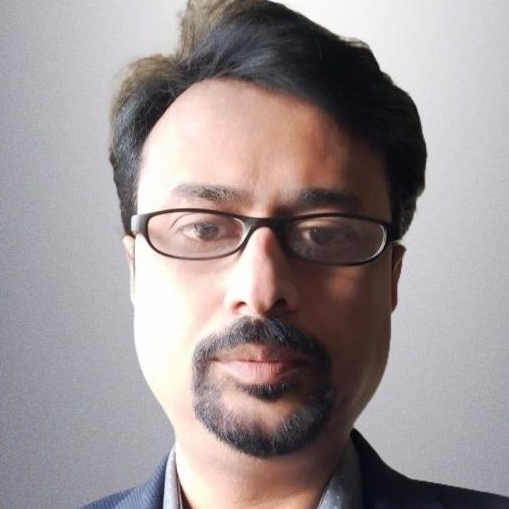
Industry Speaker
Head – HPC and AI (Asia Pacific)
Lenovo
Ananda Sekhar Bhattacharjee is the Head for HPC & AI in Lenovo, Asia pacific. His primary responsibility is to provide in-depth expertise and consultancy to clients for designing large scale HPC and AI systems. An engineer by training Ananda has more than 20 years of experience in software development, enterprise system design and Application profiling for technology companies like Silicon Graphics, Sun Microsystems and NVIDIA besides Lenovo.
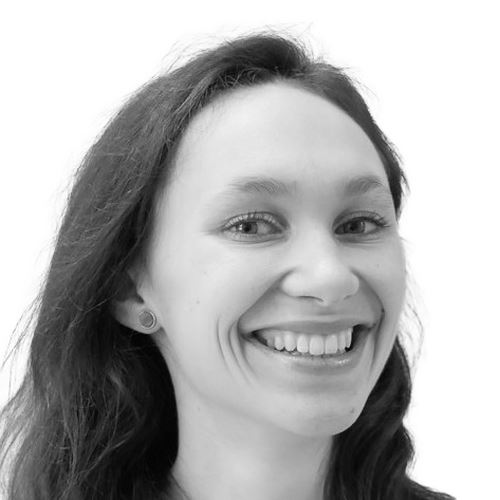
Industry Speaker
Engineering Manager, Cloud Services
PASQAL
After graduating from Ecole Polytechnique (France), Anne-Claire Le Hénaff earned a Master of Science in Mechanical Engineering from MIT, where her research focused on new control algorithms for solar-powered desalination systems. Her interest for complex systems and HW-SW integration took her to Zoox, a California-based startup building self-driving taxi. There, she designed algorithms to validate the performance of the vehicle AI. She joined PASQAL in 2021 to lead the development of their cloud services and build a “quantum as a service” offer.
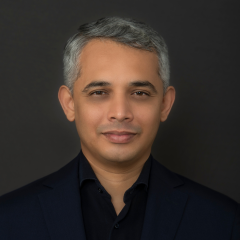
Industry Speaker
General Manager, India & ASEAN, DDN Storage
DataDirect Networks
Atul Vidwansa is industry veteran with 20 years’ experience in High Performance Storage solutions covering HPC, AI and Big Data customers across Asia-Pacific. Atul started his career as a developer for Lustre Parallel Filesystem and helped in deploying Lustre based storage solutions across number of Top500 supercomputing sites in Asia-Pacific. His career spans Sun Microsystems, Cluster Filesystems Inc, Oracle and DataDirect Networks. Atul is avid public speaker on storage technologies and often covers new trends, solutions and simplifying large and complex deployments in his talks.
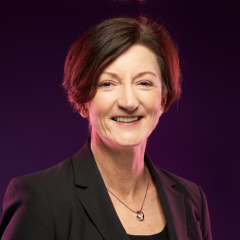
Industry Speaker
Vice President Cloud Strategy
WEKA
Barbara is WEKA’s Vice President of Cloud Strategy, responsible for growing the company’s cloud business and its strategic alliances and integrations with public cloud vendors. She previously served as WEKA’s VP of Marketing.
Barbara brings over 20 years of leadership experience and data management industry expertise to WEKA. Before joining the company, she was VP of Marketing for the Converged Infrastructure business unit at HGST, supporting its emerging cloud infrastructure product portfolio. Before HGST, she served as Chief Marketing Officer at Panasas, a leading provider of high-performance scale-out storage systems targeting media and entertainment, life sciences, and computer-aided engineering. She was also part of the 3ware team that pioneered Serial ATA in enterprise storage, and following its successful acquisition, she was a Senior Vice President in AMCC’s Storage Division.
Barbara earned a Bachelor of Engineering degree from the University of Limerick, Ireland; a Master of Business Administration degree from Santa Clara University; and a Master of International Relations degree from Victoria University in New Zealand.
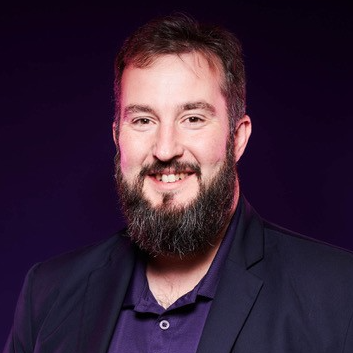
Industry Speaker
Australia and New Zealand Technical Lead
WEKA
Christopher is the Technical Lead for WEKA A/NZ, assisting WEKA’s top customer in adopting and streamlining their most demanding workloads. Christopher has extensive experience in storage and has seen the industry progress from SAN, NAS and now to Flash. Christopher has worked for significant storage vendors like Quantum and Dell Technologies, where Christopher was the SME for APJ with Dell Technologies Elastic Cloud Storage (ECS) business. Whilst working at WEKA, Christopher has embarked on a Masters of Cloud and Virtualisation with Charles Sturt University, which has given Christopher exposure to emerging technologies in data analytics, big data and storage pipelines.
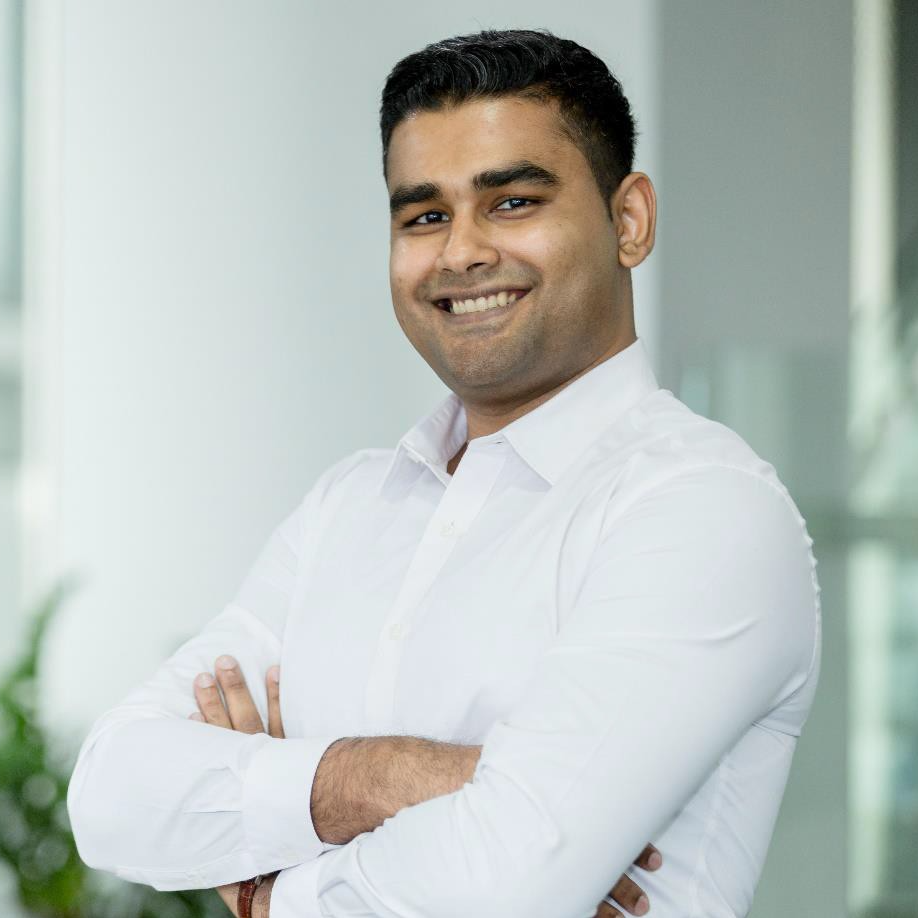
Industry Speaker
Big Data & Structured AI Technologist for Developer Programs
NVIDIA
Dr. Deb Goswami is currently responsible for growing NVIDIA’s Accelerated Data Science and Machine Learning developer practice in the Asia Pacific South and ANZ Regions. With over a decade of expertise in scaling and enabling enterprise AI in the region, Dr. Deb is passionate about supporting the developer ecosystem in their AI journey.
Prior to joining NVIDIA, Dr. Deb worked on challenging AI problems across a variety of verticals in the APAC region, including Media (SPH, Head of Data), eCommerce (Traveloka, Head of AI), AdTech (Dentsu Aegis Network, Data Scientist) and Telco/Oil & Gas (Reliance Industries, Data Scientist).
Dr. Goswami read his PhD in Face Recognition from the University of Surrey, where he also studied for his BEng (Hons) in Electronic Engineering.
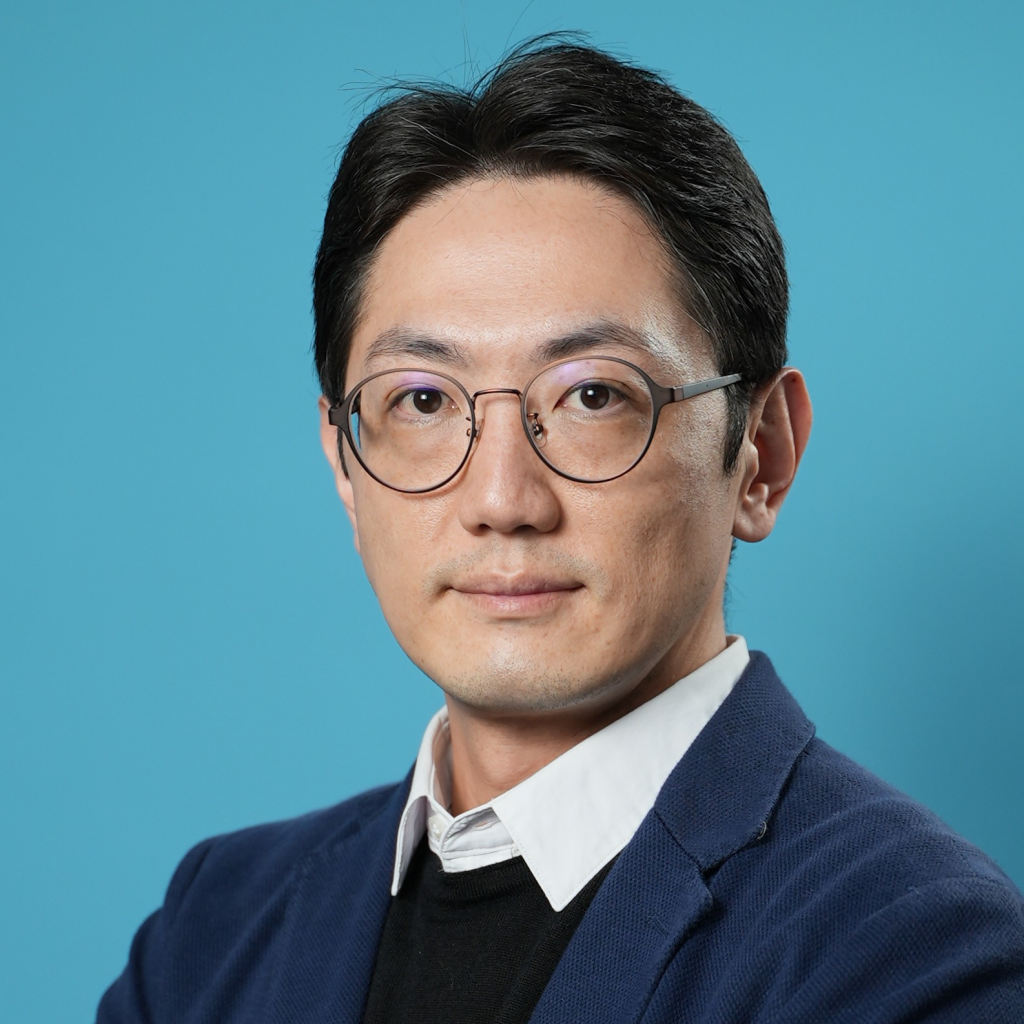
Industry Speaker
Associate Vice President, Deputy Head
Quanta Cloud Technology, Singapore
A business professional with extensive experience in sales, business development, growth, and partnership for both established multinationals as well as fast-growing start-ups in APAC.
Strong cross-industry experiences in Telecommunications, Data Center Solutions, Cloud Services, Consumer Internet, AdTech, Online Media, and E-Commerce in both mature and emerging markets with a strong focus in South East Asia.
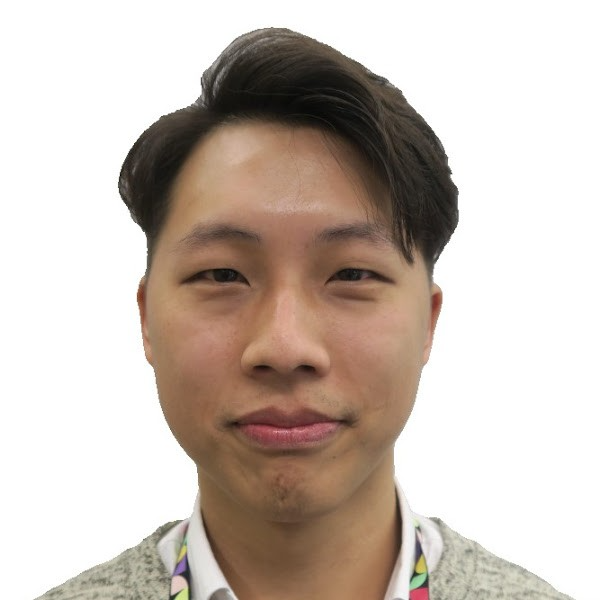
Industry Speaker
HPC Practice Lead, Asia Pacific
Google Cloud
Injae leads Google Cloud’s mission to make HPC universally accessible and help customers run the most demanding workloads in the cloud. From democratising access to the latest HPC infrastructure in compute, storage and network for all users, to modernising HPC to new cloud native solutions – let’s chat about how we can help solve your complex problems!
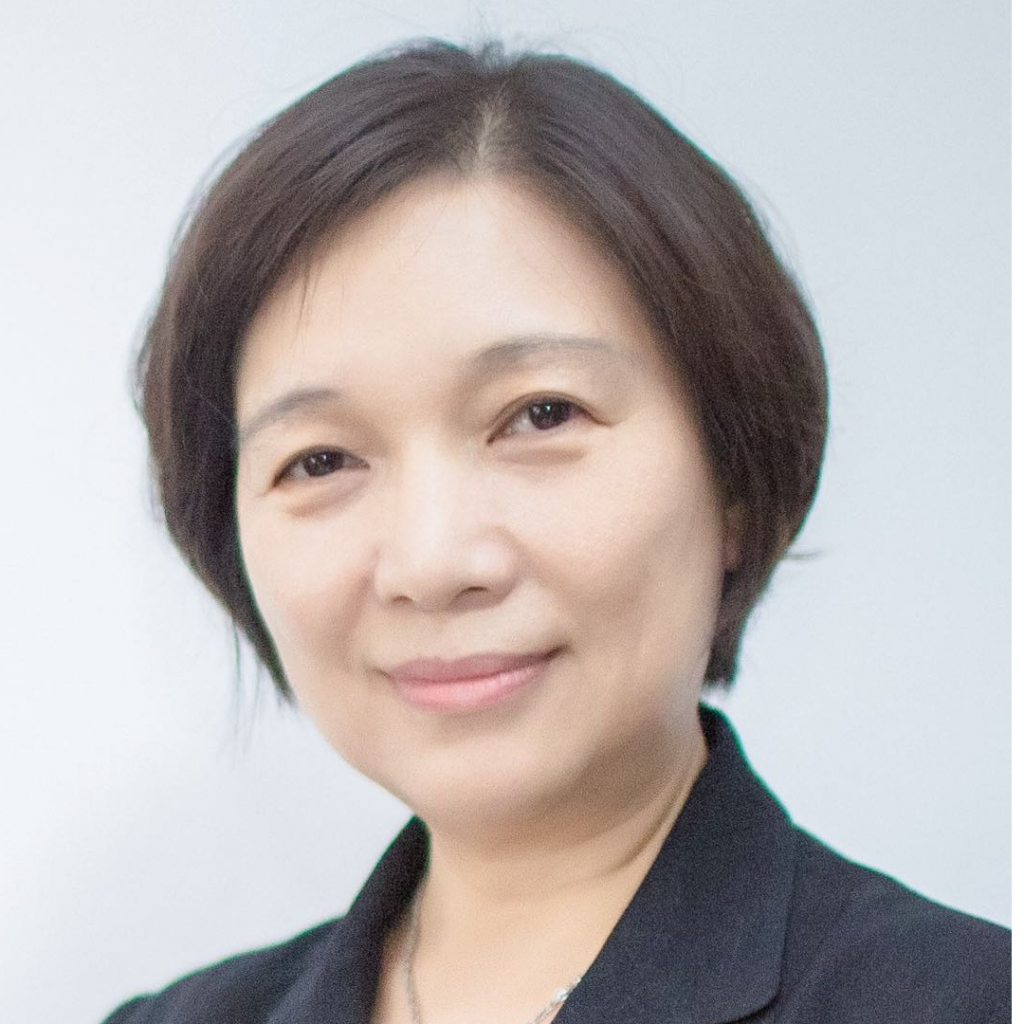
Industry Speaker
Chief Scientist
Pensees Systems Pte Ltd (ASUS)
Jane Shen, leads teams in Pensees Group to develop and deploy AI cutting edge technologies in smart city, smart building, smart community applications including front and backend, SaaS platform, edge, server and cloud AI solutions. Before joined Pensees in 2019 she led research team as General Manager at Panasonic R&D Singapore, to pioneer solutions and products in image/video processing, computer vision, 3D, deep learning, robotics and autonomous driving.
She has contributed to international standardization of image/video coding, and won more than 15 International competition awards in computer vision, AI and robotics domains.
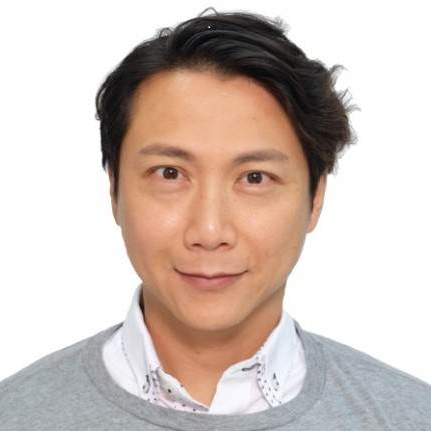
Industry Speaker
Director, AI Solutions
PTC System (s) PTE LTD (ASUS)
As the Director of AI Solutions at PTC Systems, I believe every company needs AI applications for growth. I bring a passion for NVIDIA’s world-leading AI technology and I would like to enable AI developer success by offering a total solution for AI problems such as networking and storage.
Currently, I am working with NVIDIA on AI-related product lines such as DGX systems, and I’m representing NVIDIA as the sole reseller (Elite level) in Singapore.
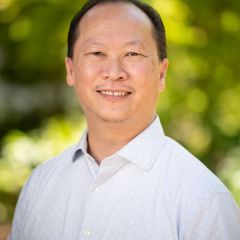
Industry Speaker
Senior Vice President, Products
SambaNova
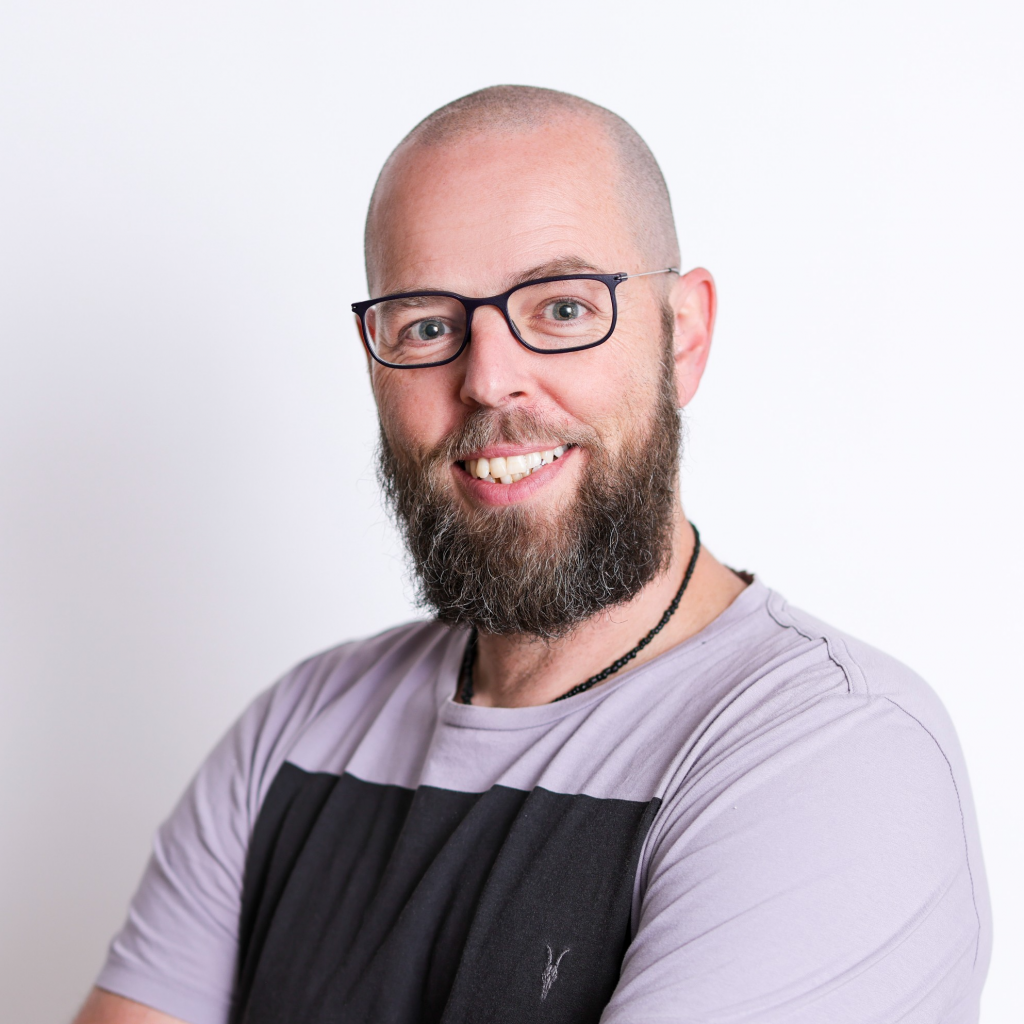
Industry Speaker
Senior Director of Sales and BD APAC
Run:AI
Nir Lubliner is a Senior Director of Sales and BD for the APJ region at Run:AI. He is a passionate advocate for technology that will shape the future of how organizations run AI. Nir comes from a technical engineering background that was followed with 20 years of experiance creating business in APAC for Israeli companies and technologies.
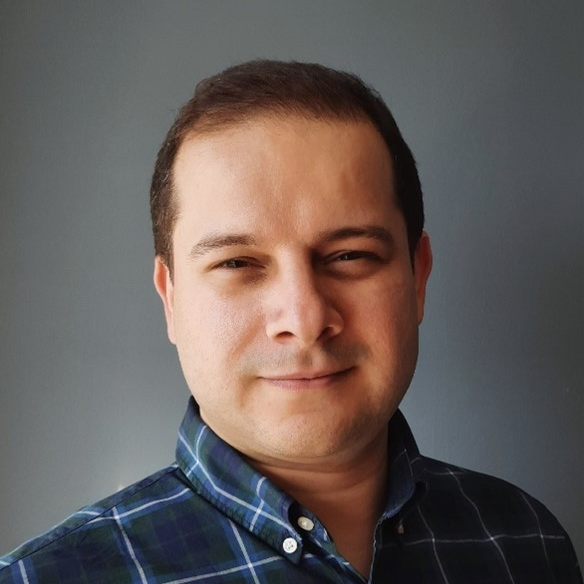
Industry Speaker
HPC Senior Technical Expert
Atos, HPC Division
Dr. Okba HAMITOU is a senior technical expert in HPC at Atos. He holds a PhD in applied mathematics from the University of Grenoble Alpes in France. Focusing on supercomputer users, Okba has been collaborating with customers and partners from several field applications to analyze, qualify, troubleshoot and resolve technical challenges such as application performance analysis, application optimizations and training delivery. He is also involved in many collaborative projects, aiming to prepare the scientific community for the next generation of supercomputers.
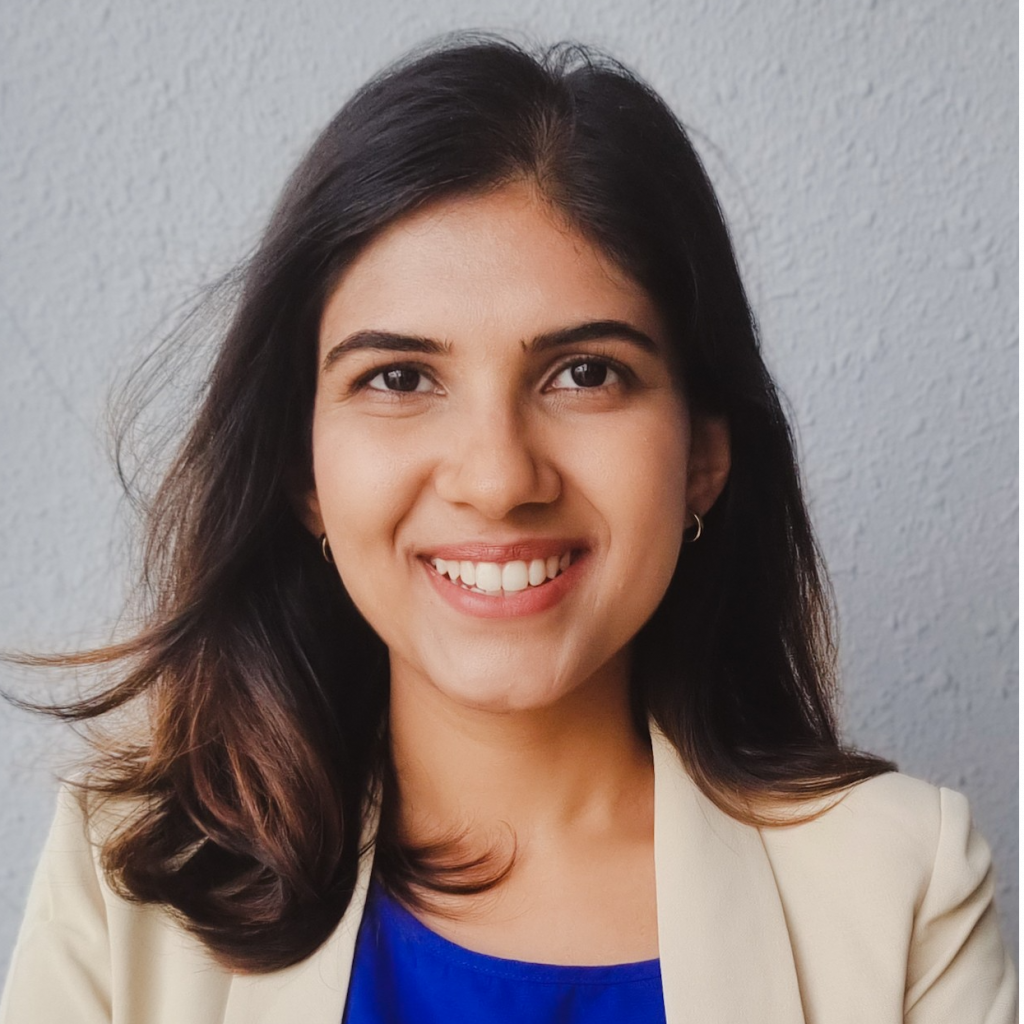
Industry Speaker
Senior Scientist & Solution Architect – Omniverse
NVIDIA
Dr. Pallavi is a researcher in the XR research space and holds a PhD in Human-Computer Interaction and VR from NTU Singapore. She is a senior scientist and solutions architect at NVIDIA AI Technology Center Singapore, where she works to drive research engagements with institutions and research centres, specifically in Omniverse and digital twins.
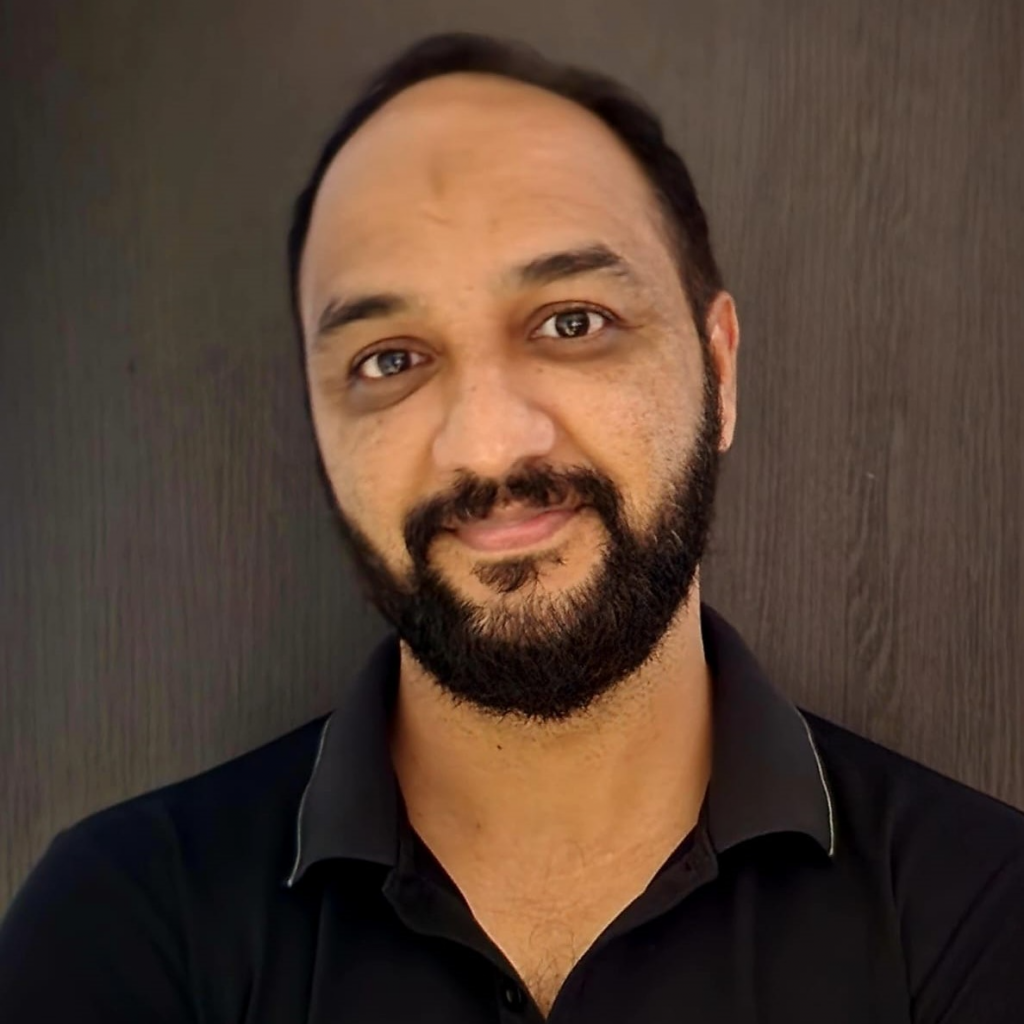
Industry Speaker
Regional Lead, HPC & Cloud – APJ
AMD (Microsoft)
Paul Skaria is a Regional Lead for HPC and Cloud at AMD Singapore for APJ region. He has extensive experience in designing and implementing large scale HPC systems across the region. In his current role he is helping customers building the best solutions for on-perm and cloud workloads with AMD technologies. He holds an MBA and a Master’s degree in Electronics.
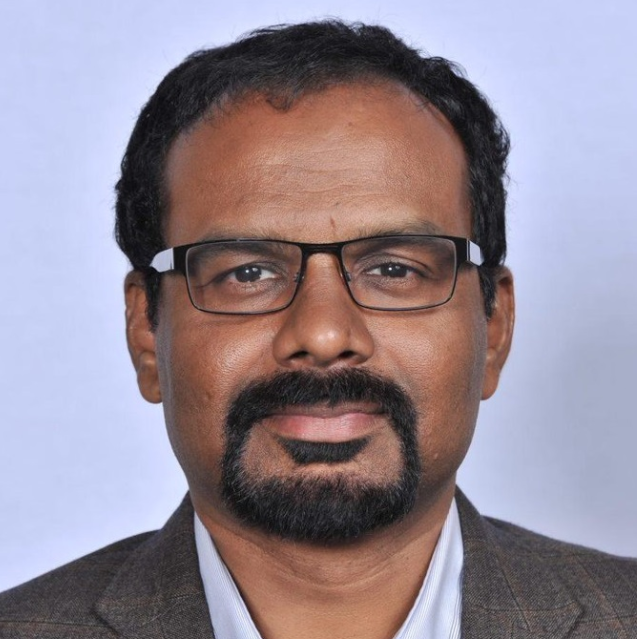
Industry Speaker
Corporate Vice President, Silicon Design Engineering
AMD
Raghu Nambiar is a Corporate Vice President and CTO at AMD where he leads a global engineering team responsible for the strategy, roadmap, and execution for AMD’s datacenter business. Prior to joining AMD, as the CTO of the Cisco UCS business he played an instrumental role in accelerating the growth of Cisco UCS to a top datacenter-compute platform. At Hewlett-Packard, where Raghu spent his early years as a technology leader, he was responsible for several industry-first and disruptive technology solutions and a decade of performance benchmark leadership. He has published more than 75 peer-reviewed papers and book chapters, 15 books in Lecture Series in Computer Science (LNCS) and holds ten patents with several pending. He holds dual Master’s degrees from University of Massachusetts and Goa University, and an advanced management program from Stanford University.”
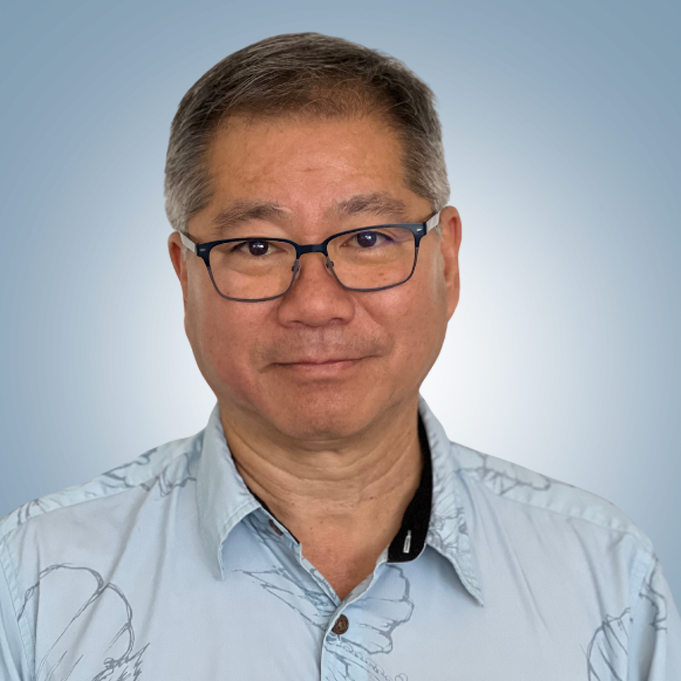
Industry Speaker
Senior Director, Strategic Marketing & Corporate Development
Panasas
Richio Aikawa is an accomplished professional with more than 20 years of experience in the enterprise storage, software, networking, server, operating systems, and cloud platform markets. Previously, he held senior positions at Netlist, Solarflare and Emulex. Aikawa holds a bachelor’s degree in mathematics-system science from the University of California at Los Angeles; a master’s degree in electrical engineering from California State University, Fullerton; and an MBA from the University of Redlands.
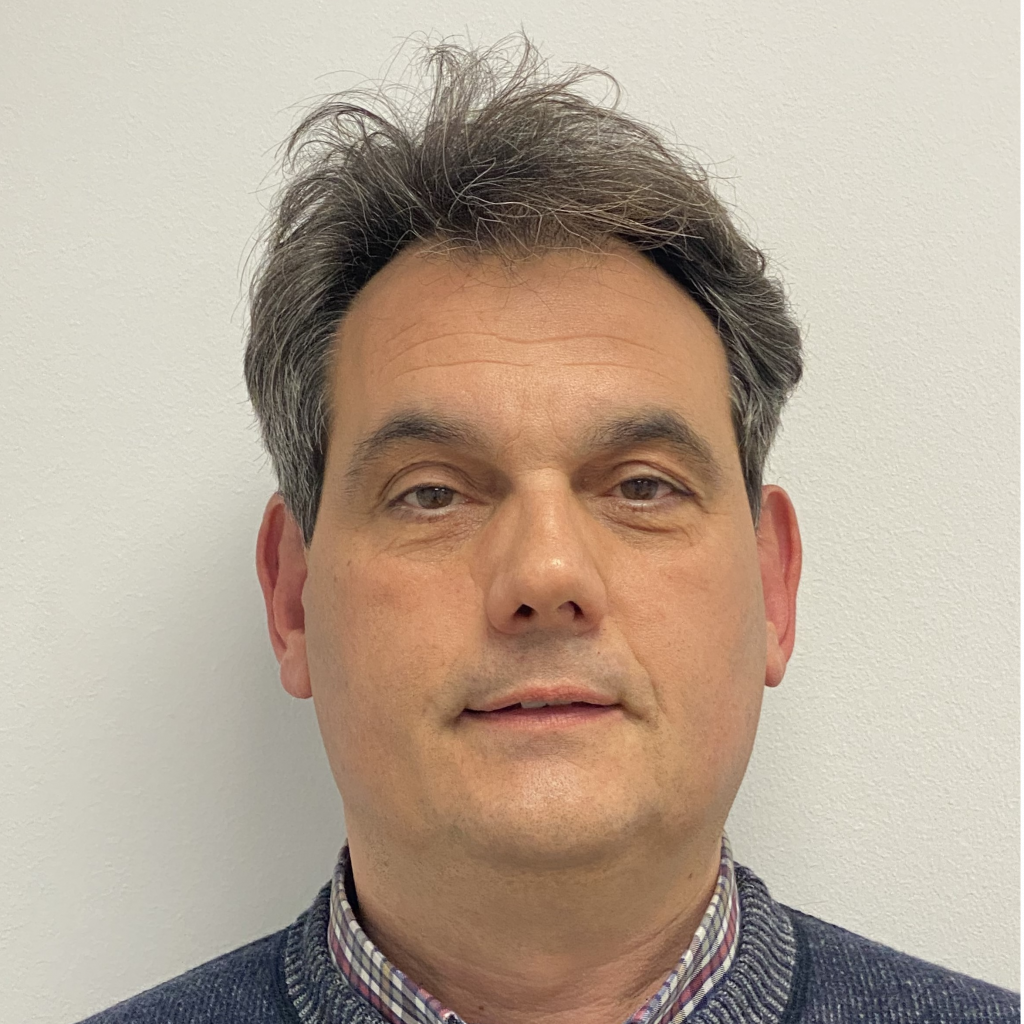
Industry Speaker
Chief Executive Officer
Semidynamics Technology Services
Roger Espasa is the founder and CEO of Semidynamics Technology Services, an IP supplier of two RISC-V cores, Avispado (in-order) and Atrevido (out-of-order) supporting the RISC-V vector extension and Gazzillion misses, both targeted at HPC and Machine Learning. Prior to Semidynamics, Roger was at Broadcom (2014-2016) working on an ARMV8 wide out-of-order core. Previously, Roger worked at Intel (2002-20014) developing a vector extension for the x86 ISA, initially deployed in XeonPhi (Larrabee) which then became AVX-512. Roger also led the texture sampling unit for Larrabee. Roger then worked on Knight’s Landing (14nm) and led the core for Knights Hill (10nm). Between 1999 and 2001 Roger worked for the Alpha Microprocessor Group on a vector extension to the Alpha architecture known as Tarantula. Roger got his PhD from UPC in 1997, has published over 40 peer-reviewed papers on Vector Architectures, Graphics/3D Architecture, Binary translation and optimization, Branch Prediction, and Media ISA Extensions and holds 9 patents with 41 international filings.

Industry Speaker
HPC & AI Subject Matter Expert
Dell Technologies
HPC is more than technology, it is a practice to solve complex problems!”. Romain Bottier is Dell Technologies HPC & AI Subject matter expert for South Asian market, helping our customers to translate real world challenges into HPC platforms that will support their research and business.
Focusing on designing solutions for customers who needs scalable HPC, Data Analytics and AI platforms, across industries and business verticals.
Romain has been involved in the HPC industry for the last 15 years, covering Europe, Middle East and finally Asia Pacific territories, across industries.
Encountering some of the most demanding HPC workloads, from Academics, Energy, Manufacturing, FSI or even Media & Entertainment,
Romain is always looking forward to assist our customer is building state of the art solution to help improve business or drive human progress.
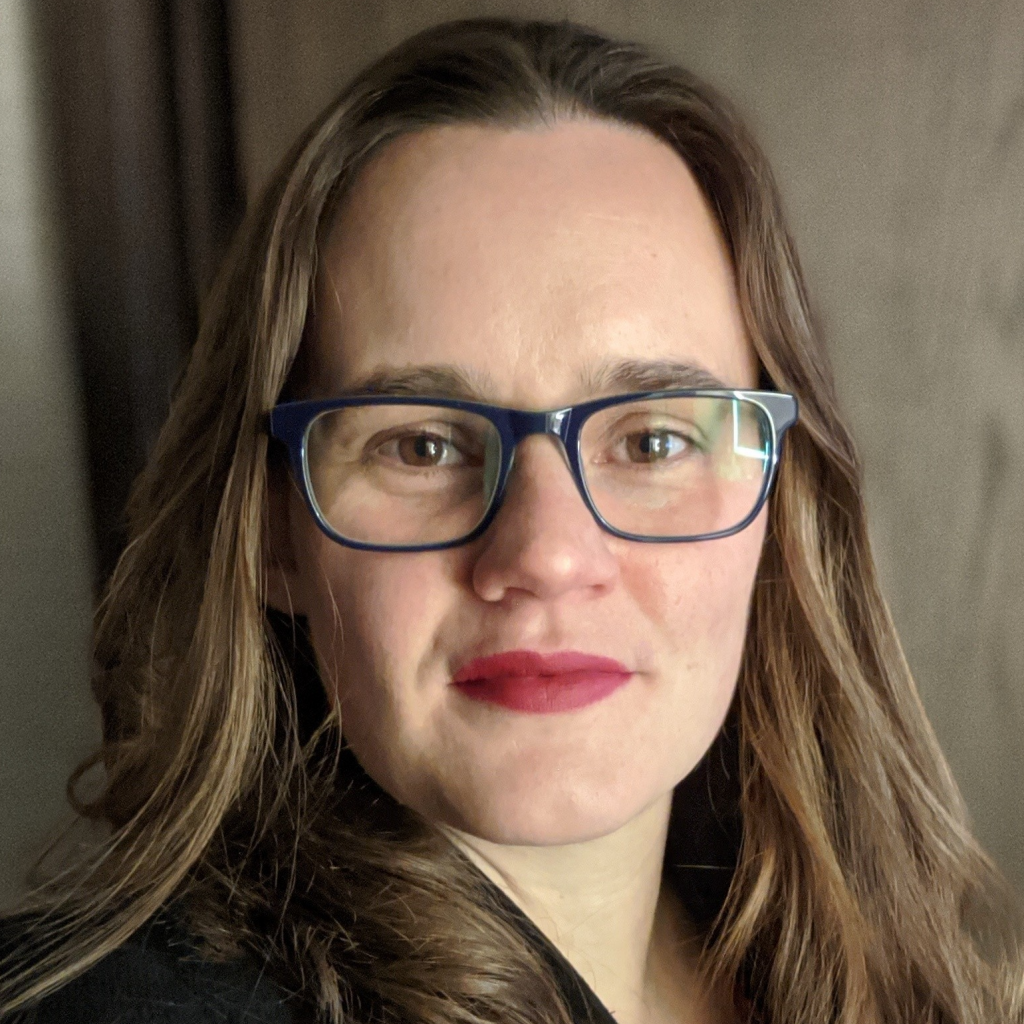
Industry Speaker
Chief Scientist HPC
Altair
Dr Rosemary Francis founded Ellexus, the I/O profiling company, in 2010, and Ellexus was acquired by Altair in 2020. Rosemary obtained her PhD in computer architecture from the University of Cambridge and worked in the semiconductor industry before founding Ellexus. She is now chief scientist for HPC at Altair, responsible for the future roadmap of workload managers Altair® PBS Professional�� and Altair® Grid Engine®. She also continues to manage I/O profiling tools, Altair® Breeze™ and Altair® Mistral™ and is shaping analytics and reporting solutions across Altair’s HPC portfolio. Rosemary is a member of the Raspberry Pi Foundation, an educational charity that promotes access to technology education and digital making. She has two small children and is a keen gardener and windsurfer.
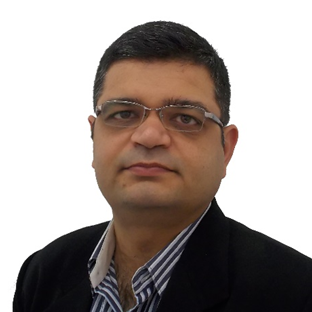
Industry Speaker
Regional Solution Leader, Microsoft Azure – HPC/AI
Microsoft
Sachin Nagpal is the Solution Sales leader for Microsoft’s Azure Global Black Belt team focus on High Performance Computing & Artificial Intelligence in the Asia Pacific region. His charter is to drive technical computing solutions and leading Azure big compute imperatives associated with various industries like Academia, Research, Manufacturing, FSI and Energy. In addition, Sachin is also leading initiatives and developing Azure based solutions by working very closely with key partners and global ISVs.
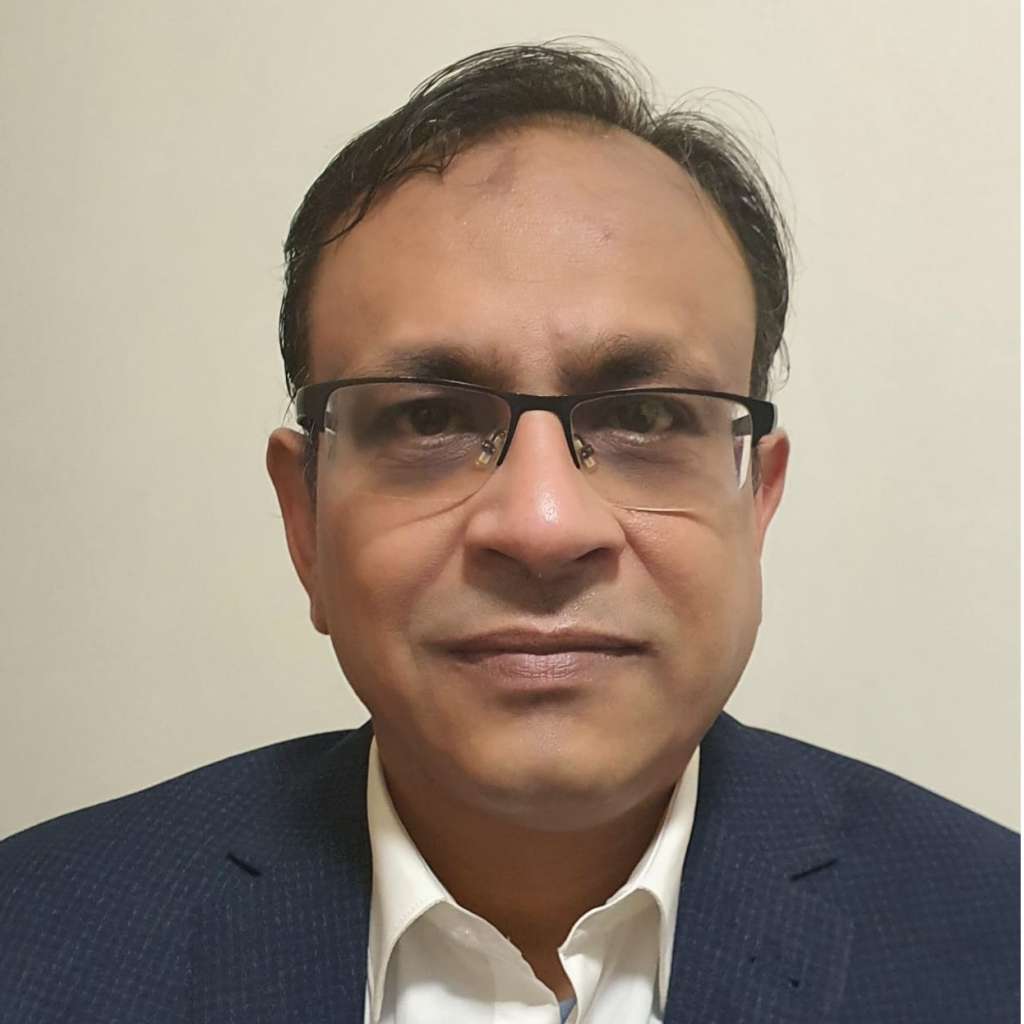
Industry Speaker
Chief Executive Officer & Director
Netweb Pte. Ltd.
A data science enthusiast with over 27 years of experience, Sandeep Lodha serves as a Co-Founder and Director for Singapore-based IT Solutions company Netweb Pte Ltd.
A Management Graduate, he has spearheaded high-value projects in Enterprise computing, Cloud, and HPC for Netweb across the world.
Prior to this, Sandeep served as the head of Sales & Marketing for Netweb Technologies, India. During his tenure, he accomplished major milestones for the company.
Sandeep Lodha also serves as a founder and board member for the Tyrone Foundation. An initiative to make quality education available to the weaker sections of society in India.
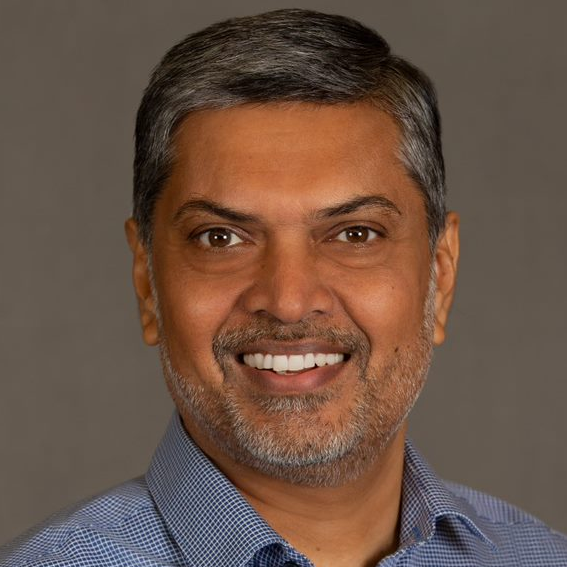
Industry Speaker
Senior Director: Advisory, Professional Services & Greenlake Cloud Services, Asia Pacific
HPE
Shankar Raghavan is Head of the Practice for HPE Advisory, Professional Services & Consumption services (Greenlake Cloud Services) in Asia Pacific region
In his role Shankar is responsible for driving portfolio growth and market share for HPE Services. He is responsible for creating and driving market ready solutions and GTM (Go-To-Market) for HPE’s Services portfolio in the region.
The Practice focuses in delivering outcomes and aaS consumption models to Enterprise Customers across the region. The Edge to Cloud approach includes Hybrid Cloud Adoption, Platform Modernization, Private & Hybrid Cloud Build, Manage and Operate. Delivering Cloud Ready Networks, Secure Data & AI Platforms and solutions for the Digital workspace.
Shankar has over 25 years of professional experience of which 20 years have been at HP. Prior to leading the Asia Pacific Region, he has held senior positions in India managing the Services business and driving solutions for vertical Industries like Financial Services, Service Provider, Manufacturing and Public Sector.
Shankar is a Post Graduate in Business Administration from The Indian Institute of Management – Bangalore- India and has done his Bachelor’s in Electronics Engineering from the College of Engineering – Anna University, Chennai – India.
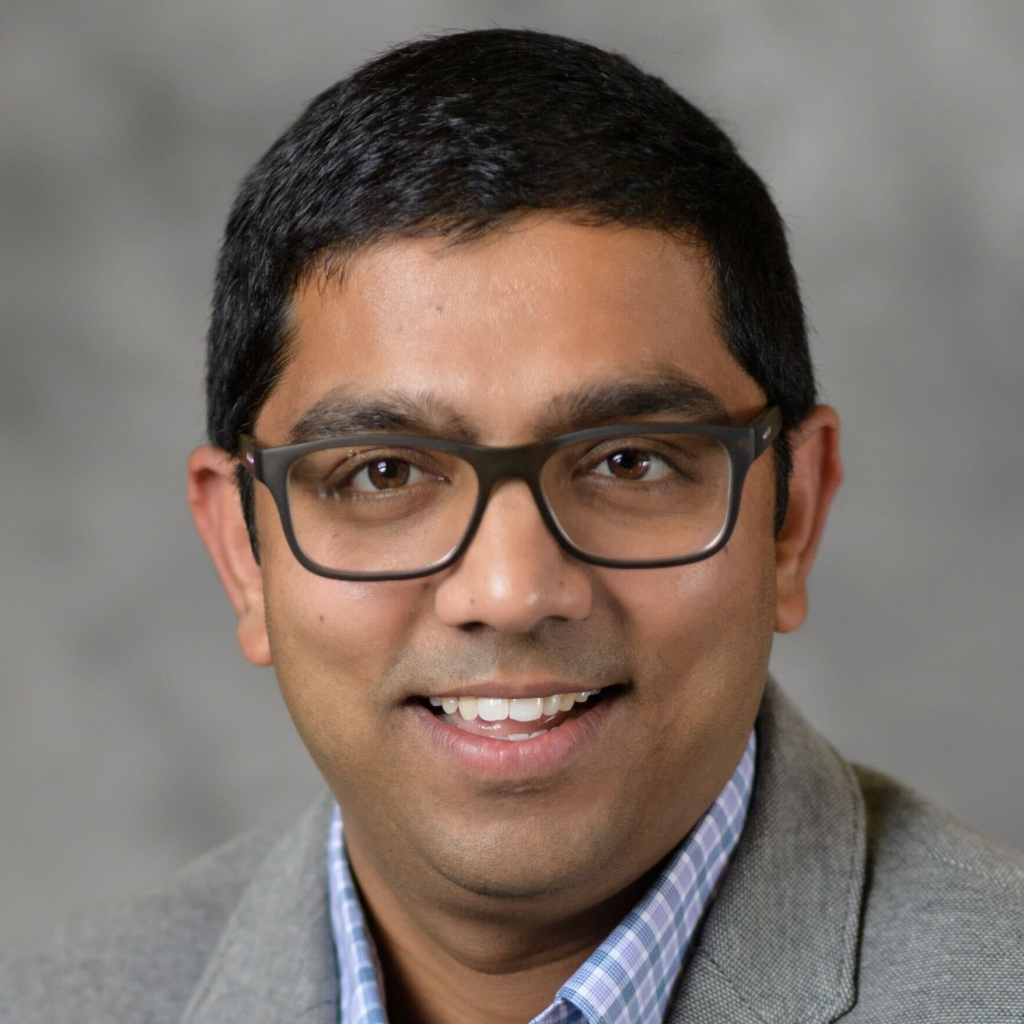
Industry Speaker
Head of GTM, HPC and Accelerated Computing
Amazon Web Services (AWS)
Srinivas Tadepalli is the Head of WW GTM Strategy for High Performance Computing (HPC) and Accelerated Computing (AC) at AWS. In his current role, he is responsible for strategic business development and building comprehensive Go-To-Market Strategy for High Performance Computing and Accelerated Computing workloads across both public and commercial sector. He has been at AWS for over 3 years and prior to that, he was at Dassault Systemes heading their Simulation on the cloud product and GTM Strategy. He has over 2 decades of Modeling and Simulation experience and holds a Ph.D. in Bioengineering.
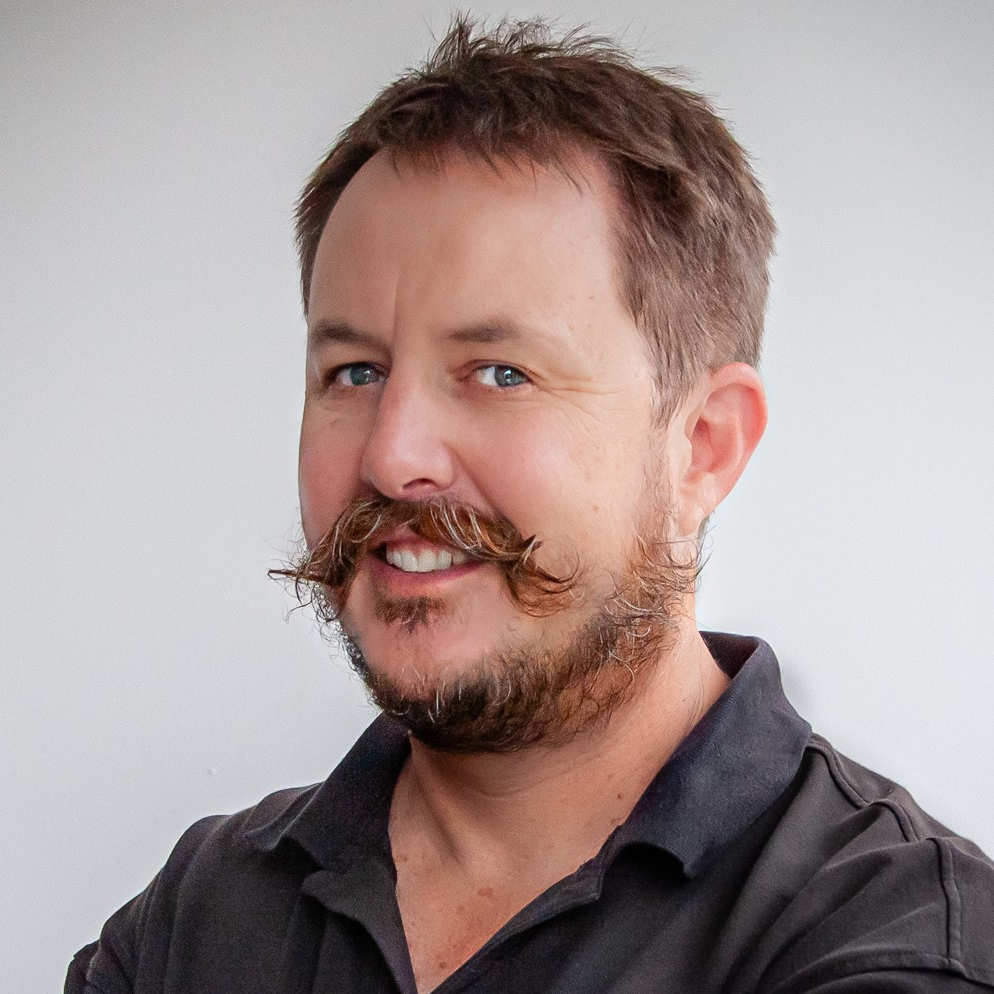
Industry Speaker
Chief Information Officer
DUG Technology
Stuart is DUG’s Chief Information Officer and self-confessed supercomputing evangelist. Stuart has a PhD in Theoretical Physics, and almost 30 years expertise in high-performance and cloud computing as a user, application developer, tool developer, system administrator, system architect and general HPC addict. Stuart designed and developed the patented, immersion-cooling technology, known as DUG Cool which has a climate positive impact on the ESG footprint and was also instrumental in the construction of DUG’s supercomputer facilities and DUG HPC platform across 4 continents.
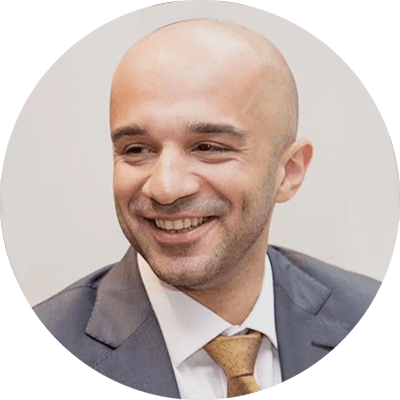
Industry Speaker
Sales Director – APAC Manufacturing & Distribution Solution Sales
HPE
Tariq has a breadth of international engineering, product management, sales and segment management experience across Canada, China, Hong Kong, Singapore and ASEAN countries. Currently, as the APAC Lead for Manufacturing & Distribution Industry (MDI) Vertical for Hewlett Packard Enterprise (HPE), Tariq leads the industry vertical sales planning, execution, solutions and overall vertical go-to-market (GTM) strategy . He evangelizes solutions for Industry 4.0, Artificial Intelligence, Big Data, Hybrid Cloud and High-Performance Computing (HPC). Tariq works closely with product managers, ISVs, system integrators and eco-system partners to help customers manage costs, sustain operations, improve sustainability and fuel innovation through HPE GreenLake.
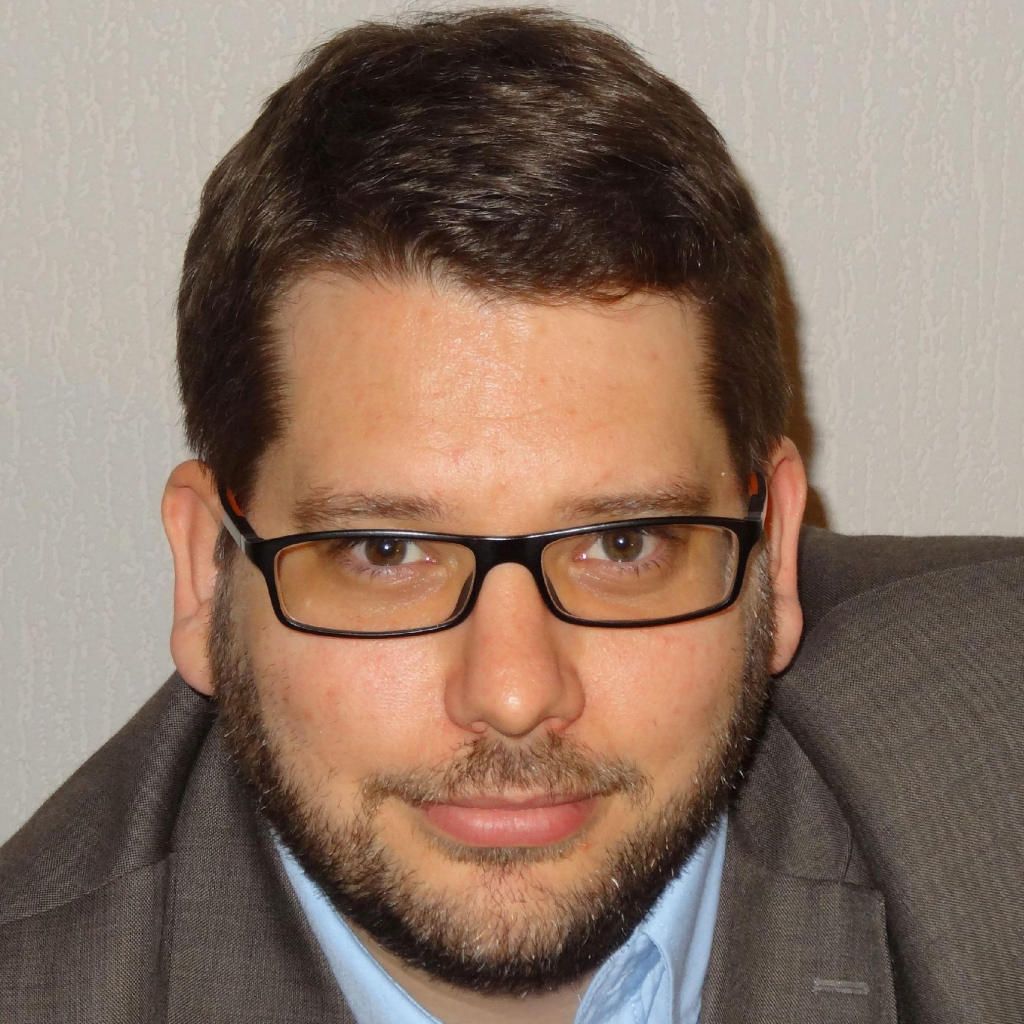
Industry Speaker
Director, Business Development, Datacenter GPU
AMD
15+ years of experience in semiconductors from chip design through to sales and marketing roles in both large multinationals like Texas Instruments through to EDA and chip design startups.
Now engaged in helping HPC and AI customers across the world discover the performance and power efficiency benefits of AMD Instinct DCGPU technology.
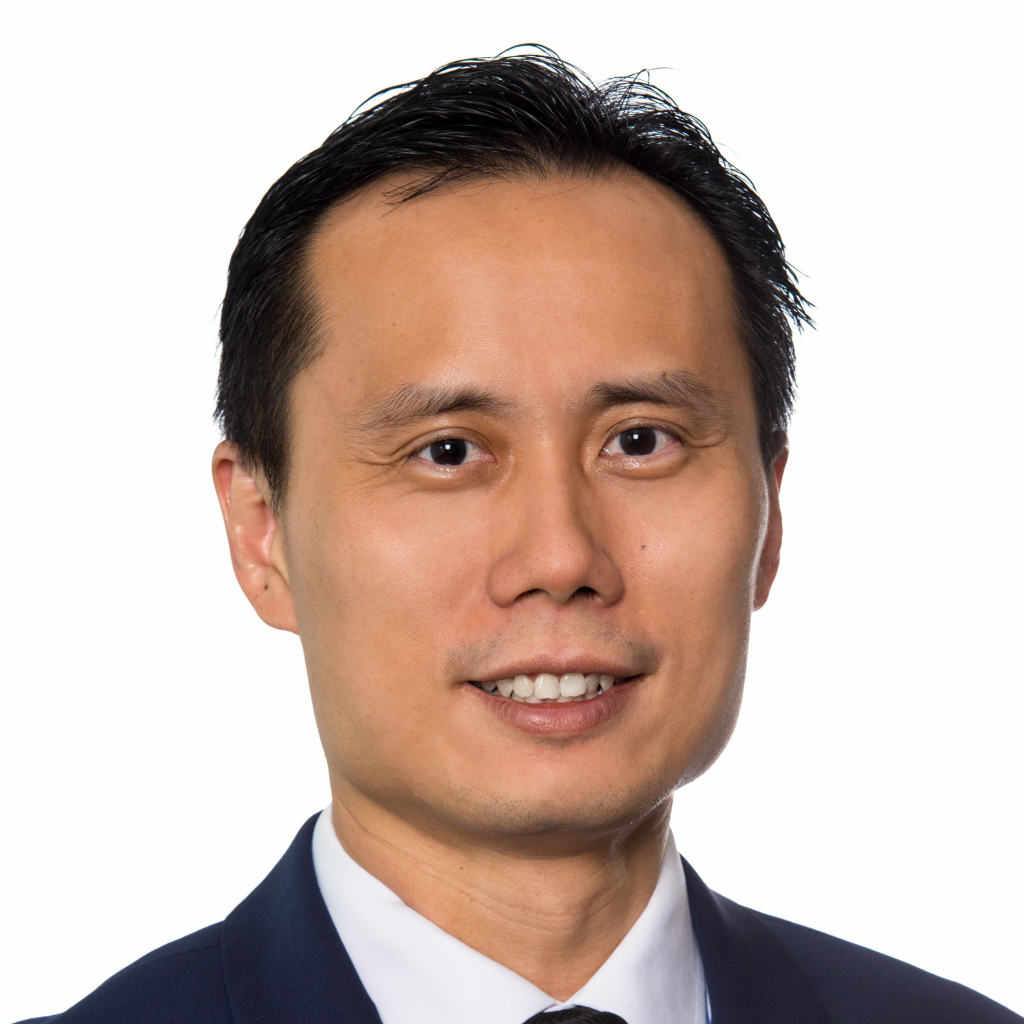
Industry Speaker
Head of Uvance Offerings, ASEAN CTO
Fujitsu Asia
Ker Yang brings with him more than 8 years of experience in digital business and currently leads Fujitsu Uvance Global Offerings Portfolio in the ASEAN and India region. He has supported many customers in their digital transformation and innovation journeys with Fujitsu Verticals and Horizontals Services Offerings.
Concurrently, he also manages ASEAN and India’s technology roadmaps as ASEAN Chief Technology Officer. His current technology focus areas include computing, network, data & security, AI, and converging technologies.
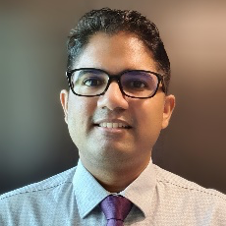
Industry Speaker
Principal Industry Manager at MathWorks
TechSource
Vineet Jacob Kuruvilla, Ph. D., is the Principal Industry Manager at MathWorks. He works closely with innovation leaders in ASEAN to nurture and advance the adoption of MathWorks products and Model-Based Design methodology. He has over twelve years of experience in R&D in robotics for industries ranging from healthcare, manufacturing and arts.
Vineet has a Bachelor’s Degree in Electronics and Communication Engineering from the Cochin University of Science and Technology, India. He received his PhD from Nanyang Technological University in medical robotics, focused on robotics system control and computer vision.
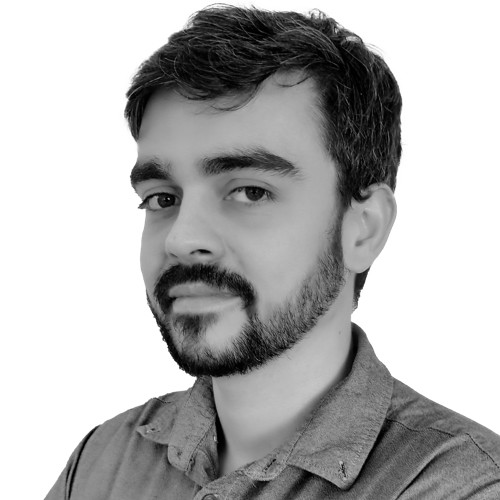
Industry Speaker
Quantum Applications Engineer
PASQAL
He holds two engineering degrees: one in Industrial Engineering and another in Computer Engineering. He also holds a Master’s Degree in Models and Algorithms for Decision Support and a Ph.D. degree in Computer Science with an emphasis on Operations Research (Applied Mathematics). He is currently working as a Quantum Applications Engineer at PASQAL, where he helps the R&D team in developing innovative algorithms to extend the field of applications of PASQAL’s Quantum Computers. His work is mainly on Quantum Optimization and related applications.
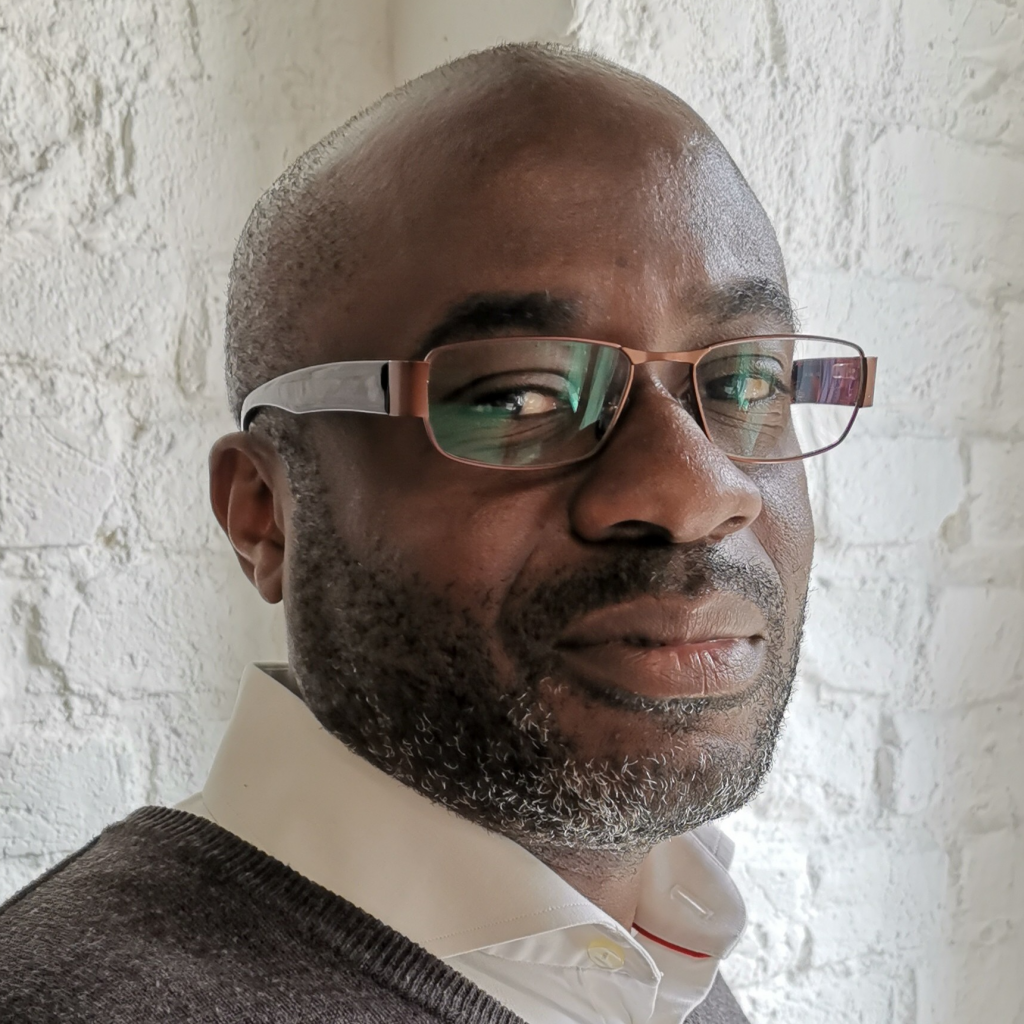
Industry Speaker
Global Director, HPC Professional Services
Lenovo
Wil has worked in the HPC vertical for many decades. In that time, he has managed and led geographically dispersed teams to deploy some of the world’s largest and most complex HPC systems. With a background in software engineering and solution architecture, Wil has also been involved with R&D departments worldwide to engineer and deliver leading-edge solutions for the increasing adoption of HPC, which has led to acquiring patents on the way.
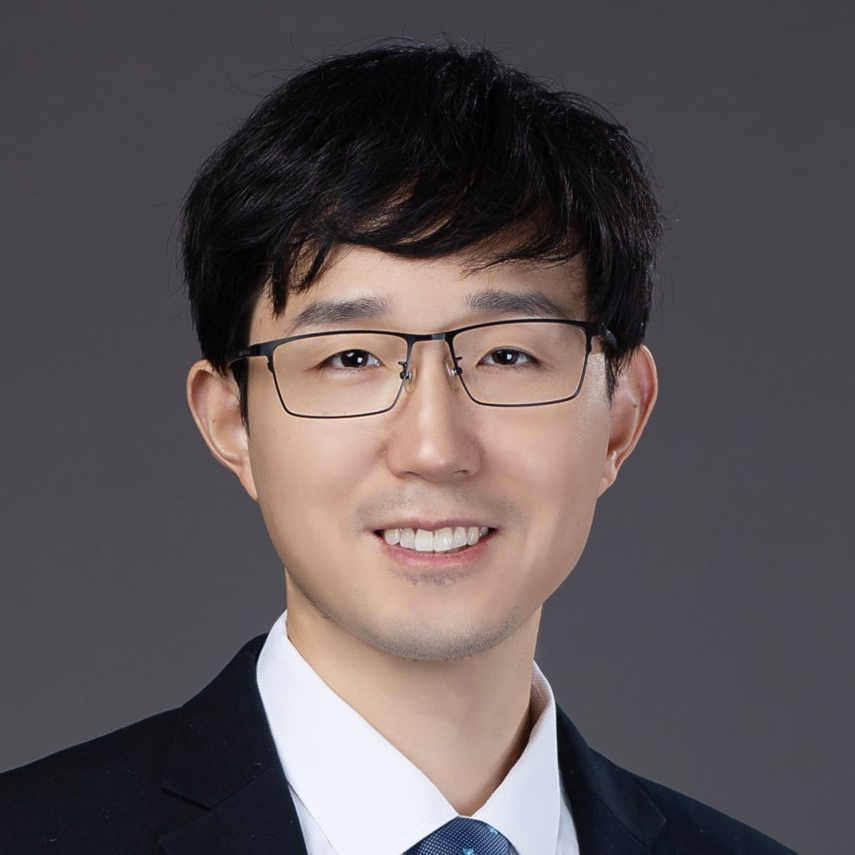
Industry Speaker
Presidential Young Professor
National University of Singapore, HPC AI Technology Pte. Ltd.
Prof. Yang You is a Presidential Young Professor at the National University of Singapore. He received his Ph.D. in Computer Science from UC Berkeley. The focus of his current research is scaling up deep neural networks training on distributed systems or supercomputers. In 2017, his team broke the world record of ImageNet training speed, which was covered by the technology media like NSF, ScienceDaily, Science NewsLine, and i-programmer. In 2019, his team broke the world record of BERT training speed. The BERT training techniques have been used by many tech giants like Google, Microsoft, and NVIDIA. Yang You’s LARS and LAMB optimizers are available in industry benchmark MLPerf. He is a winner of IPDPS 2015 Best Paper Award (0.8%), ICPP 2018 Best Paper Award (0.3%) and ACM/IEEE George Michael HPC Fellowship. Yang You is a Siebel Scholar and a winner of Lotfi A. Zadeh Prize. Yang You was nominated by UC Berkeley for ACM Doctoral Dissertation Award (2 out of 81 Berkeley EECS PhD students graduated in 2020). He also made Forbes 30 Under 30 Asia list (2021) for young leaders and IEEE-CS TCHPC early career award. More about Prof. Yang You is available here: https://www.comp.nus.edu.sg/~youy/.
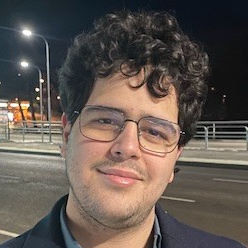
HPC ASIA 2023
PhD Student
KTH Royal Institute of Technology, Sweden
Daniel Medeiros is a doctoral student at KTH Royal Institute of Technology and researches converged technologies for the HPC and cloud domains, with a focus on container orchestration and IO.
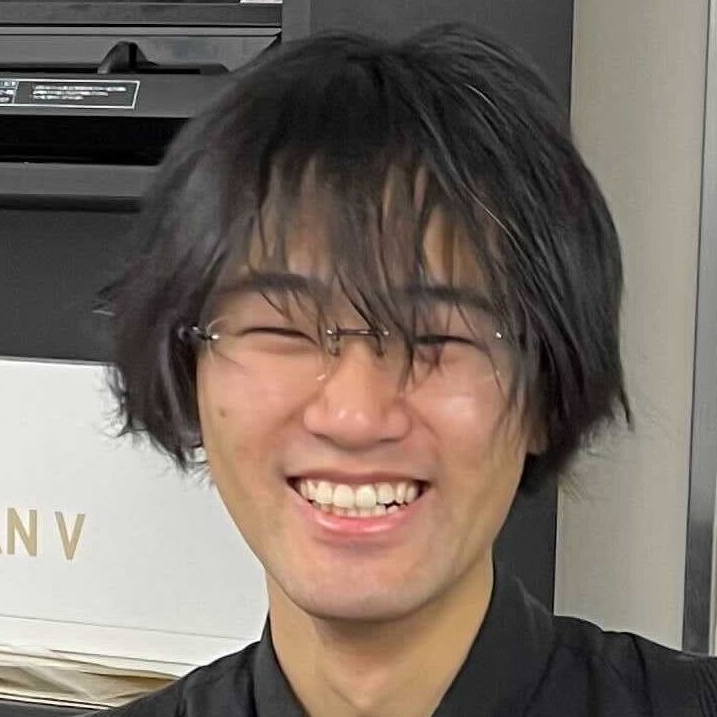
HPC ASIA 2023
PhD Student
Tokyo Institute of Technology, Japan
Hiroyuki Ootomo is a Ph.D. student at Tokyo Institute of Technology and studying under Dr. Rio Yokota. His research interests lie in high performance computing, especially mixed-precision computing using special hardware, randomized numerical linear algebra, and quantum circuit simulation. His current work is on a fast and high-accuracy GEMM on NVIDIA Tensor Cores and its application.
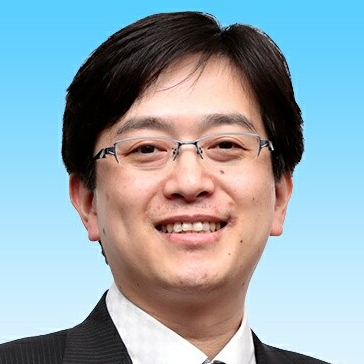
HPC ASIA 2023
Team Leader, Processor Research Team
RIKEN, Center for Computational Science (R-CCS)
Kentaro Sano is the team leader of the processor research team at RIKEN Center for Computational Science (R-CCS) since 2017, responsible for research and development of future high-performance processors and systems. He is also a visiting professor with an advanced computing system laboratory at Tohoku University. He received his Ph.D. from the graduate school of information sciences, Tohoku University, in 2000. From 2000 until 2018, he was a Research Associate and an Associate Professor at Tohoku University. He was a visiting researcher at the Department of Computing, Imperial College, London, and Maxeler Technology corporation in 2006 and 2007. His research interests include data-driven and spatial-parallel processor architectures such as a coarse-grain reconfigurable array (CGRA), FPGA-based high-performance reconfigurable computing, high-level synthesis compilers and tools for reconfigurable custom computing machines, and system architectures for next-generation supercomputing based on the data-flow computing model.
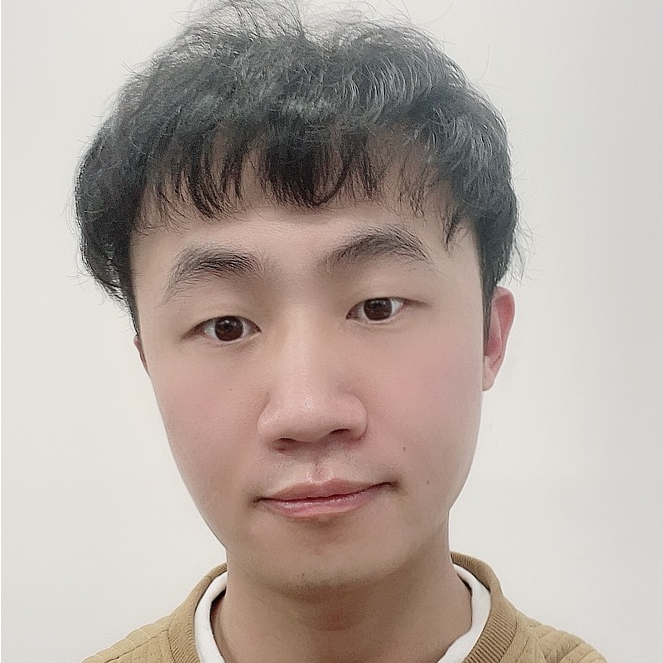
HPC ASIA 2023
PhD Student
The University of Tokyo, Japan
Le Li is PhD student in the Graduate School of Information Science and Technology at The University of Tokyo. He did his undergraduate study in software engineering and has been working in high-performance computing for over 6 years. His most recent work has been in the application of parallel techniques to data analytics. His past academic research was about the power-efficient resource management of supercomputers and the acceleration of deep neural networks.
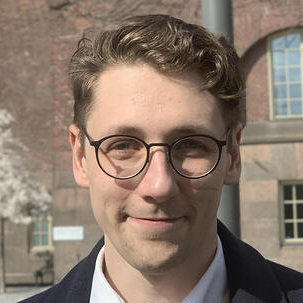
HPC ASIA 2023
PhD Student
KTH Royal Institute of Technology, Sweden
Måns is a Ph.D. student in High-Performance Computing at KTH Royal Institute of Technology’s School for Electrical Engineering and Computer Science. He is pursuing research on accelerating simulations in Scientific Computing with parallel computing and accelerators, focusing on methods in Computational Electromagnetics.

HPC ASIA 2023
Professor of Faculty of Science and Technology, Team Leader
Keio University, RIKEN Center for Computational Science, Japan
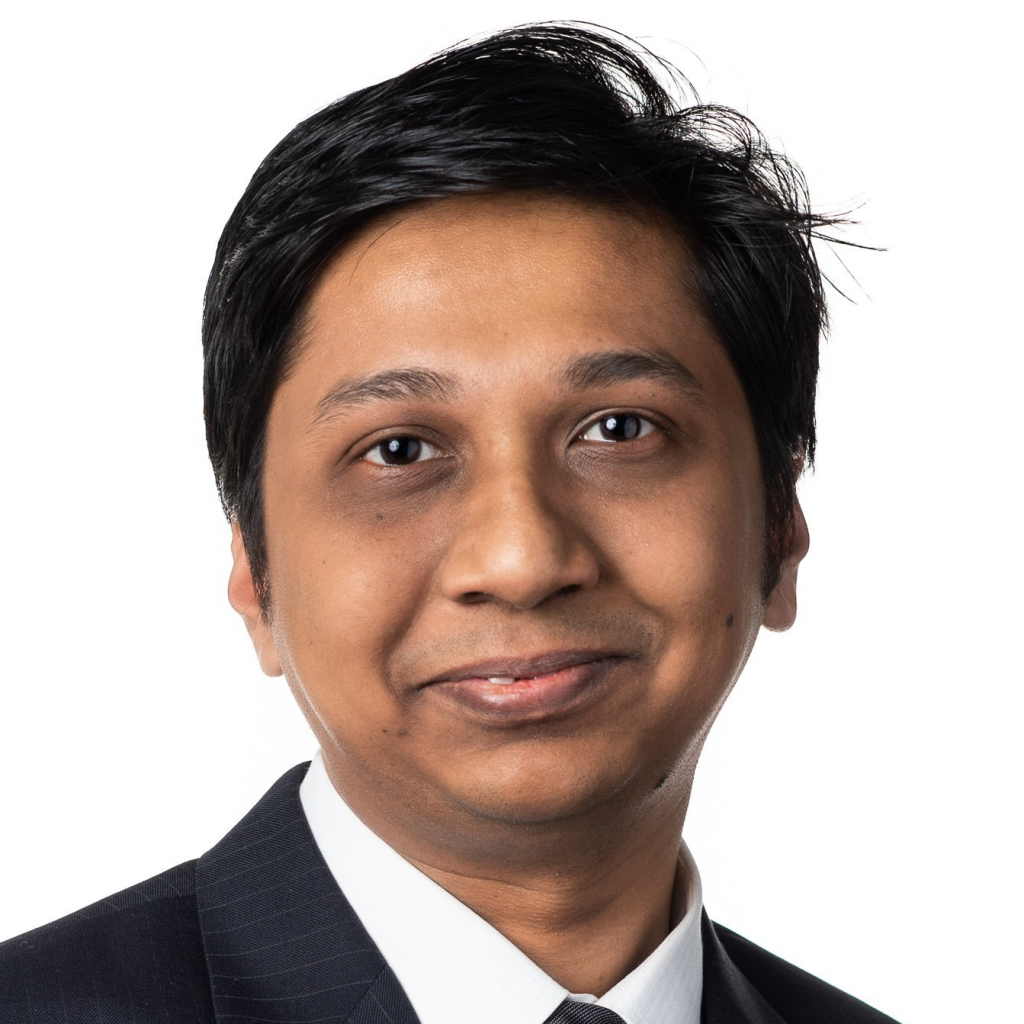
HPC ASIA 2023
Assistant Professor
Oakland University, USA
Md Atiqul Mollah is an assistant professor of Computer Science at Oakland University, Michigan. He graduated with a bachelor’s degree in Computer Science and Engineering from Bangladesh University of Engineering and Technology and went on to work as a quantitative software developer for a year. He received his master’s and doctoral Degrees – both in Computer Science – from Florida State University. Atiqul’s research interests include modeling, control, and optimization of network flows, as well as scalability analysis for high-performance computing and data center systems.
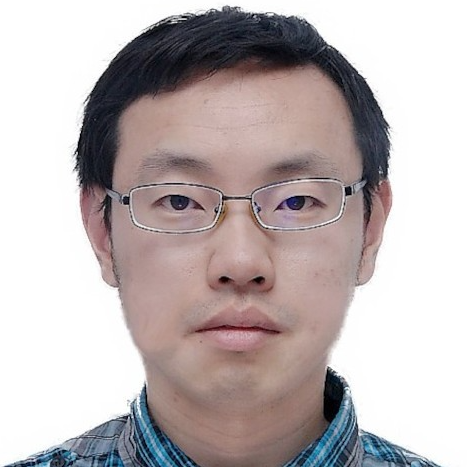
HPC ASIA 2023
Associate Professor
Fudan University
Meiyue Shao is an associate professor in School of Data Science at Fudan University. He received his Ph.D. in mathematics from EPF Lausanne in 2014. Before joining Fudan University in 2019, he worked in Computational Research Division at Lawrence Berkeley National Laboratory as a postdoc fellow and a project scientist in succession. His research interests include numerical linear, high performance computing, and quantum mechanics calculations.
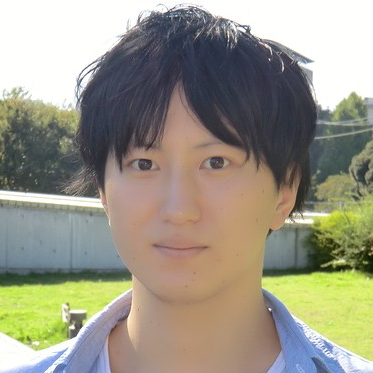
HPC ASIA 2023
Assistant Professor
Center for Computational Sciences, University of Tsukuba, Japan
Ryohei Kobayashi received his Ph.D. degree from Tokyo Institute of Technology, Japan in 2016. He is an assistant professor of Center for Computational Sciences, University of Tsukuba, Japan. His research interests include GPU–FPGA-accelerated computing and FPGA systems for high performance computing. He is a member of the IPSJ, IEICE, IEEE, and ACM.

HPC ASIA 2023
Project Professor
Information Technology Center, The University of Tokyo, Japan
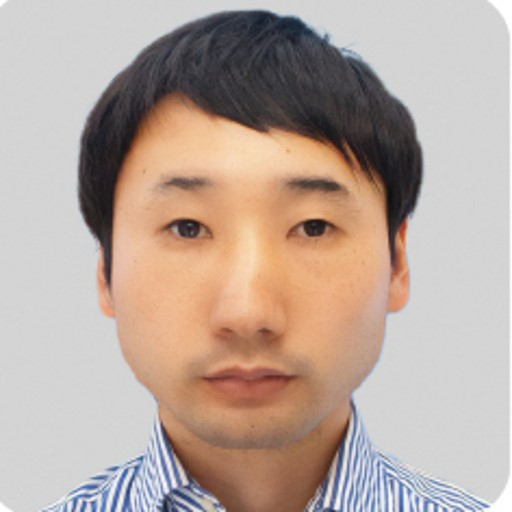
HPC ASIA 2023
PhD Student
Prometech Software, Inc. / Tokyo Institute of Technology, Japan
Shohei Minami is a high performance computing system engineer at Prometech Software, Inc. and doctoral student at the School of Computing of Tokyo Institute of Technology. His research interests include user-first high performance computing systems, including an easy introduction to the industry via a web interface or efficient scheduling for various users. He engaged in software (compiler) development of Supercomputer Fugaku ranked first in the TOP500 for the fourth consecutive season in a previous job. He received master’s and bachelor’s degrees in aerospace engineering from Tohoku University (2017, 2015).
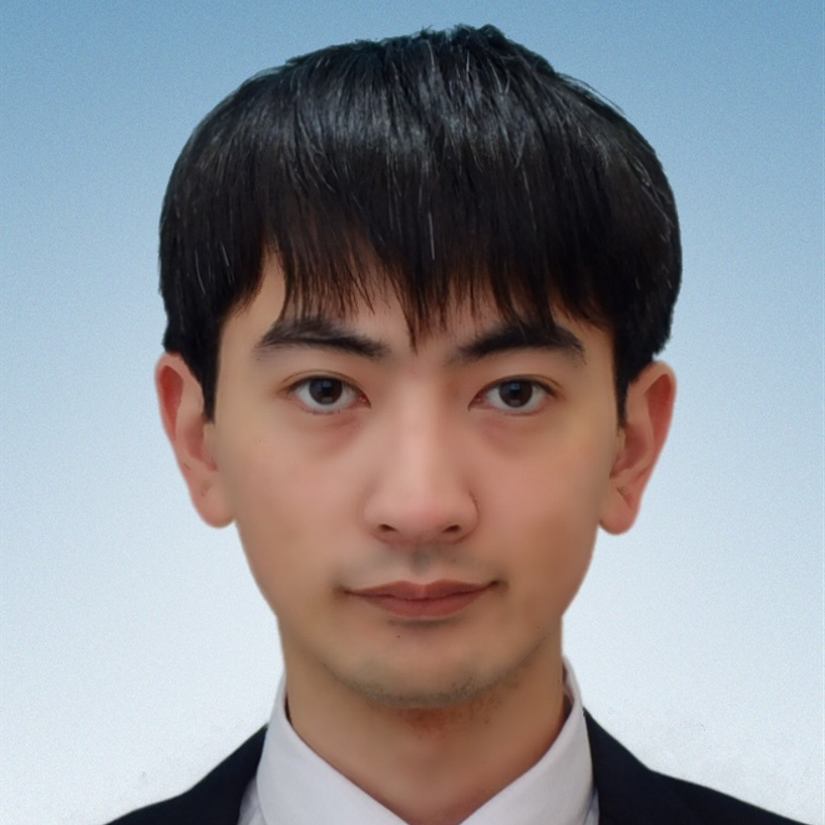
HPC ASIA 2023
Student
Graduate School of Engineering, Kogakuin University, Tokyo, Japan
April 1, 2017 – March 31, 2021 Faculty of Informatics, Kogakuin University
April 1, 2021 – Present Graduate School of Engineering, Kogakuin University
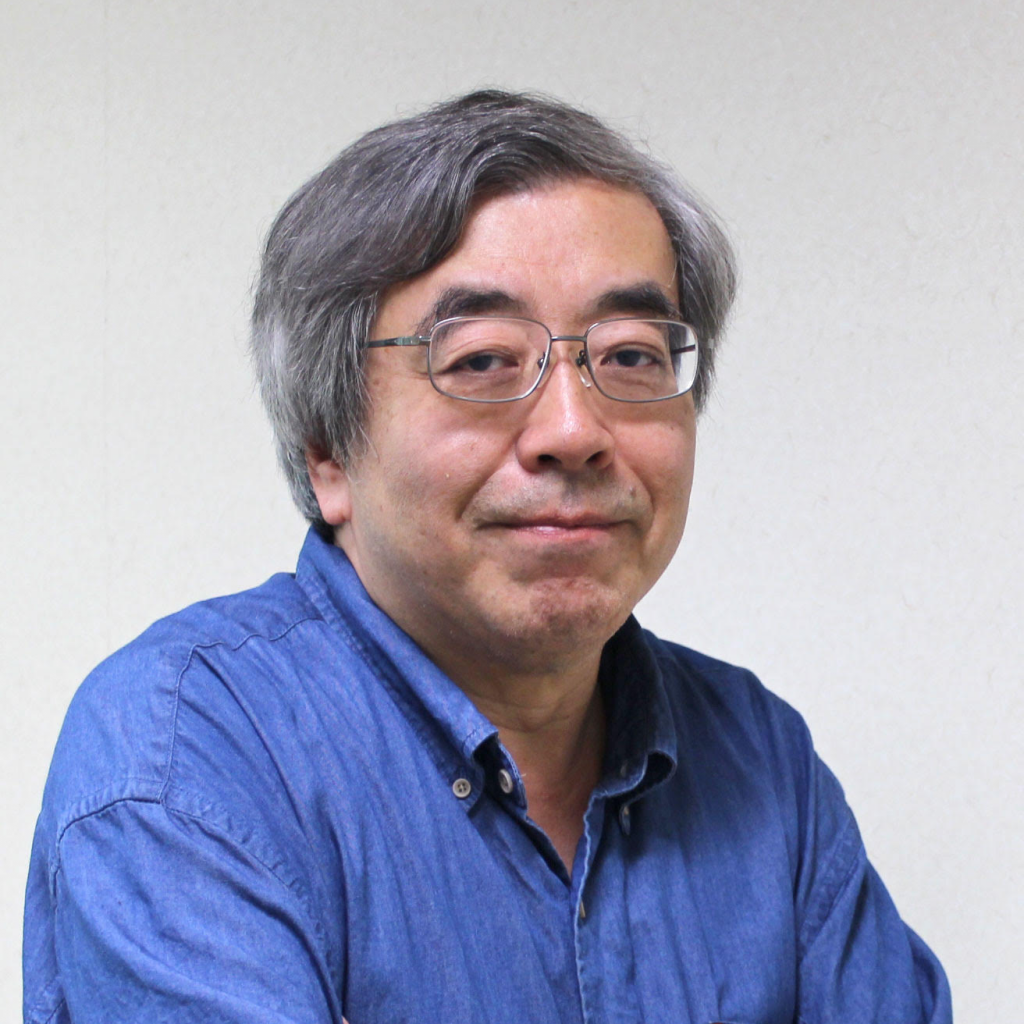
HPC ASIA 2023
Director & Professor
Center for Computational Sciences, University of Tsukuba, Japan

HPC ASIA 2023
PhD Student
Graduate School of Science and Technology, University of Tsukuba, Japan
Takuya Edamatsu received the BE and ME degrees in computer science from the University of Tsukuba, Tsukuba, Japan, in 2018 and 2020, respectively, where he is currently working toward the Ph.D. degree. His research interests include high-performance computing and computer arithmetic.

HPC ASIA 2023
Professor Supercomputing Research Division, Information Technology Center
The University of Tokyo, Japan
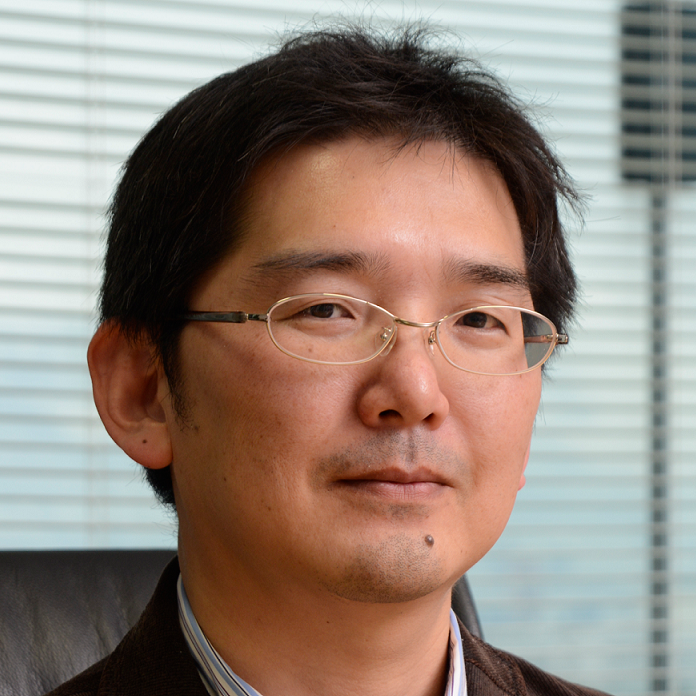
HPC ASIA 2023
Team Leader of Large-scale Parallel Numerical Computing Technology Team
RIKEN Center for Computational Science (R-CCS), Japan
Toshiyuki Imamura is a team leader of Large-scale Parallel Numerical Computing Technology Team at RIKEN Center for Computational Science and is responsible for developing numerical libraries on Fugaku. He received his Diploma and Doctorate in Applied Systems and Sciences from Kyoto University in 1993 and 2000. He was a Researcher at CCSE, JAERI (1996-2003), a visiting scientist at HLRS (University of Stuttgart, Germany) (2002), and an associate professor at the University of Electro-Communications (2003-2012). His research interests include HPC, autotuning technology, and parallel eigenvalue computation. His research group won the HPL-MpX in 4 consecutive periods (2020-20211) and was nominated as one of the finalists of the Gordon Bell Prize in SC05, SC06, and SC20.
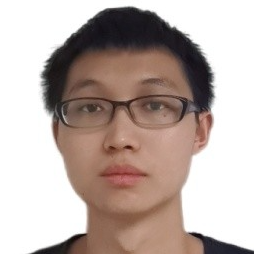
HPC ASIA 2023
PhD Student
Graduate School of Chinese Academy of Engineering Physics
Lei Xiaojun is a second-year PhD student at the Graduate School of China Academy of Engineering Physics, majoring in computational Mathematics. His research direction is theory and method of high-precision floating-point operation, region decomposition combined with neural network solving PDE.
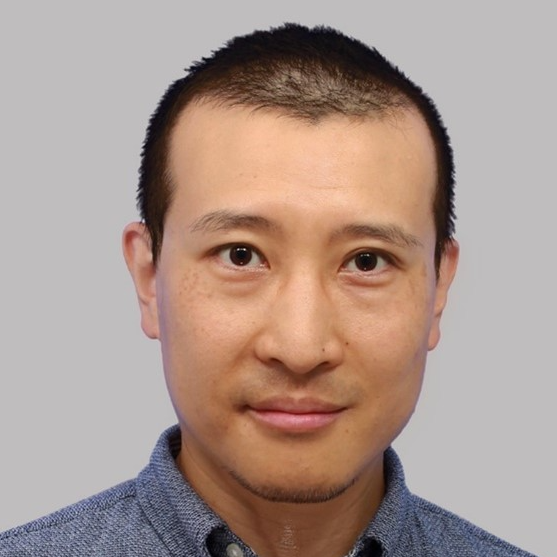
HPC ASIA 2023
Lecturer
Keio University, Japan
Yuan is a lecturer in the Faculty of Science and Technology, Keio University, Japan and an adjunct associate professor at the School of Information Science and Engineering, Shenyang University of Technology, China. He received his Ph.D. from The University of Tokyo, Japan in 2014, M.E. with First Class Honours and B.Sc. from the University of Auckland, New Zealand in 2009 and 2005, respectively. His research interests include computer architecture, domain-specific accelerations and in-memory processing. He is a member of the ACM, CCF, IEEE and IEICE.
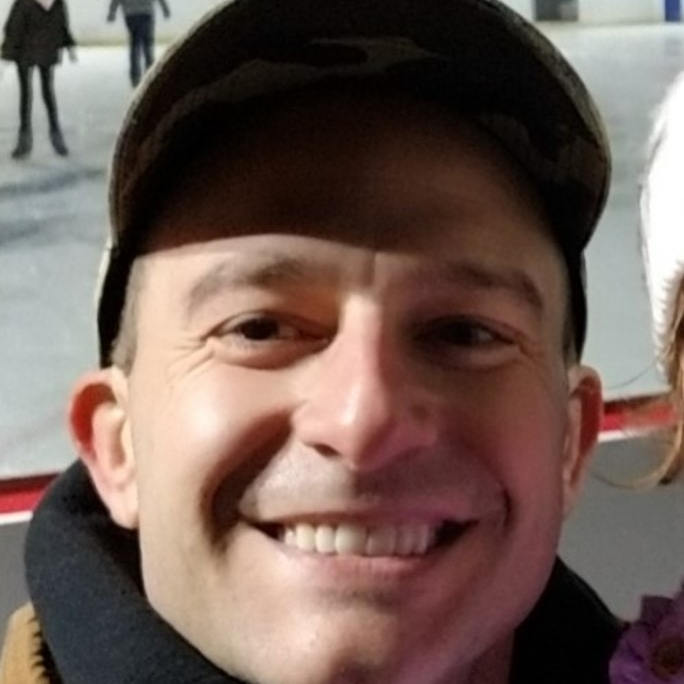
International Workshop on Intel eXtreme Performance Users Group
Senior Performance Engineer
Cornelis Networks
James is a Senior Research Scientist at Cornelis Networks. He has a Master’s degree in Aerospace Engineering with a focus on computational aeroacoustics. He has been working with Omni-Path Architecture starting with pre-silicon at Intel, through product launch and adoption, and now through new life at Cornelis Networks and into the next generation. His HPC background began as a research scientist writing CFD code using Large Eddy Simulations to predict high speed jet noise, and scaling runs on very large HPC systems. His focus now is on application analysis and performance optimization across different hardware and software environments.
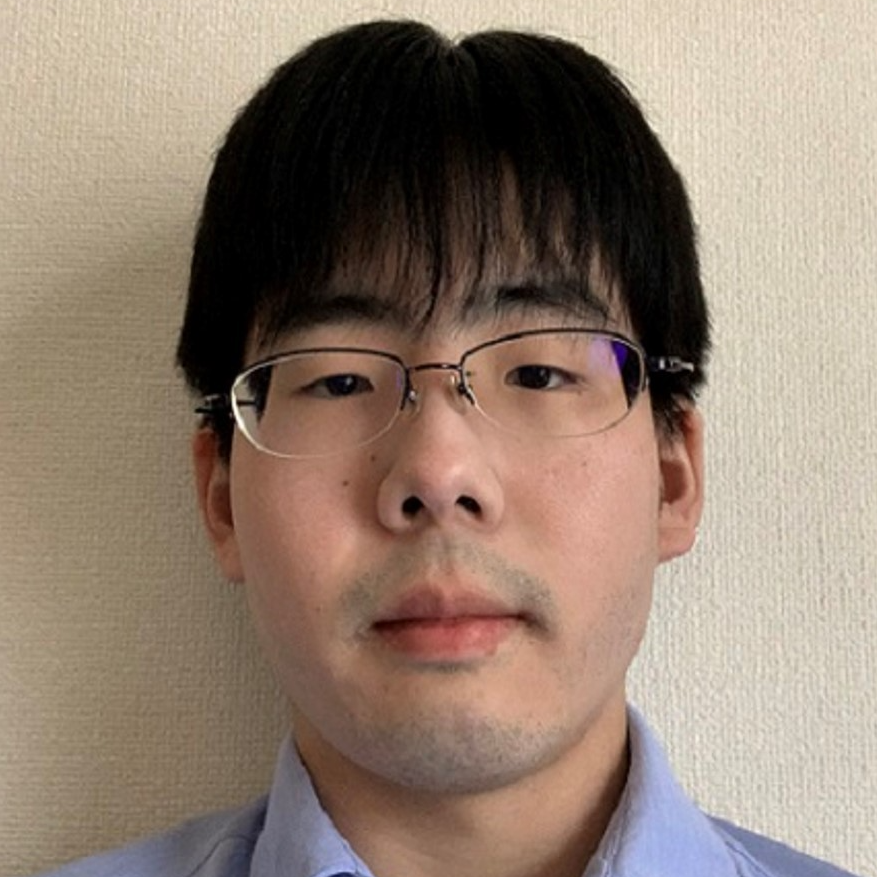
International Workshop on Intel eXtreme Performance Users Group
Master’s Student
University of Tsukuba
Mr. Kohei Kikuchi was born in Miyagi, Japan, in 1998. He received Bachelor’s degree in information engineering from the University of Tsukuba, Japan, in 2021. Since 2021, he has been a student of Master’s Program in Computer Science, Degree Programs in Systems and Information Engineering, Graduate School of Science and Technology, in University of Tsukuba.
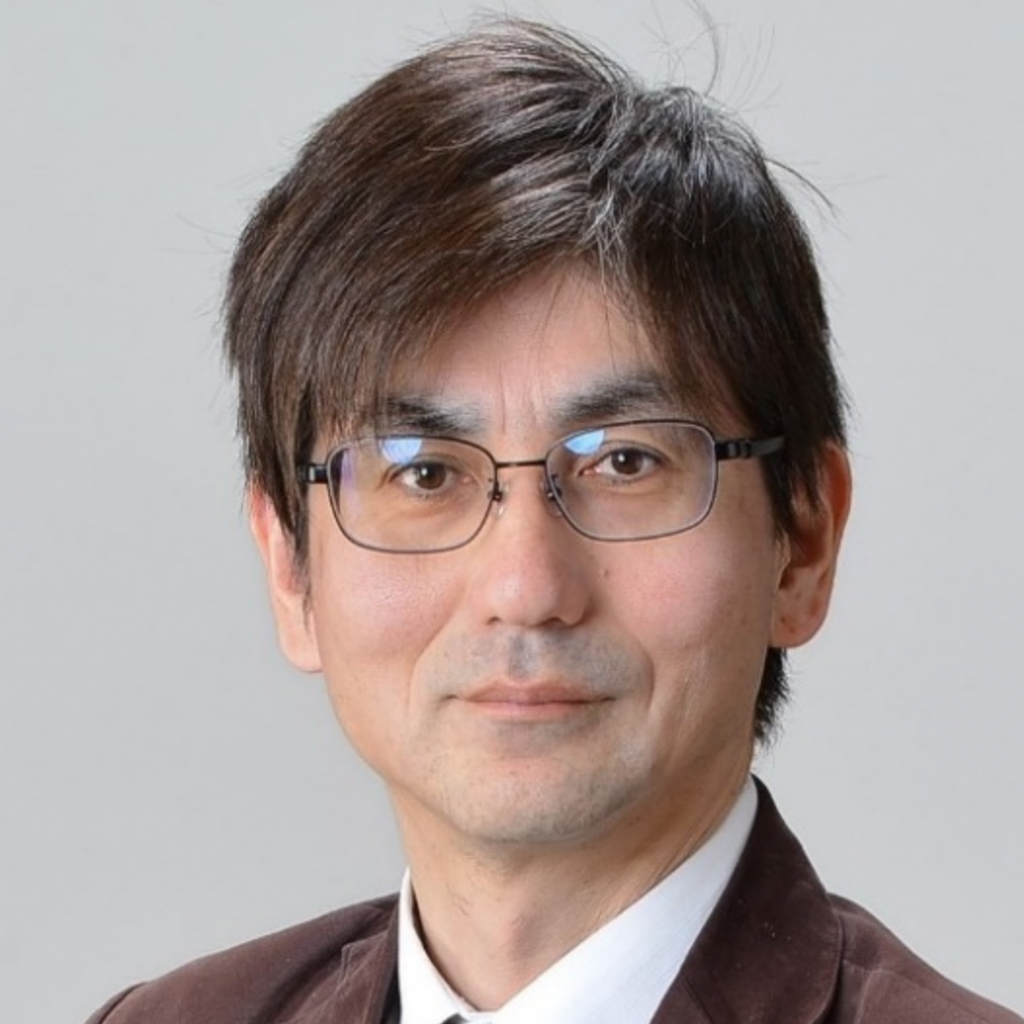
International Workshop on Intel eXtreme Performance Users Group
Professor
Centre for Computational Sciences, University of Tsukuba, Japan
Osamu Tatebe received a Ph.D. degree in computer science (1997, Univ. of Tokyo). He worked at Electrotechnical Laboratory (ETL), and National Institute of Advanced Industrial Science and Technology (AIST) until 2006. He is now a professor of Center for Computational Sciences at University of Tsukuba. His research area is high-performance computing, data-intensive computing, and parallel and distributed system software.
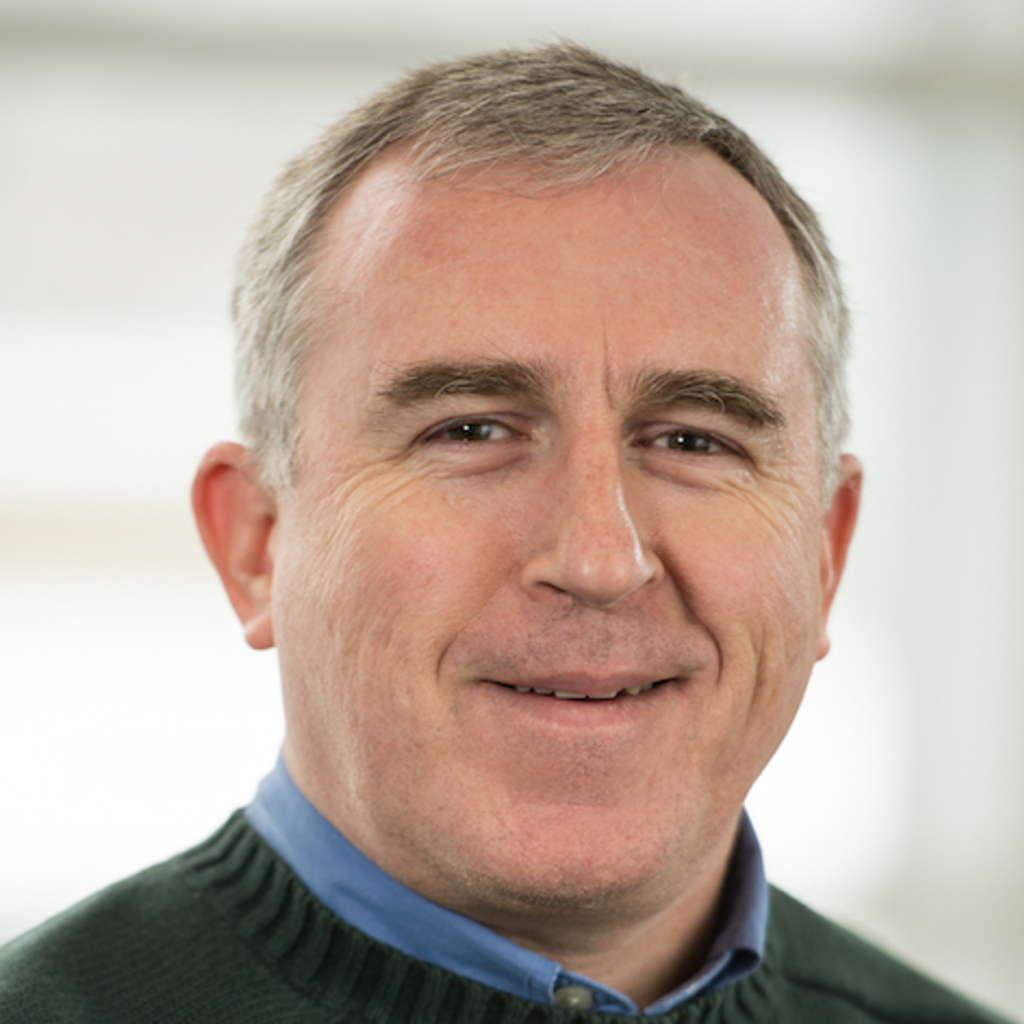
International Workshop on Intel eXtreme Performance Users Group
CPS Deputy Division Director
Argonne National Laboratory
Tim Williams is Deputy Director of Argonne National Laboratory’s Computational Science Division. He manages the Early Science Program for the Argonne Leadership Computing Facility (ALCF). Since 2009, he has worked with a number of large-scale projects using ALCF’s supercomputers, especially those in the area of plasma physics. From 2000-2006, Tim worked as a quantitative software developer in the financial industry for Morgan Stanley in New York and Citadel in Chicago. From 1995-2000, as staff scientist at Los Alamos National Laboratory, he worked on a C++ framework for parallel scientific computing. At Lawrence Livermore National Laboratory and NERSC, Tim spent 1989-1995 doing research in tokamak plasma turbulence and other areas, and developing a long-term interest in large-scale parallel computing.
International Workshop on Intel eXtreme Performance Users Group
ALCF Data Science Team Lead
Argonne National Laboratory
Venkatram Vishwanath is a computer scientist at Argonne National Laboratory. He is the Data Science Team Lead at the Argonne leadership computing facility (ALCF). His current focus is on algorithms, system software, and workflows to facilitate data-centric applications on supercomputing systems. His interests include scientific applications, supercomputing architectures, parallel algorithms and runtimes, scalable analytics and collaborative workspaces. He has received best papers awards at venues including HPDC and LDAV, and a Gordon Bell finalist. Vishwanath received his Ph.D. in computer science from the University of Illinois at Chicago in 2009.
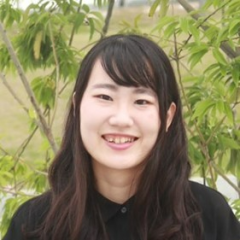
2nd International workshop on Arm-based HPC: Practice and Experience (IWAHPCE 2023)
Researcher
Fujitsu Asia
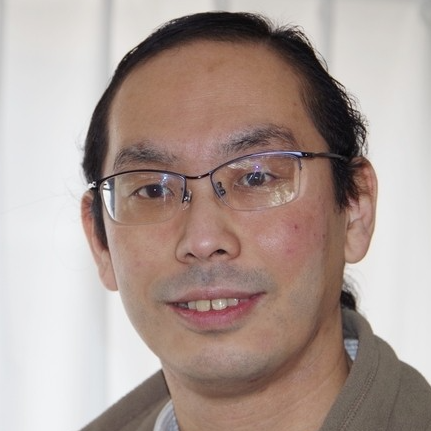
2nd International workshop on Arm-based HPC: Practice and Experience (IWAHPCE 2023)
Research Scientist
RIKEN R-CCS
I took my PhD in Hokkaido University, Japan in 2005 in the field of physics. After that, I worked at the following places as a postdoc: RIKEN (2006–2009), Turin University, Italy (2009–2010, supported by the Nishina Memorial Foundation), Regensburg University, Germany (2010–2014), National Chiao-Tung University, Taiwan (2014–2015), and Hiroshima University, Japan (2015–2019).
In Hiroshima University, I started working on the co-design activity for Fugaku. Since 2019, I am in the current position in RIKEN. My research interest covers lattice formulation and simulation of QCD (and quantum field theories in general), and related high performance computing.
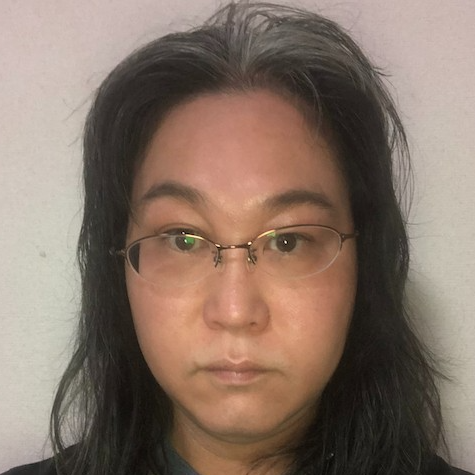
2nd International workshop on Arm-based HPC: Practice and Experience (IWAHPCE 2023)
Technical Scientist
RIKEN R-CCS
Keigo Nitadori is a technical scientist at RIKEN Center for Computational Science. He received a Doctor of Science from the University of Tokyo in 2009. From 2009 to 2011, he was a RIKEN Special Postdoctoral Researcher.
After working as an HPCI Project Associate Professor at the University of Tsukuba, he moved to RIKEN AICS in 2012. He was awarded the ACM Gordon Bell Prize in SC09 and SC12.
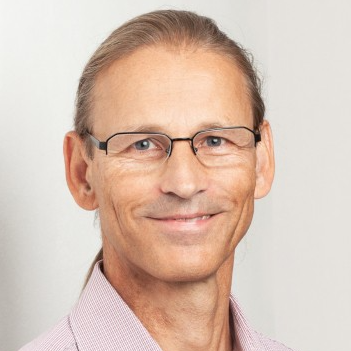
2nd International workshop on Arm-based HPC: Practice and Experience (IWAHPCE 2023)
Principal Engineer, HPC Storage
Intel
Michael Hennecke is a Principal Engineer for HPC Storage in the Intel DAOS engineering team. Michael has 30 years of experience in High Performance Computing, including previous roles at Lenovo, IBM, and the Computing Center of the University of Karlsruhe. His research interests include HPC Storage and Performance Measurement & Modeling. Michael holds a Master of Science in Physics from the University of Bochum (Germany) and a Distinguished IT Specialist certification by The Open Group.
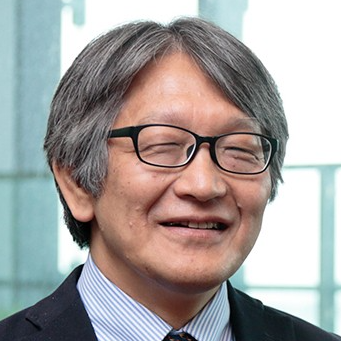
2nd International workshop on Arm-based HPC: Practice and Experience (IWAHPCE 2023)
Deputy Director
RIKEN R-CCS
Mitsuhisa Sato is a deputy Director of RIKEN Center for Computational Science since 2018. Since 2010, he is appointed to the research team leader of programming environment research team in Advanced Institute of Computational Science (AICS) renamed to R-CCS, RIKEN. From 2014 to 2020, he was working as a team leader of architecture development team in FLAGSHIP 2020 project to develop Japanese flagship supercomputer. He is a Professor(Cooperative Graduate School Program)and Professor Emeritus of University of Tsukuba.

2nd International workshop on Arm-based HPC: Practice and Experience (IWAHPCE 2023)
Scientific Researcher
RIKEN
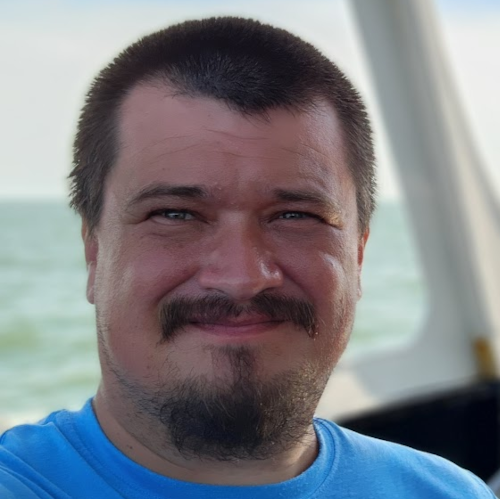
2nd International workshop on Arm-based HPC: Practice and Experience (IWAHPCE 2023)
Computational Scientist
Center for Computational Research, SUNY University at Buffalo
Dr. Nikolay Simakov received Ph.D. in Computational Chemistry from Carnegie Mellon University and completed post-doctorate training at Pittsburgh Supercomputing Center. Later he joined the Center for Computational Research at SUNY University at Buffalo. Dr. Simakov research interests: High-Performance Computing, workload analysis, scientific software optimization and data analytics.
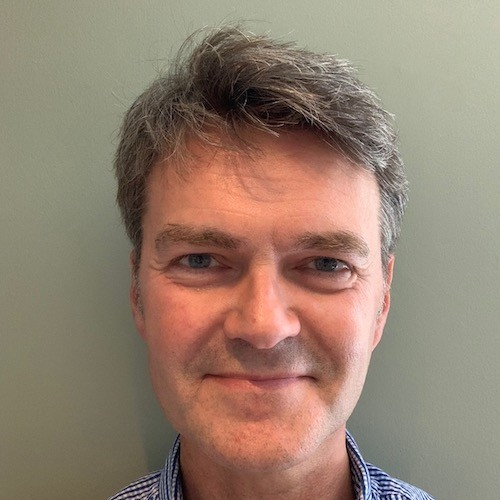
2nd International workshop on Arm-based HPC: Practice and Experience (IWAHPCE 2023)
Professor
University of Bristol, United Kingdom
Simon McIntosh-Smith is Professor of HPC at the University of Bristol, UK. He began his career in industry as a microprocessor architect, first at Inmos and STMicro in the 1990s, before co-designing the world’s first fully programmable GPU at Pixelfusion in 1999. In 2002 he co-founded ClearSpeed Technology where, as Director of Architecture and Applications, he co-developed the first modern many-core HPC accelerators. He now leads the HPC Research Group in Bristol, where his research focuses on advanced computer architectures and performance portability. He leads the Isambard supercomputer service which combines Arm-based CPUs with a diverse range of CPUs and GPUs.
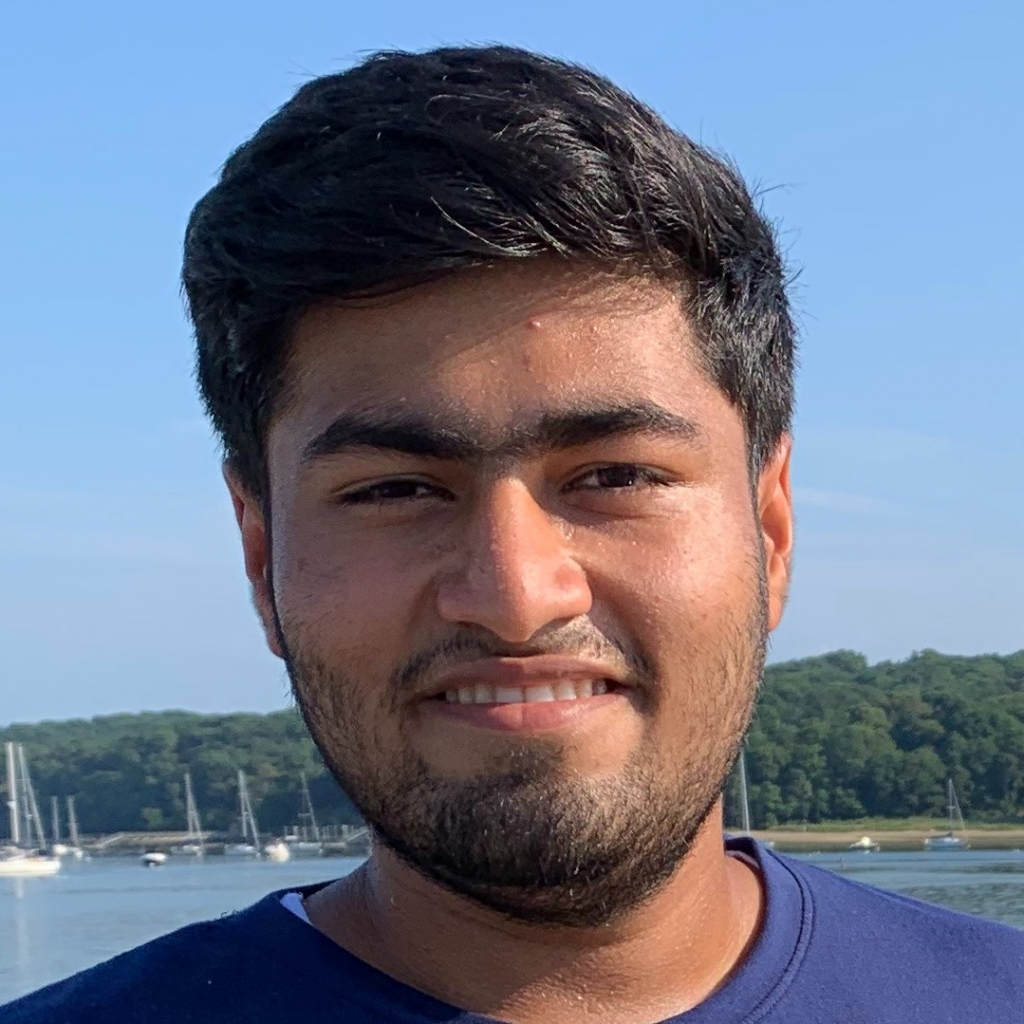
2nd International workshop on Arm-based HPC: Practice and Experience (IWAHPCE 2023)
PhD Student
Stony Brook University
Smeet is a second year PhD student in the Computer Science department and affiliated with the Institute for Advanced Computational Science at Stony Brook University advised by Dr. Barbara Chapman. His research interests lie in scaling machine learning workloads on CPU / CPU+GPU systems and he is actively interested in studying and applying machine learning techniques in Compilers and OpenMP.
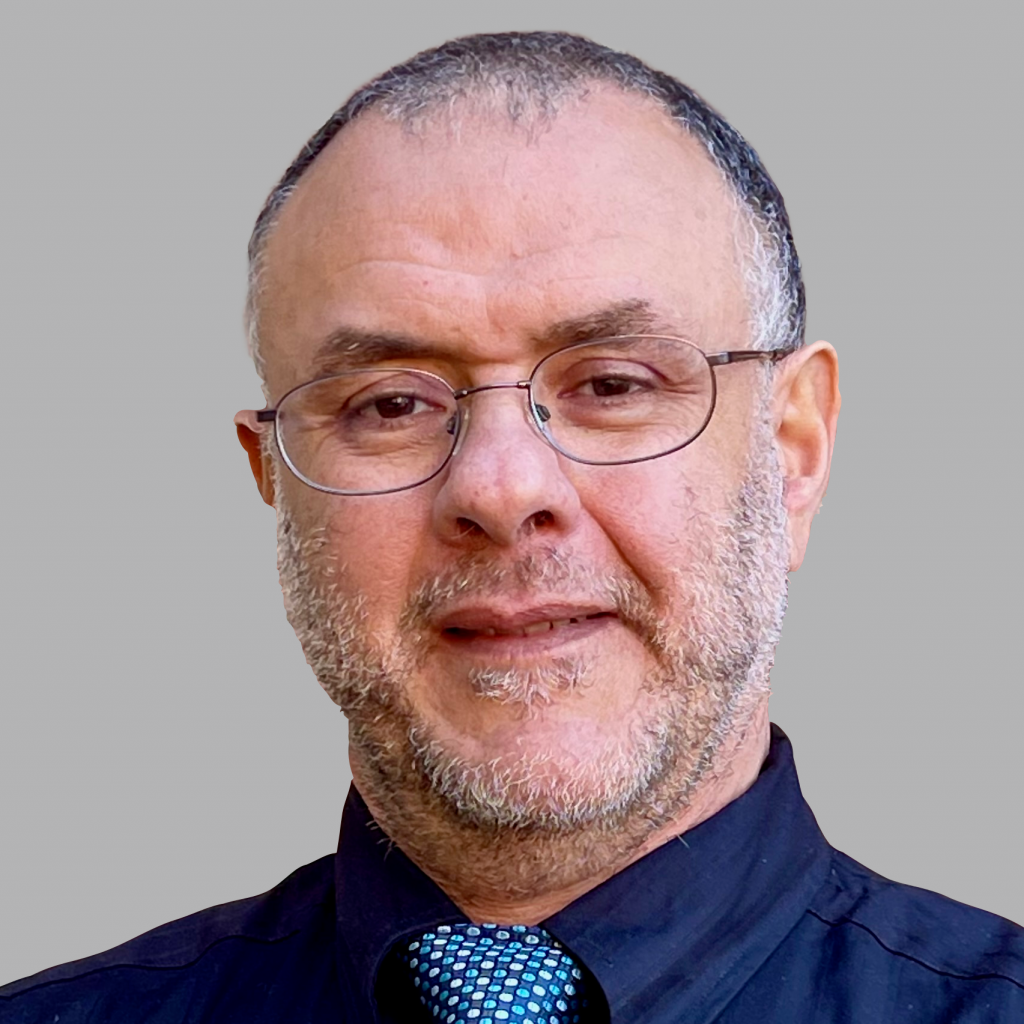
2nd International workshop on Arm-based HPC: Practice and Experience (IWAHPCE 2023)
Computer Scientist
Oak Ridge National Laboratory
Dr. Elwasif is a computer scientist at the Programming Systems Group, Oak Ridge National Laboratory and the Programming Environment task lead for the Oak Ridge Leadership Computing Facility Frontier Supercomputer. He obtained his M. Sc in Applied Mathematics from Florida Institute of Technology, and his M. Sc. and PhD in Computer Science from the University of Tennessee, Knoxville. His research interest include parallel and distributed HPC programming models, frameworks for many task and coupled simulations, large scale workflows, and emerging HPC architectures.
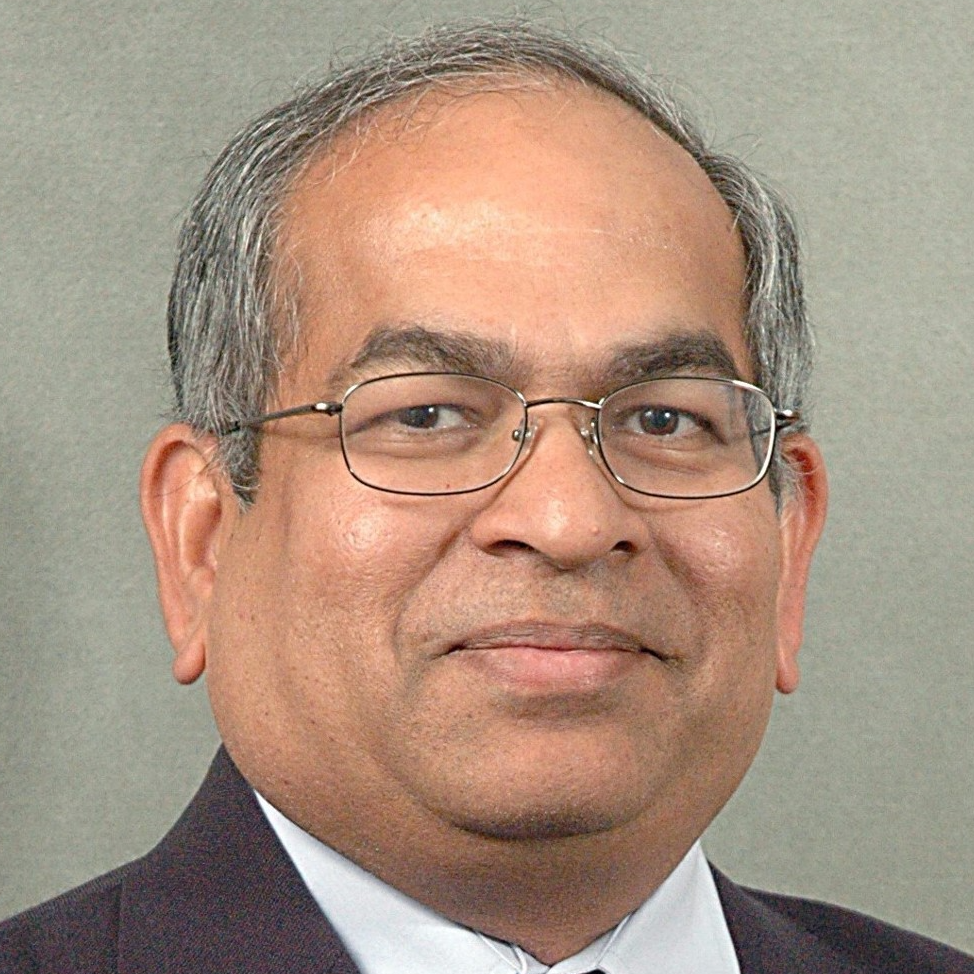
APAC HPC-AI Competition 2023 (HPCAIAC)
Professor and University Distinguished Scholar
Ohio State University
DK Panda is a Professor and University Distinguished Scholar of Computer Science and Engineering at the Ohio State University. He has published over 500 papers. The MVAPICH2 MPI libraries, designed and developed by his research group (http://mvapich.cse.ohio-state.edu), are currently being used by more than 3,300 organizations worldwide (in 90 countries). More than 1.65M downloads of this software have taken place from the project’s site. This software is empowering many clusters in the TOP500 list. High-performance and scalable solutions for Deep Learning frameworks and Machine Learning applications are available from https://hidl.cse.ohio-state.edu. Prof. Panda is an IEEE Fellow and recipient of the 2022 IEEE Charles Babbage Award. More details about Prof. Panda are available at http://www.cse.ohio-state.edu/~panda.
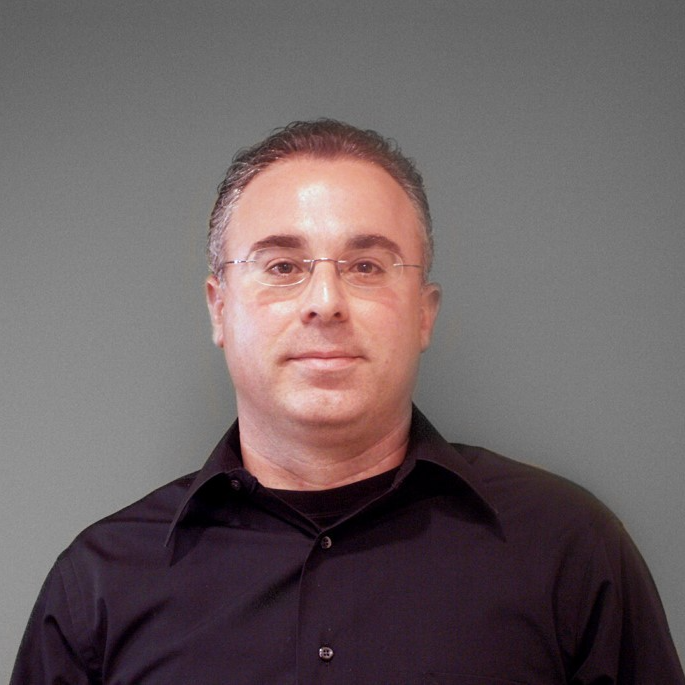
APAC HPC-AI Competition 2023 (HPCAIAC)
Gilad Shainer
HPC-AI Advisory Council, USA
Gilad Shainer serves as the chairman of the HPC-AI Advisory Council organization since 2008. He is an HPC evangelist that focuses on high-performance computing, high-speed interconnects, leading-edge technologies and performance characterizations. Mr. Shainer also serves as the president of the UCF consortium, a member of IBTA and a contributor to the PCISIG PCI-X and PCIe specifications. Mr. Shainer holds multiple patents in the field of high-speed networking. He is a recipient of 2015 R&D100 award for his contribution to the CORE-Direct In-Network Computing technology and the 2019 R&D100 award for his contribution to the Unified Communication X (UCX) technology. Gilad Shainer holds a MSc degree and a BSc degree in Electrical Engineering from the Technion Institute of Technology in Israel.
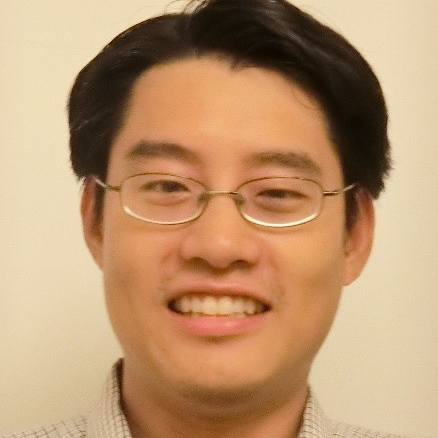
APAC HPC-AI Competition 2023 (HPCAIAC)
Professor
National TsingHua University
Jerry Chou is currently a professor of the Computer Science department at National Tsing Hua University (NTHU), Taiwan. He received his Ph.D. degree from the Computer Science Engineering department at UCSD in 2009 and worked at the Lawrence Berkeley National Laboratory in 2010-2021 before joining NTHU as an Assistant Professor. His research interests are in the broad areas of distributed systems, parallel computing, high-performance computing and cloud computing. He also servesd as the co-director of AIMS(Artificial Intelligence for Intelligent Manufacturing Systems Research Center) and the supervisor of the student cluster competition teams that won ASC’19, HPC-AI’22 and SCC’22.
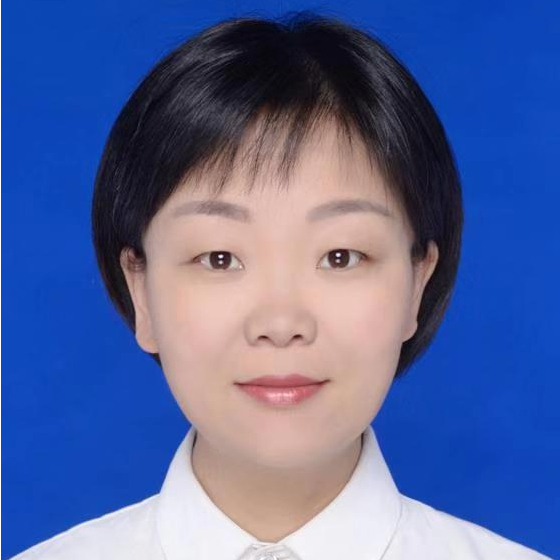
APAC HPC-AI Competition 2023 (HPCAIAC)
Acting Deputy Director, Business Development and User Engagement, NCI
National Computational Infrastructure Australia
Jingbo got her PhD in geophysics at the University of Cambridge UK, followed by a Post Doc at Lawrence Livermore National Laboratory in US. She has been serving research community since joining National Computational Infrastructure (NCI) Australia with expertise in research data management, software and data engineering, and building data intensive applications over a decade. As the acting Deputy Director of Business Development and User Engagement at NCI, she has been leveraging her domain knowledge as well as her leadership role in the data and computationally intensive areas to support the HPC community in APAC region.
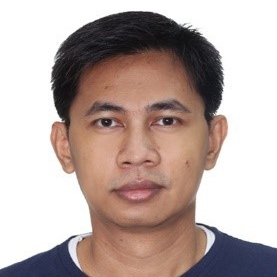
APAC HPC-AI Competition 2023 (HPCAIAC)
Assistant System Manager
National Supercomputing Centre (NSCC) Singapore
M Teguh Satria is the Assistant System Manager at the National Supercomputing Centre (NSCC) Singapore.
Teguh joined NSCC in 2020. Prior to that, Teguh had worked in various industry sectors – research, IT services and finance – as system integrator, application developer and technical consultant in HPC and GPU computing technologies.
Teguh received his Bachelor of Science degree in Mathematics from Bandung Institute of Technology, Indonesia in 2006, and Master of Science in Computer Science from National Taipei University of Technology, Taiwan in 2009.
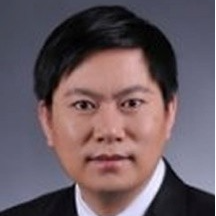
APAC HPC-AI Competition 2023 (HPCAIAC)
Chief Technology Officer & Founder
ScaleFlash
Shuang Xie is a an expert with broad knowledge in software defined storage, operating systems, high speed interconnects and NVMe SSD technologies. Shuang Xie is 20-year veteran of the computing industry in various engineering and leadership roles in the area of high performance storage. He has more than a decade of experience building backend and storage infrastructure at companies such as Wester Digital, Virident Systems, Fusion IO, Sun Microsystems.
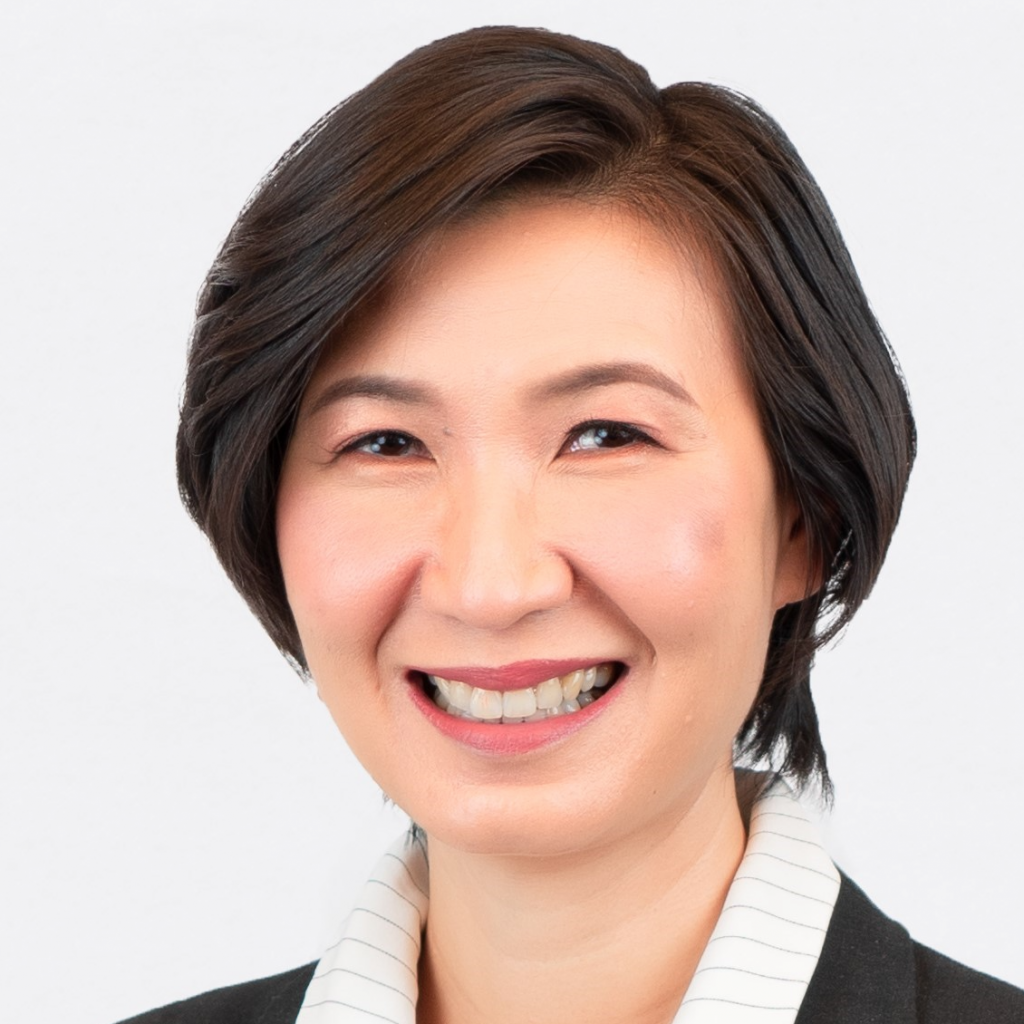
APAC HPC-AI Competition 2023 (HPCAIAC)
Assistant Professor
Thammasat University
Worawan Diaz Carballo (Marurngsith) is now an assistant professor at Thammasat University Lampang Campus, Thailand. She is fascinated by finding performance implications of modern AI workloads to identify the most efficient, resilient platforms practically suitable for them. She is always enthusiastic in teaching and encouraging Thai students to participate in international activities. In 2021 – 2022 she coached thje student teams and won the “Third Place” in the APAC HPC-AI Competition. The team received the “Best HPC Performance” award in 2022. In 2011, she was a winner of the Intel Microgrant Award: “putting theory into practice” for teaching high-performance computing. She received the best paper award for her first paper, published in 2004 by the Society for Modelling and Simulation International.
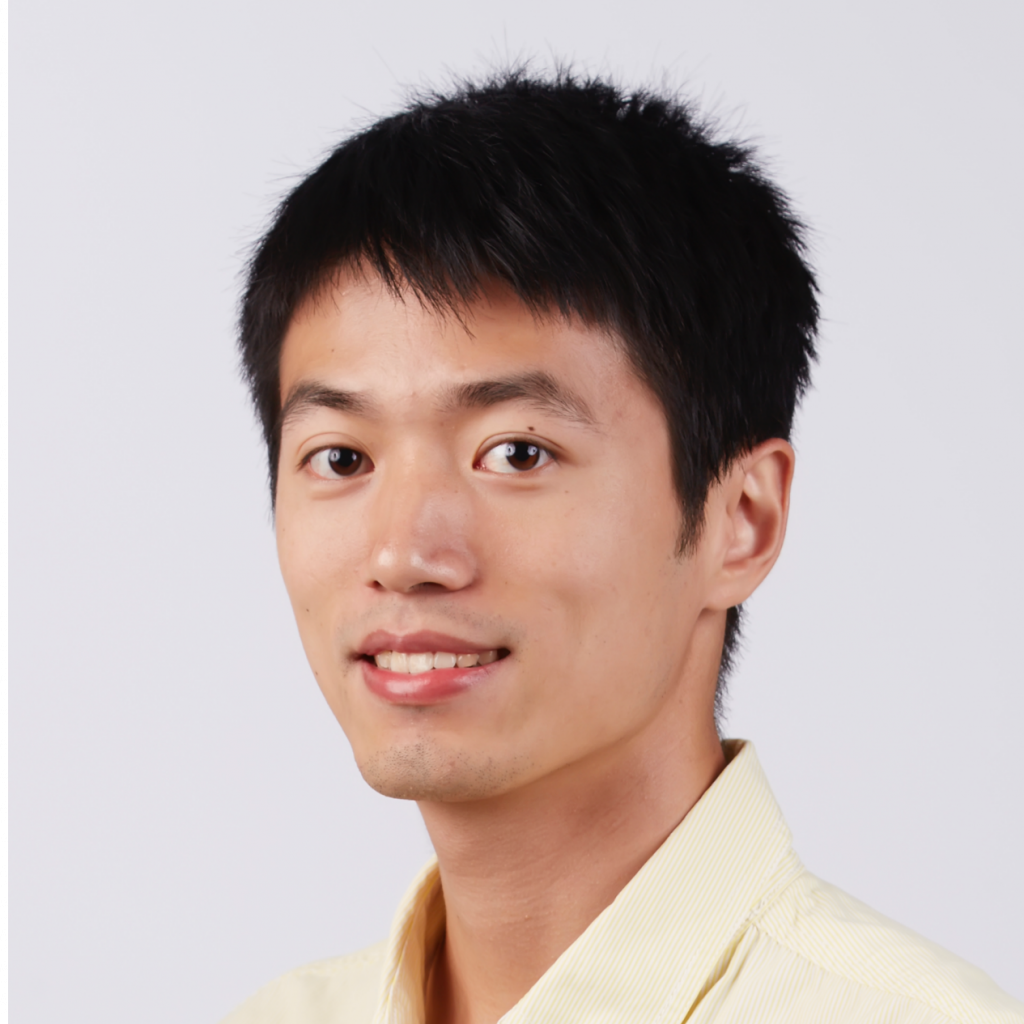
APAC HPC-AI Competition 2023 (HPCAIAC)
Associate Professor
Nanyang Technological University
Prof. Ziwei Liu is currently a Nanyang Assistant Professor at Nanyang Technological University, Singapore. His research revolves around computer vision, machine learning and computer graphics. He has published extensively on top-tier conferences and journals in relevant fields, including CVPR, ICCV, ECCV, NeurIPS, ICLR, SIGGRAPH, TPAMI, TOG and Nature – Machine Intelligence. He is the recipient of Microsoft Young Fellowship, Hong Kong PhD Fellowship, ICCV Young Researcher Award, HKSTP Best Paper Award and WAIC Yunfan Award. He serves as an Area Chair of CVPR, ICCV, NeurIPS and ICLR, as well as an Associate Editor of IJCV.
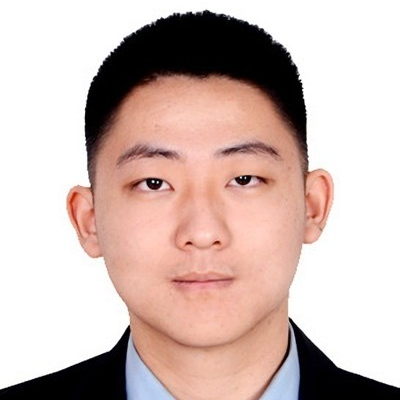
APAC HPC-AI Competition 2023 (HPCAIAC)
Student
Southern University of Science and Technology
Mao Zunyao is the current captain of the student supercomputing team of Southern University of Science and Technology(SUSTech). In this APAC HPC-AI 2022 competition, he led the supercomputing team of Southern University of Science and Technology to win the second prize. He participated in the ASC22 competition and won the first prize in the finals. He is currently pursuing a M.Phil degree in the major of Computer Science in SUSTech. He is engaged in research of high-performance computing under the supervision of Assistant Professor Li Zhuozhao. He received a bachelor’s degree in the major of Computer Science from SUSTech. During his undergraduate studies, he participated in system research of database and cloud computing. The related papers have been accepted by SIGMOD and SoCC. He interned at Huawei 2012 Lab and Amazon Web Services AI Lab, and participated in the design and development of RDMA communication for distributed database and graph neural network sampling system respectively.
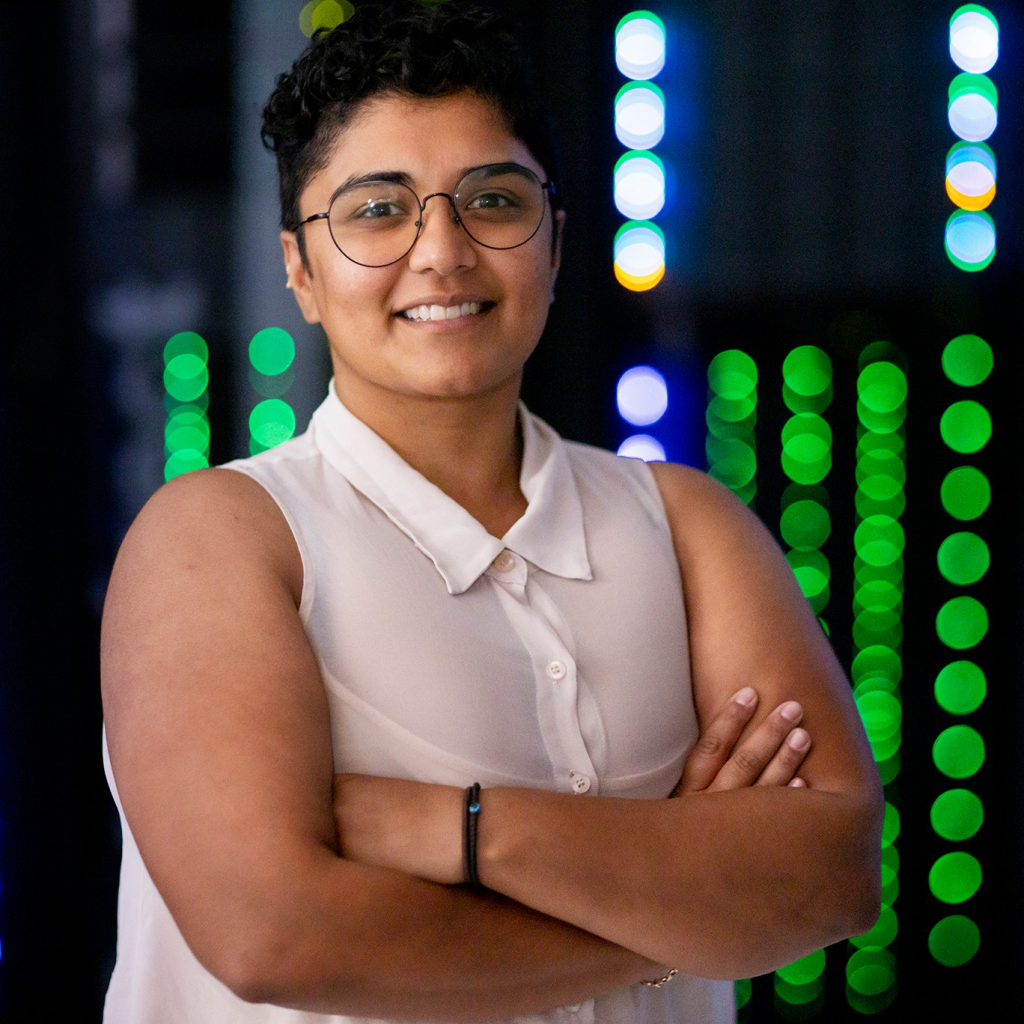
Diversity and Inclusion
Marketing & Events Officer
Pawsey Supercomputing Research Centre
Aditi is a dynamic digital communicator and tech enthusiast, who is driven by her passion for creating diverse and inclusive cultures. She is a strong advocate for opening doors for girls and underrepresented groups. With her deep understanding of the tech world and her drive for change and a diversity champion at the Pawsey Supercomputing Research Centre, Aditi works tirelessly to challenge the status quo and create a more inclusive and equitable community. With her passion and drive, Aditi is poised to make a positive impact in the tech industry and beyond.
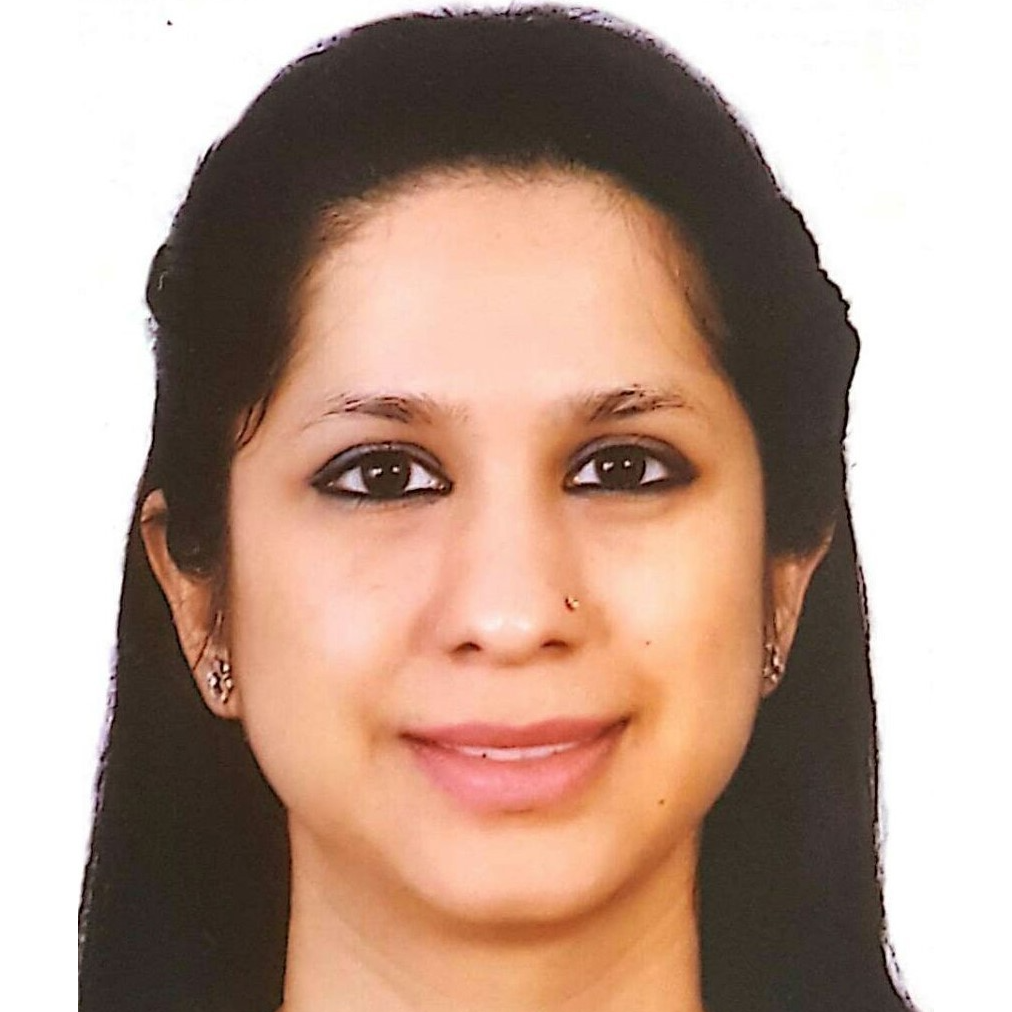
Diversity and Inclusion
Business Development Manager
NCI Australia
Chandni is a Business Development Manager at NCI. Originally from New Delhi, India, she has over a decade of experience in Business Development, Marketing and Sales within the realms of education, trade, and hospitality industries.
Over the course of her career, one of Chandni’s most notable roles included serving as a brand custodian for Australia’s education sector in India at the Australian Trade and Investment Commission (Austrade). Chandni is adept at project management, client relations and is particularly passionate about working on projects with people across diverse backgrounds.
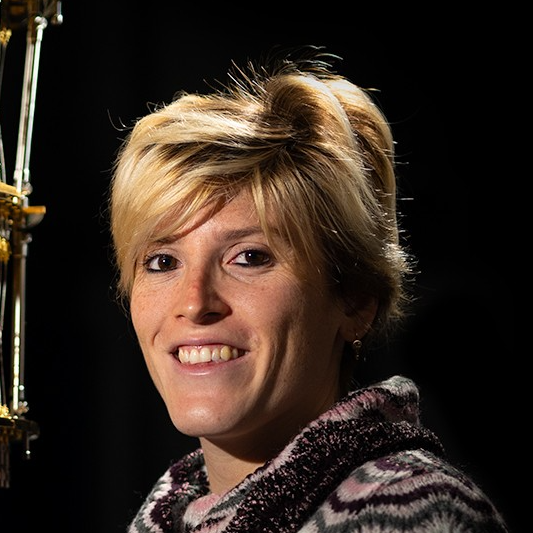
Diversity and Inclusion
Quantum Engineer
IQM Quantum Computers
I’m from Italy (coming from the Alps) and ‘ve done my Bachelor in Physics Engineering at Politecnico of Torino and my Master in Physics specializing in Quantum Information and Computation In Torino as well. I’ve Moved to Singapore for my master thesis and then decided to stay for a PhD in Ultra-cold atoms interacting with superconducting circuits in Rainer Dumke’s laboratory (Centre for Quantum Technology under NUS). Two and a half years ago I’ve moved to Finland where I started working as a Quantum Engineer at IQM, a major European start-up building full stack superconducting quantum computers, in the calibration and benchmarking team where I measure and benchmark IQM’s line-up of quantum processors, works on automation of calibration of quantum processors and test new designs. I work in a very diverse team (and company) where all together we want to deliver state-of-the-art products.Outside of work, I really enjoy spending time in the nature, travelling, doing sports, food and in general I live my life to the fullest.
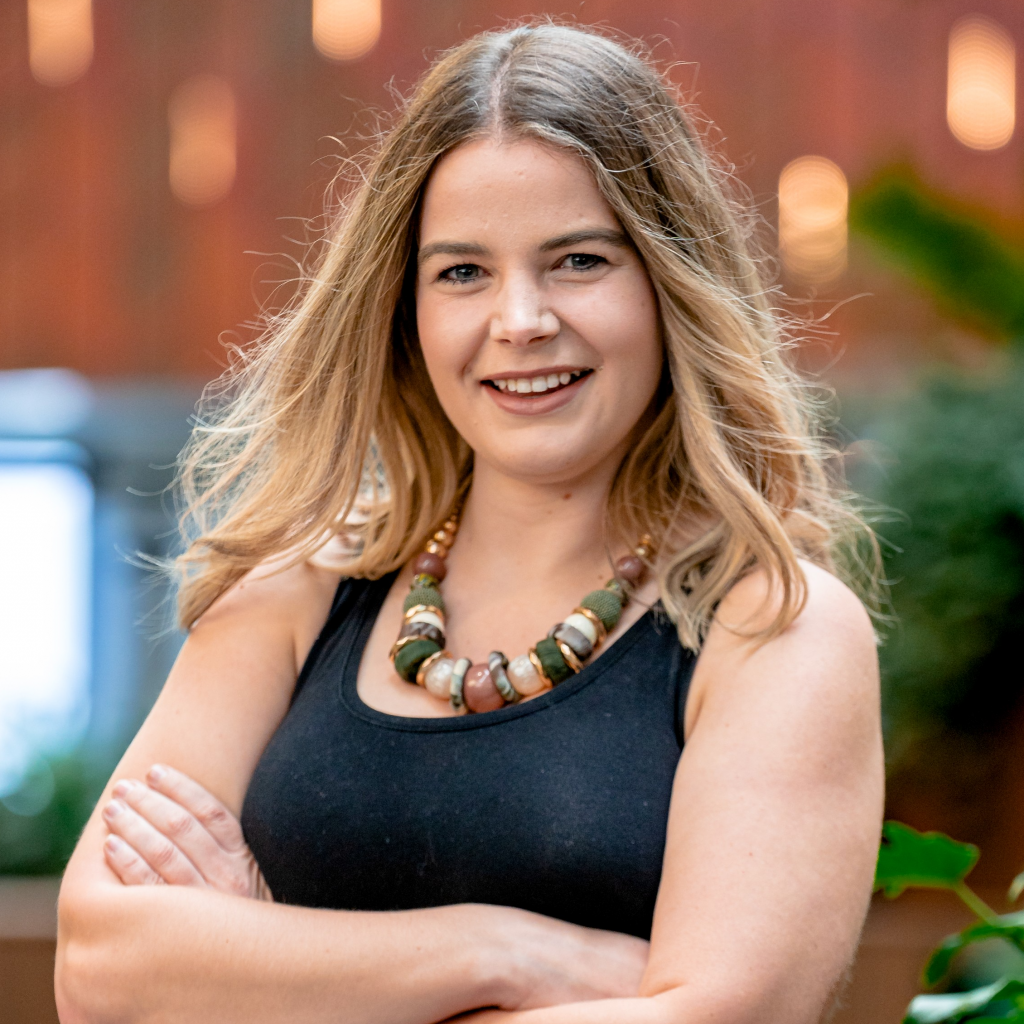
Diversity and Inclusion
Founder
She Codes, Australia
Kate is a passionate advocate for women in STEM and the innovation ecosystem. Founder of She Codes, she has led the steep growth of the project since 2015. Thanks to her work, more than 5000 women have learnt to code through free programs. She has hustled to source more than a million dollars from government and industry to support women in STEM. With a regional upbringing, she strongly believes in empowering women from the world’s remotest regions, from as far north as Port Hedland and Karratha, and east as far as Brisbane. Kate has also contributed to the growth of Spacecubed, and since 2014 has played a pivotal role in building community and coordinating other programs including Plus Eight, Startup Weekend, Meshpoints. Kate was recently awarded a Business News 40 under 40 award, the West Australian Rising Star award and was a runner up for the 2019 and 2020 Seven News Young Achiever Awards.

Diversity and Inclusion
Group Leader, Laboratory of Women’s Health & Genetics
Genome Institute of Singapore (GIS), A*STAR
Dr Li is the co-lead of the Diversity Working Group at A*STAR. A woman in science doing science for women, her research work tackles issues in women’s health and genetics and champions ways in which women can better advocate for their own health. She has spoken widely about diversity topics including gender equality in STEM and harnessing the power of diversity at UNESCO, Asia-Europe Foundation, HSBC Women Leaders Forum, and Disney SEA.
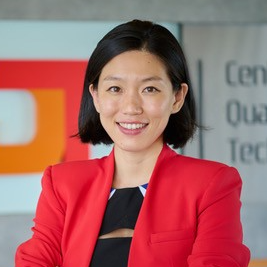
Diversity and Inclusion
National University of Singapore
Yvonne is a Principal Investigator in the Centre for Quantum Technologies and a Presidential Young Professor in the Department of Physics, National University of Singapore. Her team works on building robust quantum hardware using superconducting microwave circuits. Their devices provide useful avenues to develop novel techniques for quantum information processing as well as to explore interesting effects in quantum physics. For her contributions in the quantum hardware development, Yvonne has been awarded the Singapore Young Scientist Award, the Singapore National Research Foundation (NRF) Fellowship and MIT Tech Review’s Innovator’s Under 35 (Asia-Pacific) award.
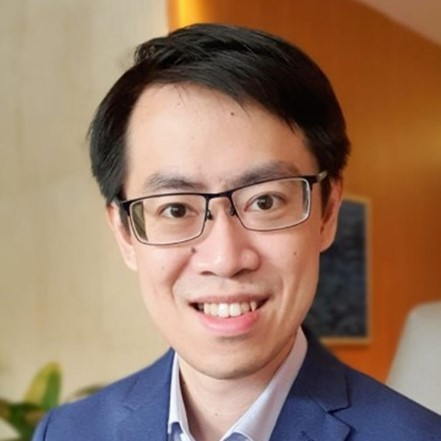
HPC-Quantum Computing Integration Session
Quantum Communications Technologist, National Quantum-Safe Network
Centre for Quantum Technologies, National University of Singapore
Dr. Haw Jing Yan is currently a Quantum Communications Technologist in the National Quantum-Safe Network at the Centre for Quantum Technologies, National University of Singapore. With more than 10 years of experience in quantum science research, his current responsibilities include the deployment of quantum key distribution devices, security validation & standardisation of quantum-safe technologies, and liaison with industrial & government agencies. He was also an external consultant for the Fraunhofer Heinrich Hertz Institute, Berlin, Germany to provide expertise on the development of quantum communication networks. He holds Doctor of Philosophy in Physics from the Australian National University on experimental quantum communications technology.
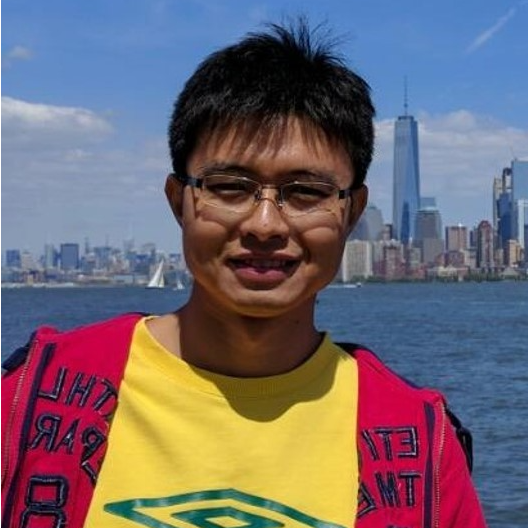
HPC-Quantum Computing Integration Session
Scientist
Institute of High Performance Computing (IHPC), A*STAR
Dr Yang Liwei is currently a research scientist at Institute of High Performance Computing (IHPC), Agency for Science, Technology and Research (A*STAR), Singapore. His research interests include high-performance computing, quantum computing, reconfigurable computing, neuromorphic computing, optimization in EDA toolchain and compilation for efficient AI and deep learning applications. He is working on the simulation of quantum circuits, efficient integration of HPC and quantum computing and is leading the effort in the R&D of middleware in National Quantum Computing Hub (NQCH) at Singapore. He received his Ph.D. degree in computer science from Nanyang Technological University (NTU), and both M.S. and B.S. degrees from University of Electronic Science and Technology of China (UESTC).
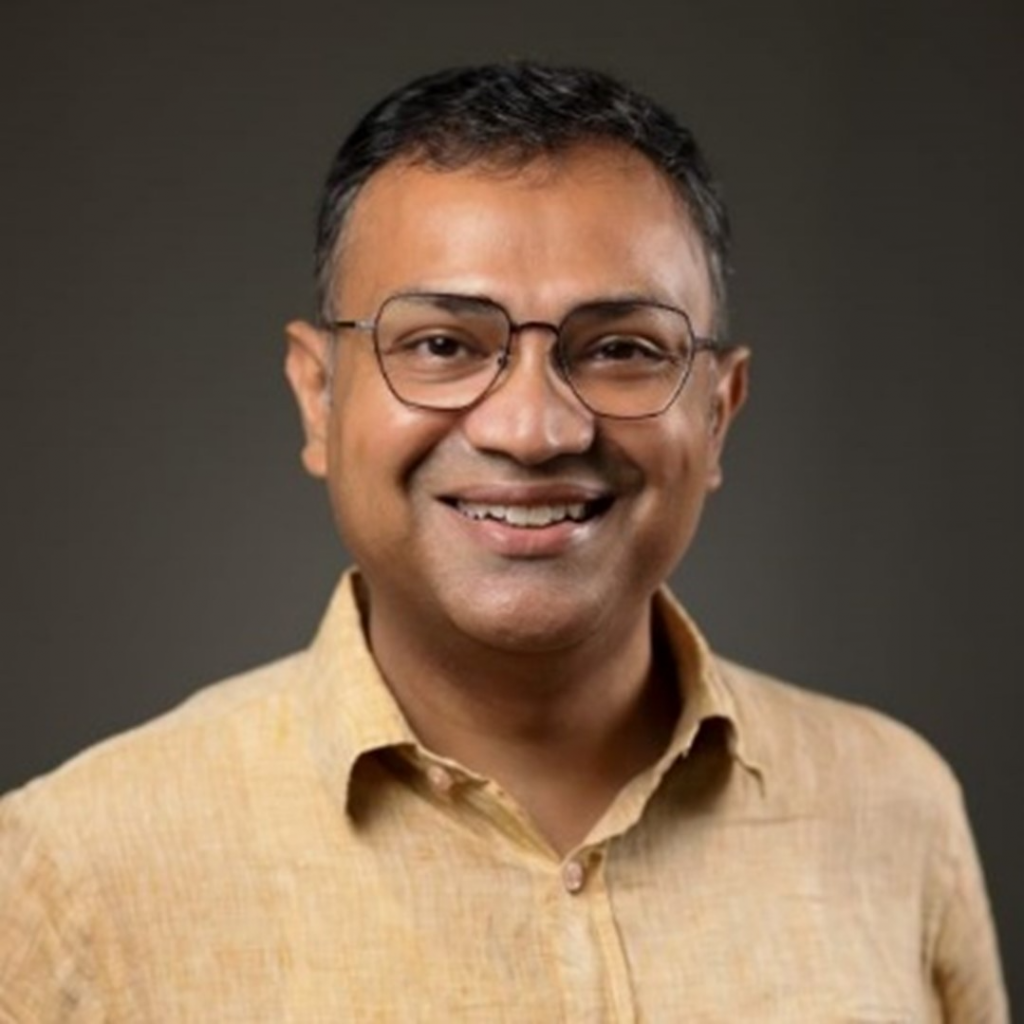
HPC-Quantum Computing Integration Session
Director of National Quantum Fabless Foundry and Head of Quantum Technologies for Engineering, Institute of Material Research and Engineering (IMRE) A*STAR and Principal Investigator
Centre for Quantum Technologies, National University of Singapore
Dr. Manas Mukherjee, the Director of the National Quantum Fabless Foundry (NQFF), IMRE/A*star and a Principal Investigator at the Centre for Quantum Technologies, NUS, Singapore, has 20+ years of experience in quantum technologies. He was the recipient of the Lise-Meitner Fellowship (2005-2007) and the International Max-Planck Fellowship (2010-2012). As the founding director of the NQFF, he is overseeing the development of various quantum devices using micro and nano-fabrication techniques related to superconducting qubits, ion traps qubits and photonic integrated circuits. His primary research interest is the development of ion trap based quantum information processors and the use of similar technologies for sensing and simulation of physical environment.
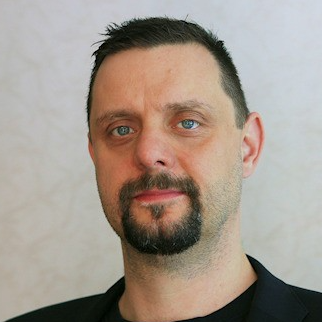
HPC-Quantum Computing Integration Session
Manager, Quantum Technologies
CSC – IT Center for Science Ltd, Finland
Ever since being exposed to the wonders of quantum mechanics in primary school, Dr. Johansson has been fascinated by its ability to successfully stand against common sense. In his role as Quantum Strategist at CSC, The Finnish IT Center for Science, he explores and enables the uptake of quantum tech in R&D communities. He is a leading expert in the field of quantum-accelerated high-performance computing and vice-director of the Finnish Quantum-Computing Infrastructure. He spent twenty years in academia, studying and teaching quantum mechanical effects in (bio)chemistry and holds an associate professorship in physical chemistry at the University of Helsinki.
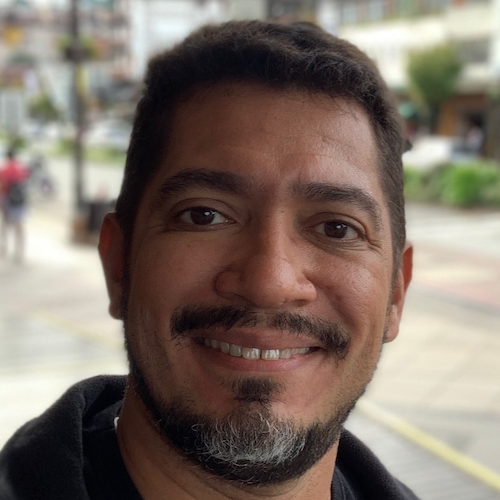
Mini Global Research Platform (GRP) Workshop
Senior Network Engineer
KAUST
Alex is a Senior Network Engineer at KAUST doing Network Science Engagement, by supporting the academic community and developing network and IT related projects aiming to improve the scientific research outcomes and the end-user experience. He has been participating for a long time in Research and Education Networks, contributing to management, engineering, e-science and areas like R&D, performance monitoring, and measurement.
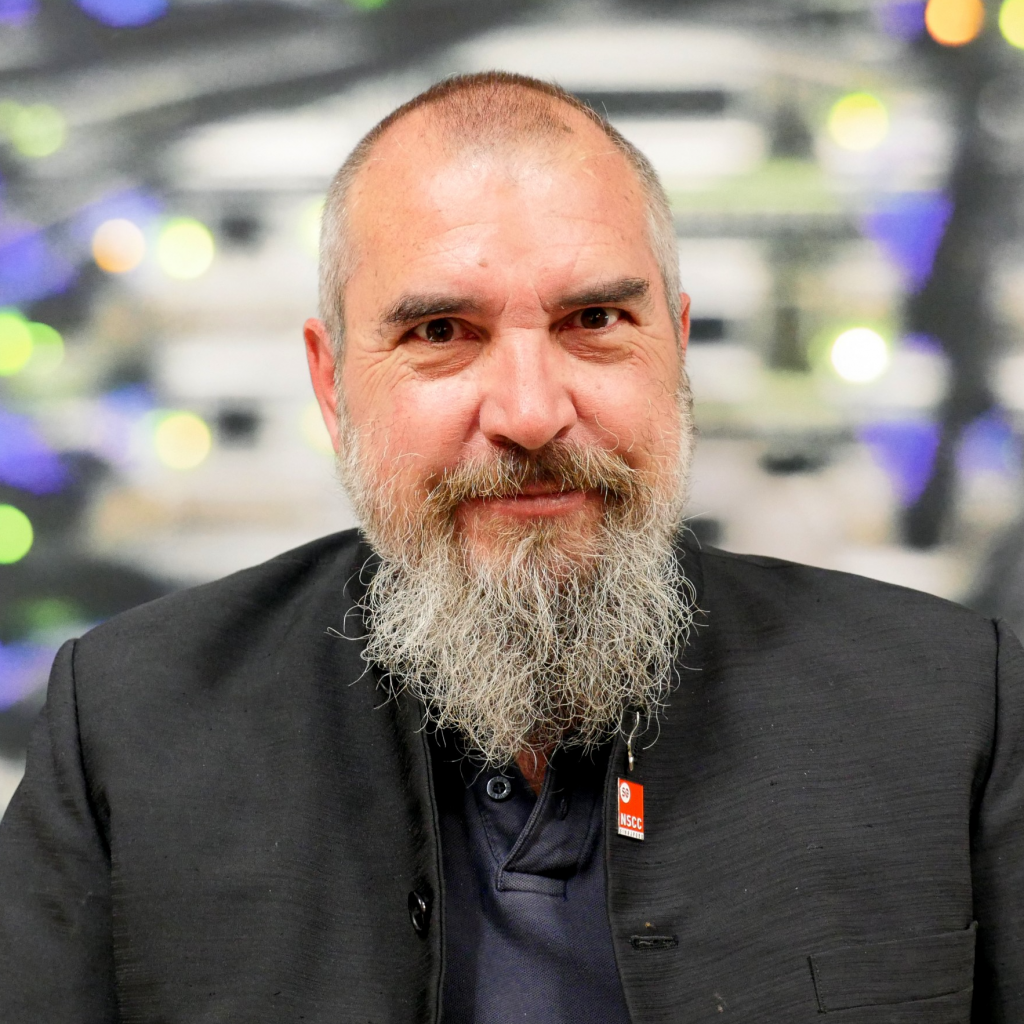
Mini Global Research Platform (GRP) Workshop
Associate Director Cloud Services
National Computational Infrastructure (NCI), Canberra Australia
Andrew Howard is Associate Director Cloud Services of the National Computational Infrastructure at the Australian National University. Andrew has many decades of hands-on technical, diplomatic and logistics experience covering a wide range of standard and bespoke technologies, languages and applications within Industry, government and academia nationally and internationally. He currently chairs the judging panel of the SuperComputing Asia Data Mover Challenge and the APAN Program Committee and Co-Chairs the Cloud Security Alliance: HPC Cloud Security, APAN E-Culture and Asia Pacific Research Platform working groups.
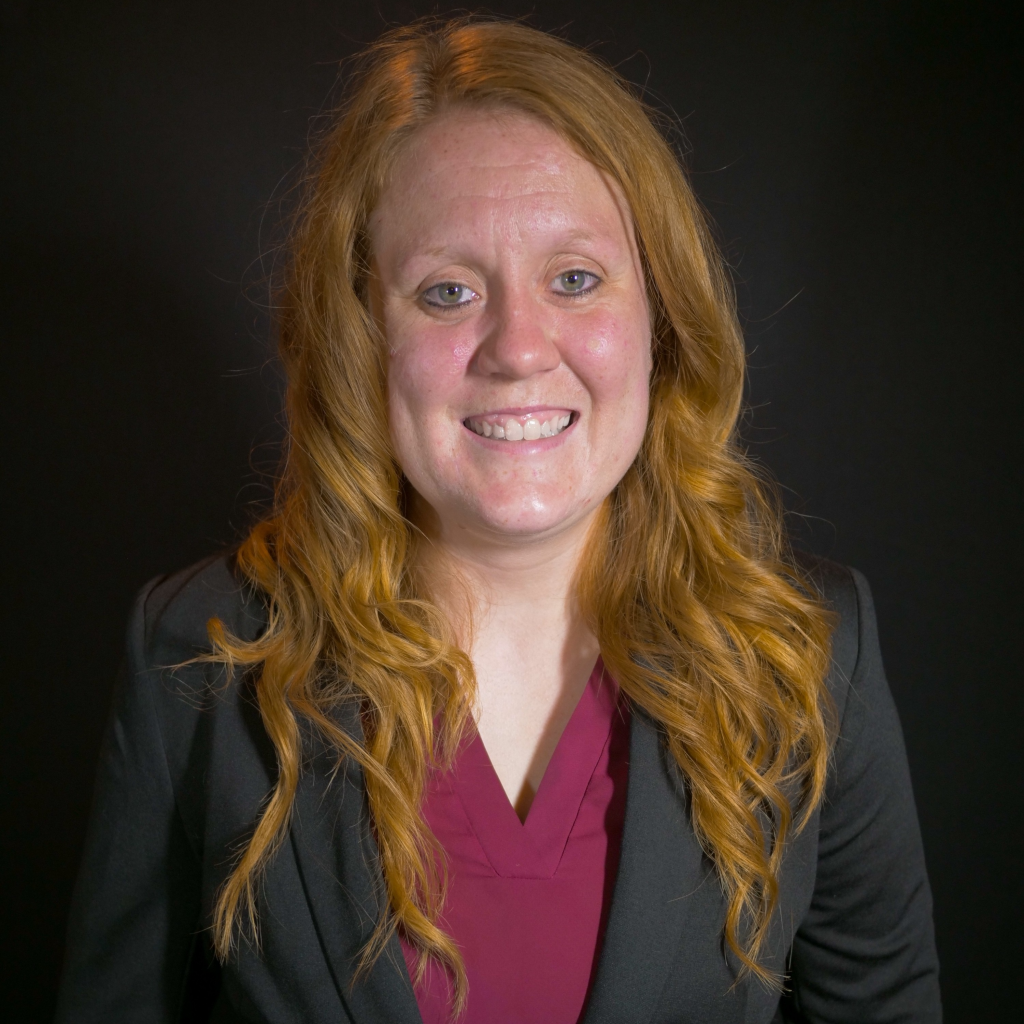
Mini Global Research Platform (GRP) Workshop
Network Engineer
International Networks at Indiana University
Brenna Meade serves as the Network Engineer for the International Networks team at Indiana University, where she oversees maintaining and enhancing the performance of international science data transfers for TransPAC and NEA3R. She focuses on supporting science and cutting-edge network research.
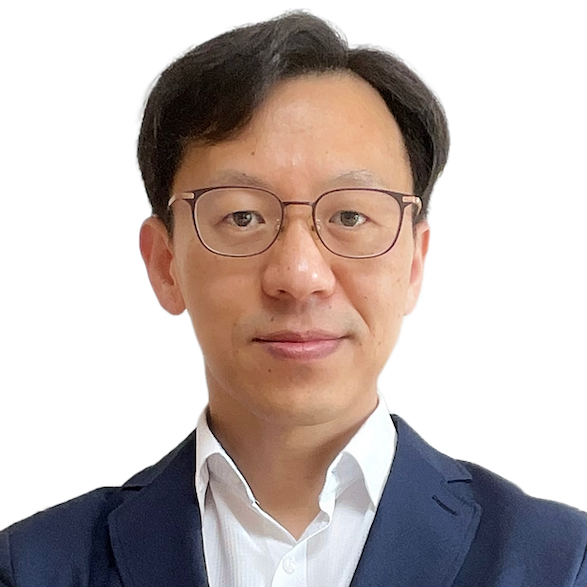
Mini Global Research Platform (GRP) Workshop
Director, KREONET Center
Korea Institute of Science and Technology Information (KISTI)
Dr. Buseung Cho is currently a principal researcher and the Director of the KREONET Center at Korea Institute of Science and Technology Information (KISTI), responsible for KREONET, national research and science network of Korea.
He received the Ph.D. degree from Sungkyunkwan University. He joined KISTI in 2005. Since 2005 he has worked for KREONET Infrastructure and its advancement, development of advanced networking technology and international engagement/relationship.
He was an Assistant Professor in the Department of Data and High Performance Computing Science at University of Science and Technology (UST) from 2018. He has been an Associate Professor at UST since 2020.
Furthermore, he has been a member of the GNA-G (Global Network Advancement Group) Leadership Team since 2019 and a co-chair of the GNA-G AutoGOLE/SENSE WG. He is currently the chair of APAN-KR. He has served as the chair of P4 Application WG under SDN/NFV Forum, Korea since 2019.
His current research interest is on high performance networking, Software-Defined Network and P4 network programmability, network automation etc.
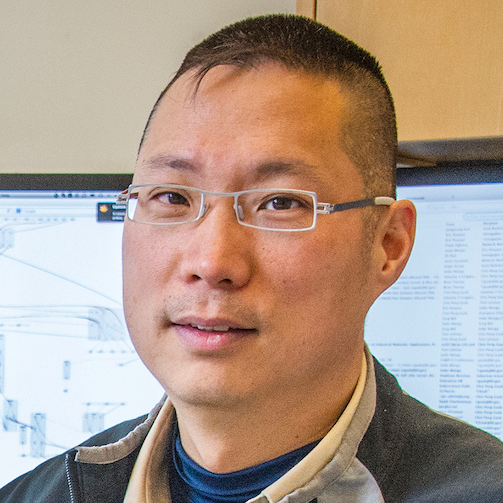
Mini Global Research Platform (GRP) Workshop
CTO
ESnet
Chin Guok is the CTO and Planning and Innovation Department Head at ESnet, DOE’s high performance network user facility. He has been involved in network engineering at ESnet for over 25 years, architecting specialized overlay services within the ESnet production backbone, prototyping SDN production solutions, and facilitating design and architecture work. Most recently, he served as the lead architect for ESnet’s current network (ESnet6) that came online in mid-2022.
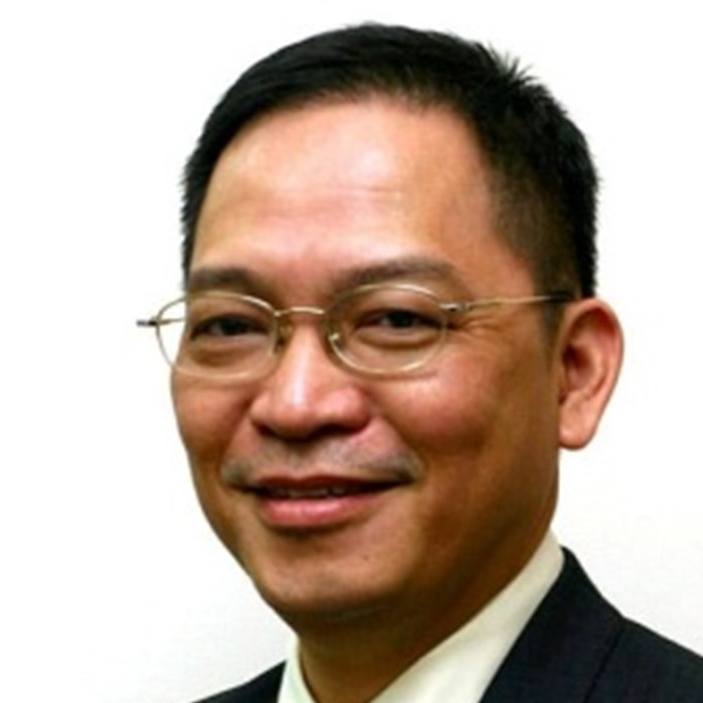
Mini Global Research Platform (GRP) Workshop
Secretary
SingAREN
Bu Sung Lee, francis is currently an Associate Professor with the School of Computer Science and Engineering, Nanyang Technological University. He currently holds the position as Director, International Networks at National SuperComputing Center(Singapore). Bu-Sung Lee was the founding Director, Service Platform Lab, HP Labs(Singapore) 2010-2012.
Bu-Sung Lee has been actively involved with the deployment of advanced networks in Singapore and the region. He is the founding President of Singapore Advanced Research and Education Network (SingAREN) in 2003-2007 and currently, the secretary. He is active in the region, the current Chair of the TEIN*CC Advisory Board, and member of the [email protected] steering committee, funded by EU Aid.
His research areas cover both Grid/Cloud Computing and network. Lately he has carried out research in the areas of Data Analytics and Big Data. He currently holds a number of grants on Data Analytics and Machine Learning.
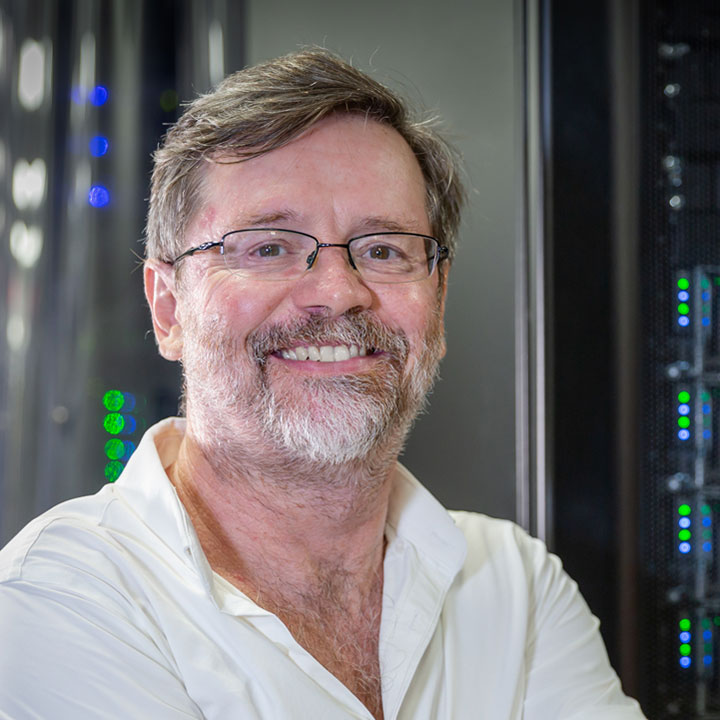
Mini Global Research Platform (GRP) Workshop
Director
San Diego Supercomputer Center, United States
Frank Würthwein, Ph.D., is the director of the San Diego Supercomputer Center. He is the PI of the “Prototype National Research Platform”, funded by the National Science Foundation, the OSG Executive Director, a faculty member in the UC San Diego Department of Physics and a founding faculty member of the Halıcıoğlu Data Science Institute at UC San Diego. Würthwein received his Ph.D. from Cornell in 1995. After holding appointments at Caltech and MIT, he joined the UC San Diego faculty in 2003.
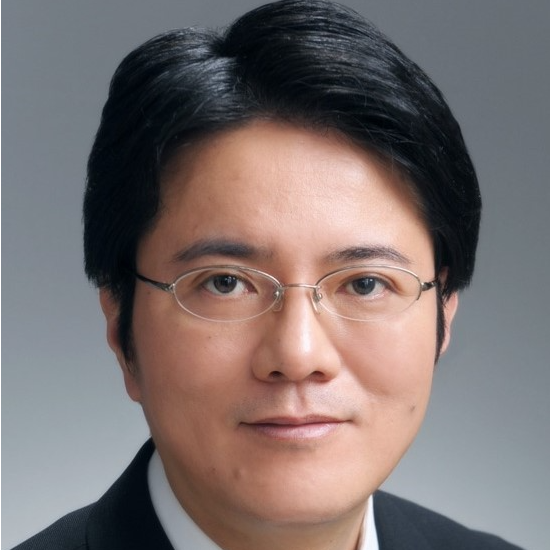
Mini Global Research Platform (GRP) Workshop
Director, ICT Testbed Research, Development and Operations Laboratory
National Institute of Information and Communications Technology (NICT)
Hidehisa Nagano received the B.Eng., M.Eng. and Ph.D. degrees in 1994, 1996 and 2005 respectively, all from Osaka University, Japan.
From 1996 to 2020, he worked for NTT Corporation, Japan. Since 2020, he has been working for National Institute of Information and Communications Technology (NICT), where he is currently the Director of ICT Testbed Research, Development and Operations Laboratory. His research interests include media information processing, AI, and AI network.
Dr. Nagano is a senior member of IEEE and a member of IEICE and IPSJ. He was awarded the Commendation for Science and Technology by the Minister of Education, Culture, Sports, Science and Technology of Japan (Prizes for Science and Technology, Research Category) and others.
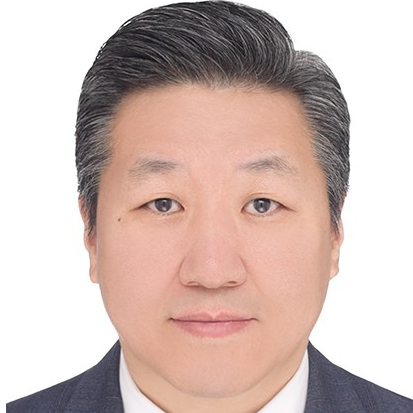
Mini Global Research Platform (GRP) Workshop
Principal Researcher
Korea Institute of Science and Technology Information (KISTI)
He is a Principal Researcher of Korea Institute of Science and Technology Information (KISTI) which is the national Supercomputing & Advanced Research Network Center. Especially, working for Dept. Advanced KREONET Center. Interesting research areas include in ScienceDMZ & PRP, Network QoS & Network Engineering, Software Defined Network & Future Internet, Cloud Computing & Network Virtualization, Remote Collaboration and so on. He is a chair of APRP (Asia Pacific Research Platform) WG in APAN.
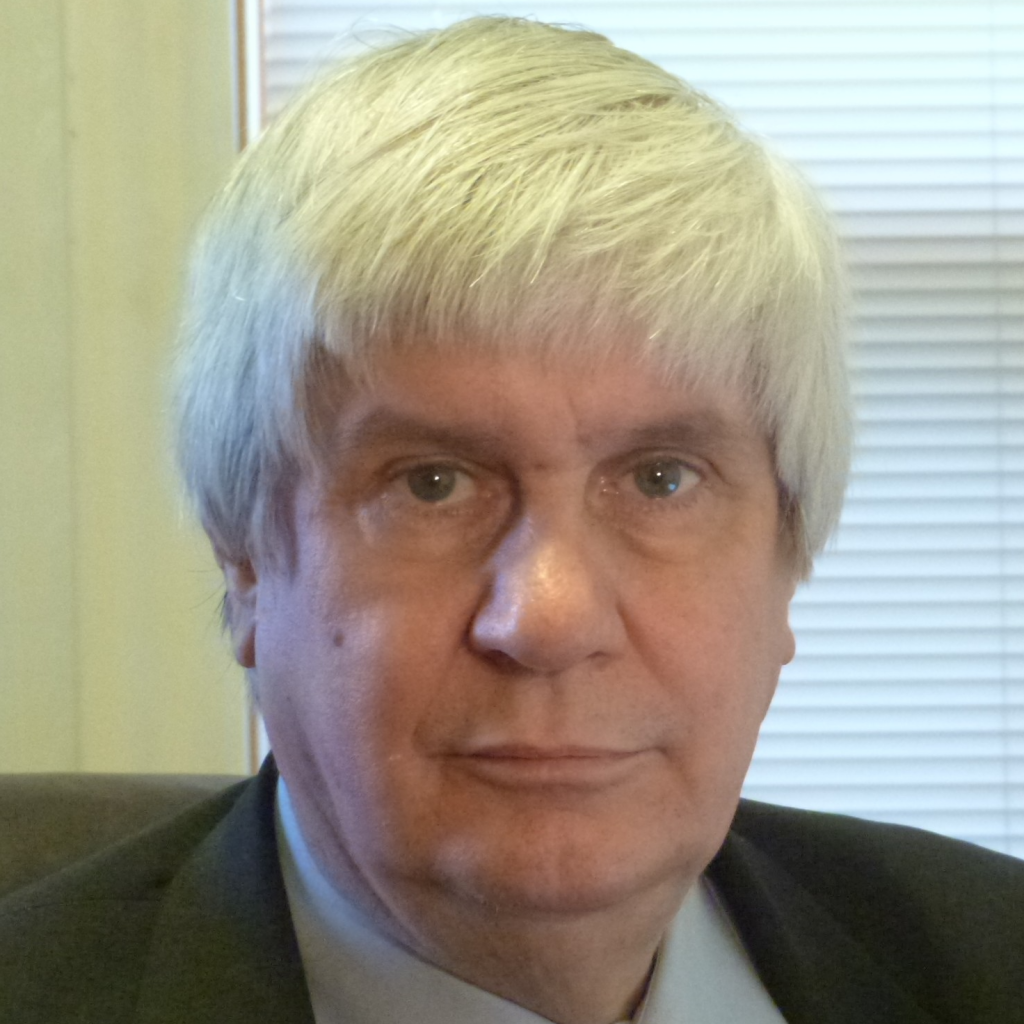
Mini Global Research Platform (GRP) Workshop
Director
International Center for Advanced Internet Research, Northwestern University
Joe Mambretti, Director of the International Center for Advanced Internet Research (iCAIR) at Northwestern University, researches large scale L1/L2 transport networks, with a focus on data intensive science applications. The Center, created in partnership with major technology corporations, designs and implements architecture, services and technology for data intensive applications (metro, regional, national, and global). He is also Executive Director of the Metropolitan Research and Education Network (MREN), an advanced high-performance network interlinking research organizations across seven upper-Midwest states. He is the Director of the StarLight International/National Communications Exchange Facility in Chicago, a global exchange for advanced high performance networks, especially for data intensive science, supporting over 100 private networks, 80*100 Gbps circuits and 25 local, national, and international network research testbeds.
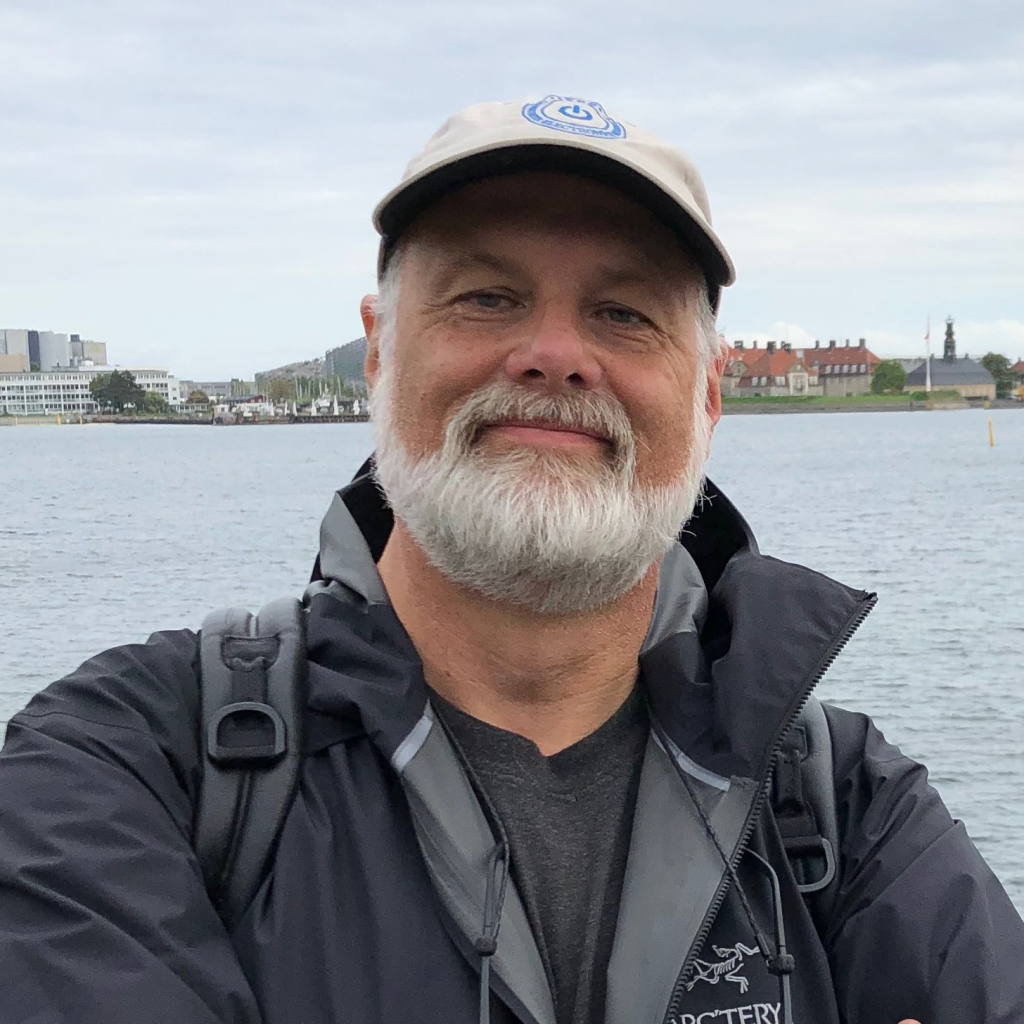
Mini Global Research Platform (GRP) Workshop
Chief Technologist, External Research
Ciena Corporation, R&D Labs, Ottawa Canada
Rod Wilson serves as Chief Technologist, External Research Networks, in Ciena’s CTO Group, where he is responsible for Ciena’s leadership & global interactions with universities, government programs, standards bodies and national research and education networks. As such, he orchestrates intersections between emerging technologies, advanced architectures and Ciena research and development groups. Mr. Wilson leads technology incubation initiatives and helps drive promising innovations to life.
Mr. Wilson studied Electrical Engineering at Ryerson Polytechnical Institute in Toronto Ontario. He is a graduate of the Executive Management school at Stanford University in Palo Alto, California, and has received an honorary degree from Algonquin College school of applied technology in Ottawa Canada. He is a recipient of the Queen Elizabeth II Jubilee medal for his service to Canada.
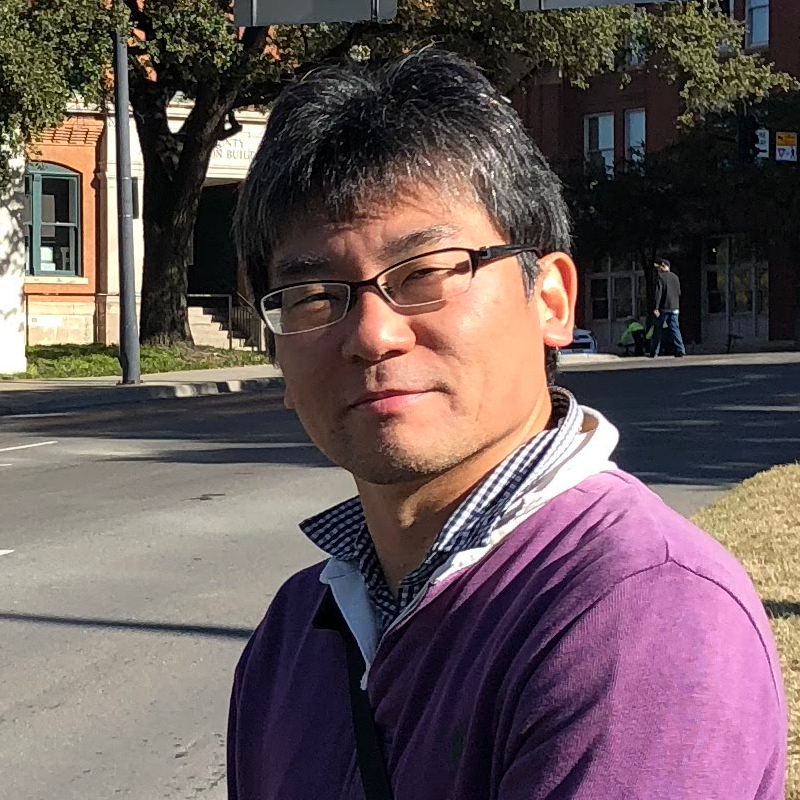
Mini Global Research Platform (GRP) Workshop
Associate Professor of the Cybermedia Center
Osaka University
Susumu Date received Ph.D. from Osaka University in 2002. He was
Assistant Professor of the Graduate School of Information Science and
Technology(IST) at Osaka University from 2002 to 2005. He also had
worked as a visiting scholar in University of California, San Diego in
2005. Since 2008 he has been an Associate Professor of the Cybermedia Center at Osaka University.
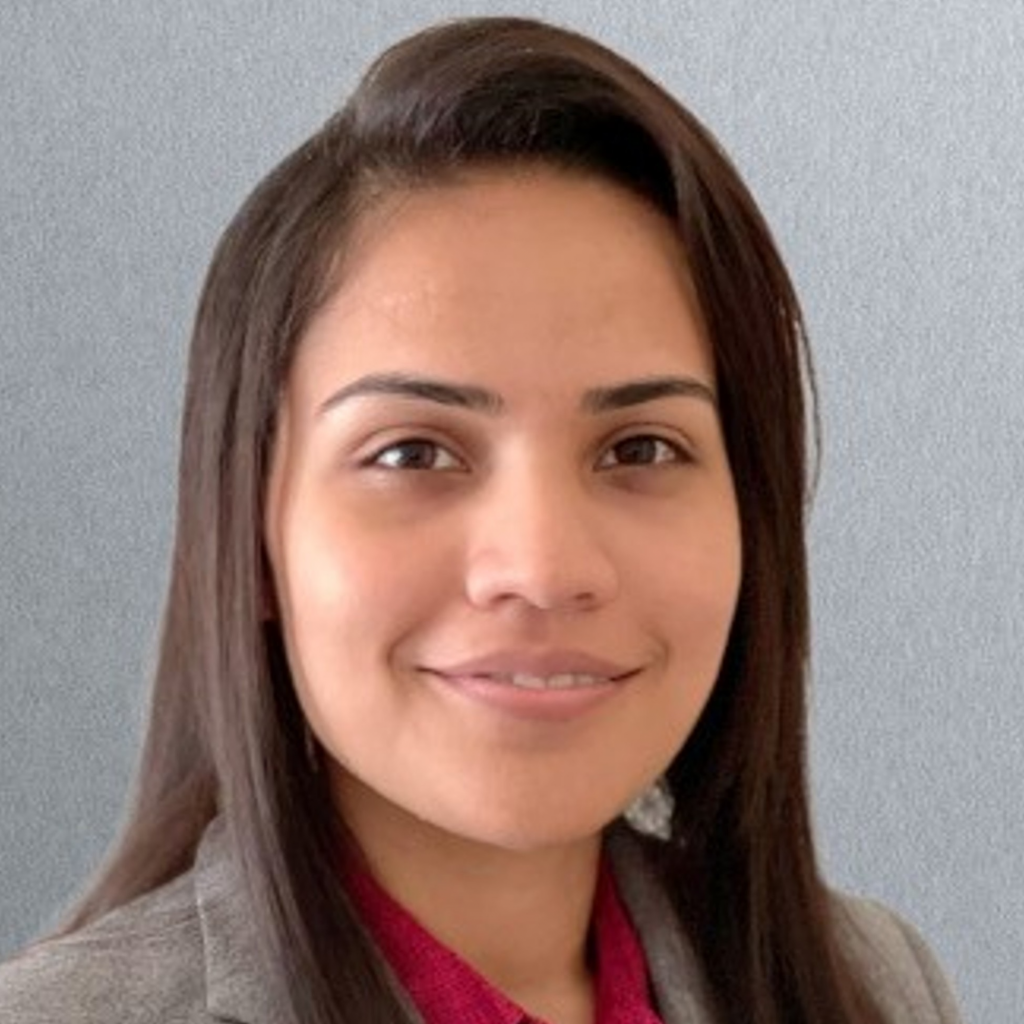
Multi-scale, Multi-physics and Coupled Problems on highly parallel systems (MMCP)
PhD Student
Iowa State University
Aishwarya is a Ph.D. student in Computer Science at Iowa State University. She completed her bachelor’s in computer science and engineering from India and her M.S. from Iowa State University. Her areas of interest lie in designing, optimizing and accelerating domain-aware or knowledge-guided neural networks for real world applications with high performance computing. She is also interested in accelerating graph neural networks and transformers.
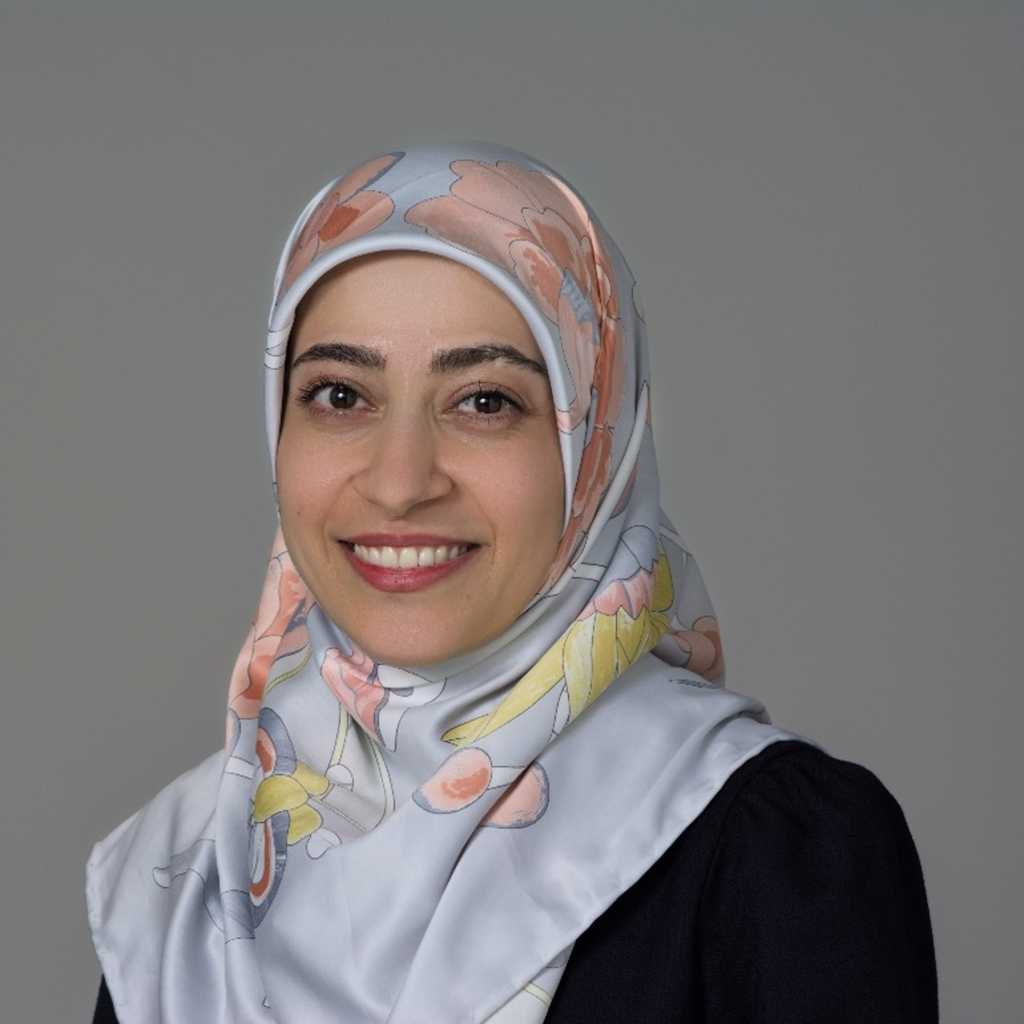
Multi-scale, Multi-physics and Coupled Problems on highly parallel systems (MMCP)
Research Associate
German Aerospace Center (DLR)
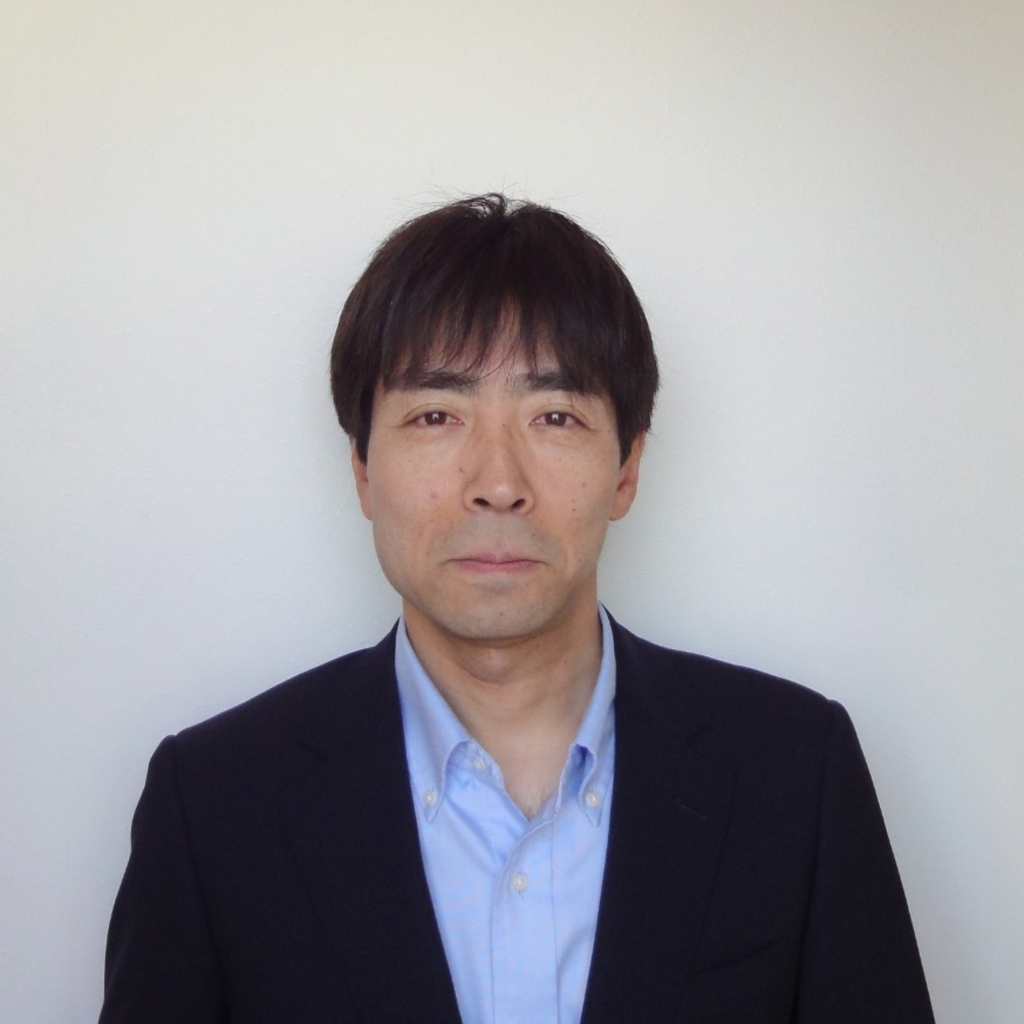
Multi-scale, Multi-physics and Coupled Problems on highly parallel systems (MMCP)
Professor
Japan Aerospace Exploration Agency (JAXA)
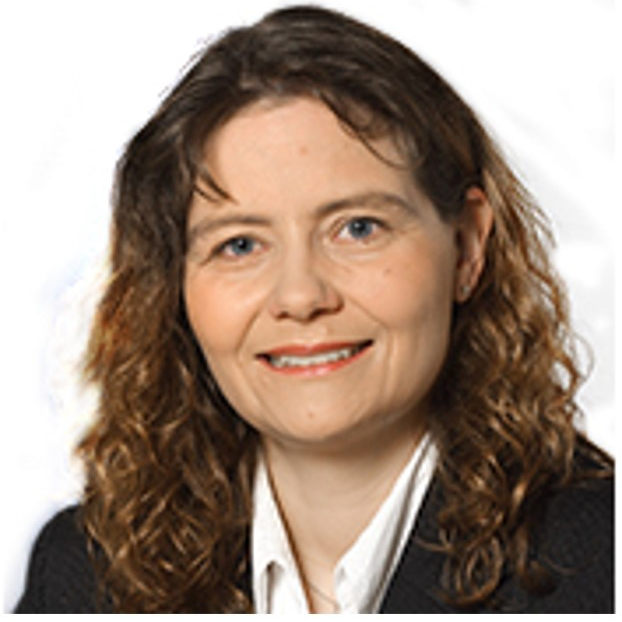
Multi-scale, Multi-physics and Coupled Problems on highly parallel systems (MMCP)
Professor at Technical University Dresden and Director of Institute of Software Methods for Product Virtualization
German Aerospace Center (DLR)
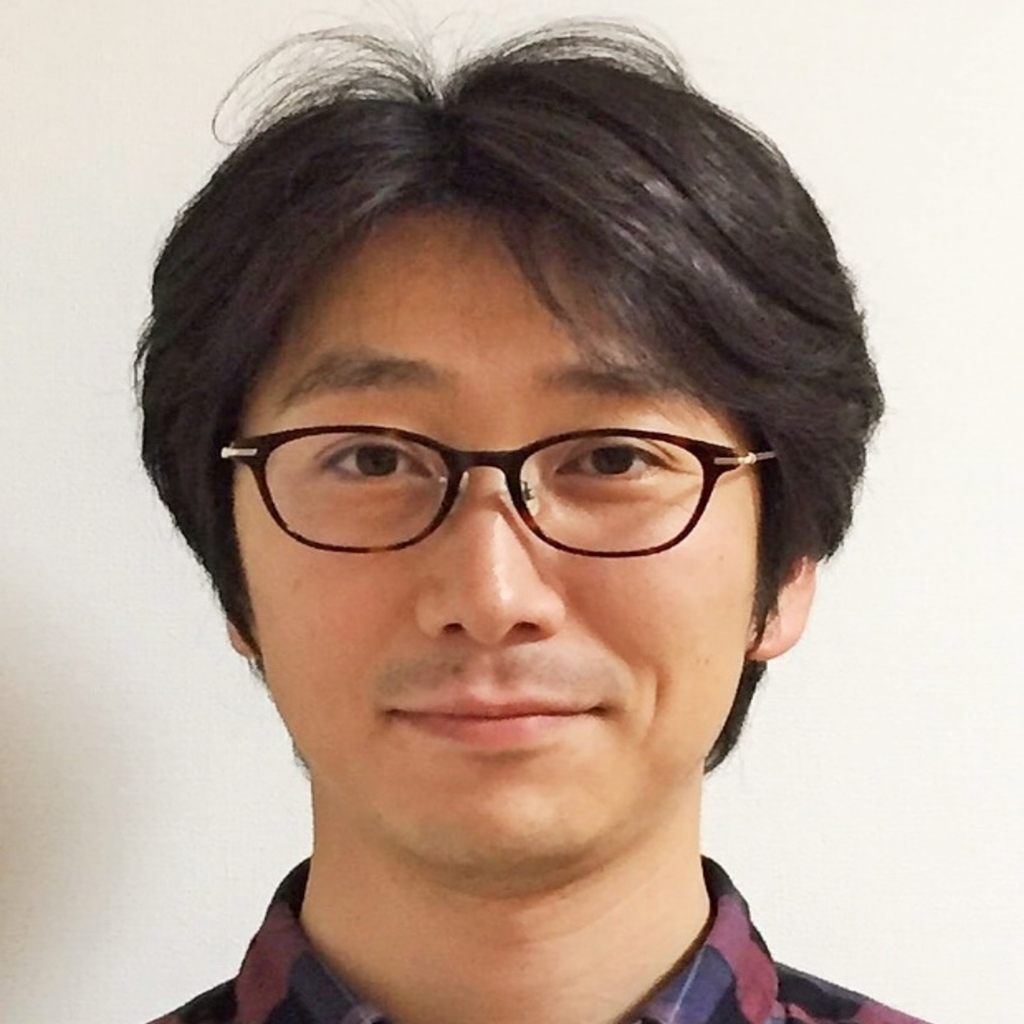
Multi-scale, Multi-physics and Coupled Problems on highly parallel systems (MMCP)
Associate Senior Researcher
Japan Aerospace Exploration Agency
Dr. Takanori Haga is an associate senior researcher at Japan Aerospace Exploration Agency (JAXA). He received his PhD degree from Tohoku University in 2009. His research interest includes high-order schemes, efficient physical models for large-eddy-simulation (LES) and HPC. His current project focuses on developing a high-fidelity LES solver for full-scale liquid rocket engines.
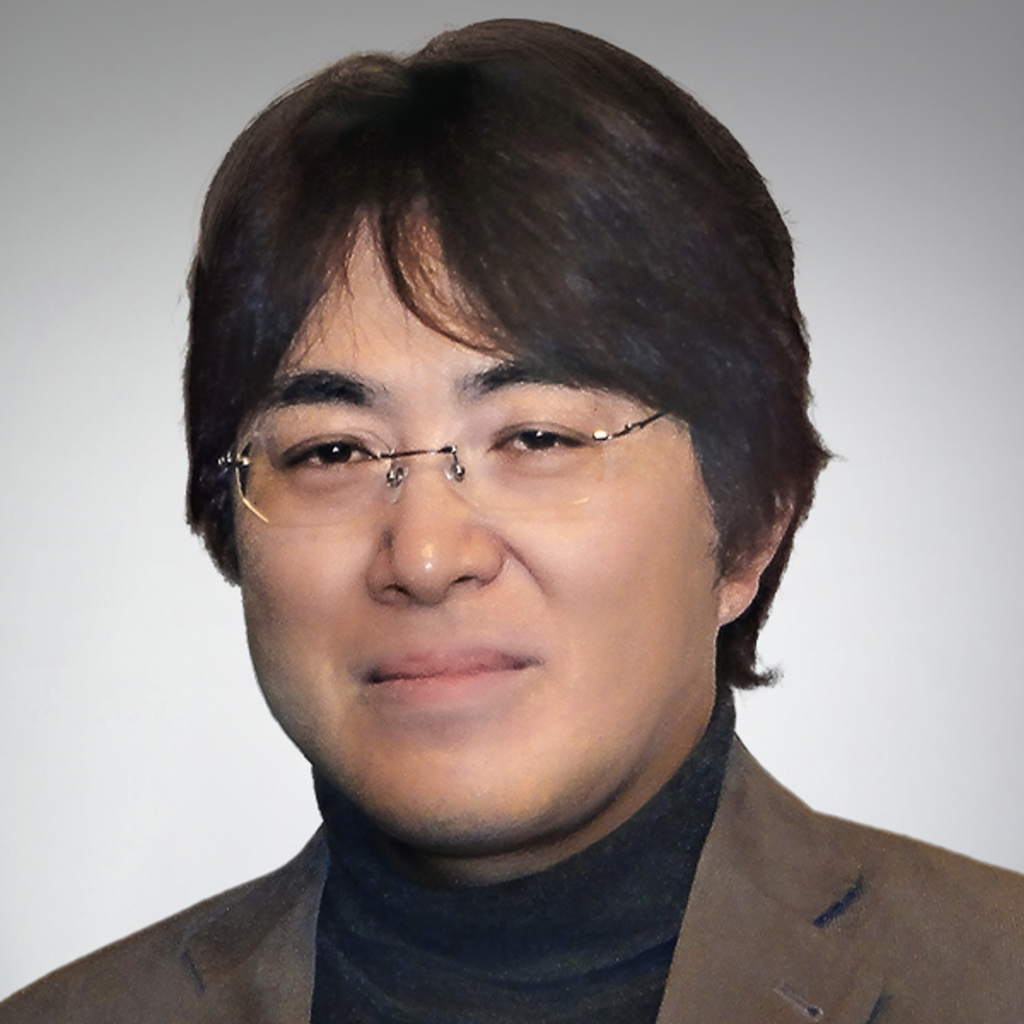
Multi-scale, Multi-physics and Coupled Problems on highly parallel systems (MMCP)
Professor, Deputy Director of Global Scientific Information and Computing Center
Tokyo Institute of Technology
Professor Aoki has been working on Computational Fluid Dynamics and High-performance Computing for more than 20 years. Since 2009, he has been a deputy director of Global Scientific Information and Computing Center (GSIC), a world leading supercomputing center for GPU computing. He has been a pioneer for GPU applications and first published GPU programming (CUDA) textbook in Japan. His team succeeded in a phase field simulation on 330 billon mesh with 4,000 GPUs and awarded as Gordon Bell Prize in 2011. He has been recognized as a CUDA Fellow by NVIDIA. Recently he is interested in sport aerodynamics.
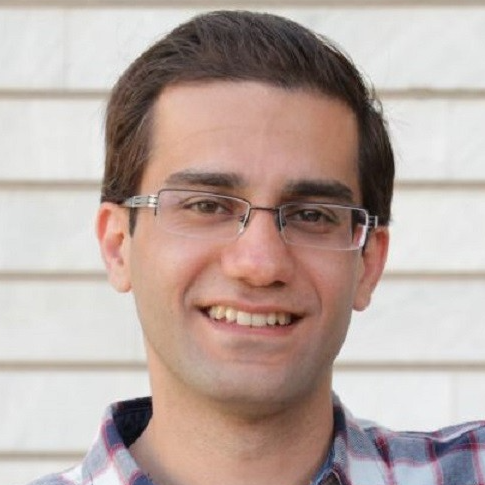
Multi-scale, Multi-physics and Coupled Problems on highly parallel systems (MMCP)
PhD Student
Helmut Schmidt University, Germany
My name is Vahid Jafari, I studied B.Sc. of mechanical engineering and M.Sc. of aerospace engineering and since July 2020 I work as research assistant at Helmut Schmidt University/ Chair for High Performance Computing in Hamburg, Germany. Our chair is working on several aspects of high-performance computing like fault tolerance, code optimization and multi-scale simulation. I am working currently on the fault tolerance algorithm and coupled particle motion/CFD simulation. Furthermore because of my educational background in mechanical/aerospace engineering I am particularly interested in the HPC application in mechanical engineering.
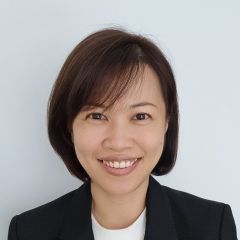
NSCC HPC Innovation Challenge (HPCIC): 2022 Winners’ Showcase & HPCIC 2023 Announcement
Senior Manager
National Supercomputing Centre (NSCC), Singapore
Angie Huang is the Senior Manager for Strategy, Planning and Engagements for National Supercomputing Centre Singapore (NSCC), under A*Star. She oversees strategic engagement activities where she actively promotes the adoption of high-performance computing to the research communities.
Prior to joining NSCC, Angie has worked as a regional communications lead for the Asia Pacific region and is well versed in content marketing, event management and campaign activation. A passionate advocate in promoting digitalisation and education, Angie enjoys building innovation ecosystems by being the connect between communities and organisations.
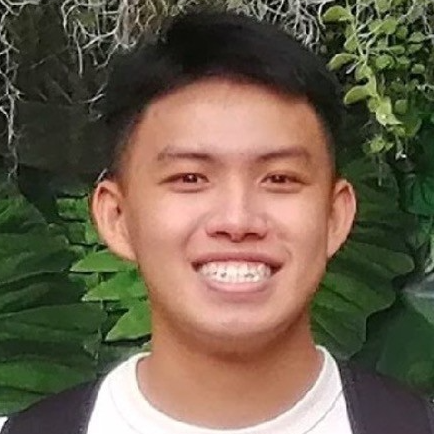
NSCC HPC Innovation Challenge (HPCIC)
Student
Nanyang Technological University
Dao Zheng is a Computer Science Undergraduate in Nanyang Technology University’s Renaissance Engineering Programme. With prior experiences in the realm of data collection, his role in Team Viridis was to gather relevant data and parse these datasets into an optimised format for training of their machine learning pipeline. As a budding computer scientist, Dao Zheng is eager to learn and explore the different technologies available today. His interests are in data, including data analysis and data engineering, as he believes in harnessing big data to help inform business decisions.
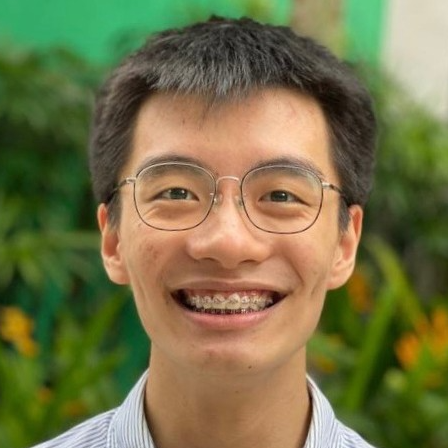
NSCC HPC Innovation Challenge (HPCIC)
Student
Nanyang Technological University
Hui Xiang is a student from Nanyang Technological University’s Renaissance Engineering Programme, with a specialisation in Computer Science. Within Team Viridis, Hui Xiang’s role was to access the HPC resources provided and train their machine learning pipeline.Currently, his software skillsets include web development, firmware programming, cybersecurity and machine learning. Hui Xiang is actively exploring new computer science technologies in areas like backend development and devops, and constantly furthering his skills in areas like machine learning, data analytics and web development. To apply his software skillsets and put his knowledge to good use, Hui Xiang actively participates in various hackathons and competitions, attaining stellar results across software engineering hackathons, data science competitions and capture-the-flag events.
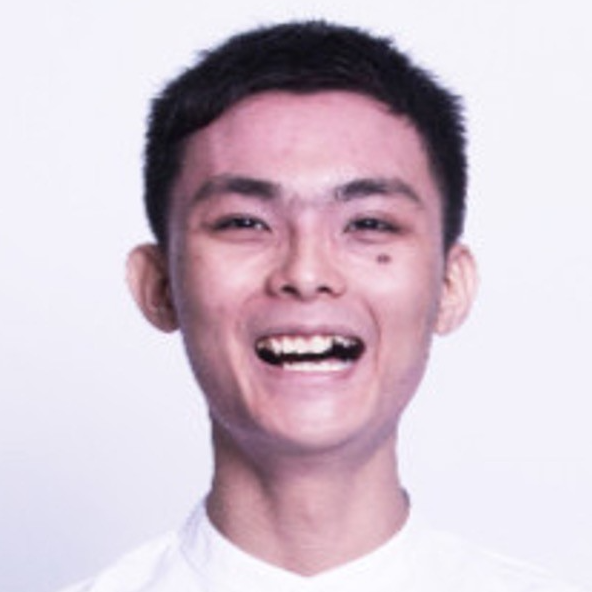
NSCC HPC Innovation Challenge (HPCIC)
Student
Singapore Management University
Ren Jie is currently a Year 2 Information Systems and Urban Science Undergraduate at the Singapore Management University. His interests are in urban science and urban planning. He currently is pursuing an individualised second major in Urban Science at the College of Integrative Studies, aiming to utilise, integrate and interpret data from the city into innovative solutions for cities of the future.

NSCC HPC Innovation Challenge (HPCIC)
Senior Officer (Strategic Outreach and Development)
National Supercomputing Centre (NSCC), Singapore
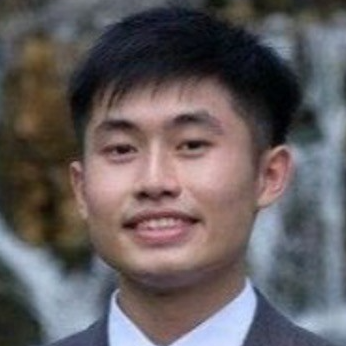
NSCC HPC Innovation Challenge (HPCIC)
Student
Nanyang Technological University
Sui Kiat is a current sophomore student at Nanyang Technological University studying the Renaissance Engineering Programme (REP). He is pursuing a concurrent double degree: a Bachelor’s degree in Computer Science and a Master’s in Technological Management. Sui Kiat is deeply interested in emerging technologies and has experience in full-stack development, cloud architecture and services, and product management. He has won multiple awards across multiple fields including but not limited to deep learning, drone technology and medtech. Sui Kiat’s current interest involves the financial sector and the implementation of high-performance/ high-frequency trading through software engineering.
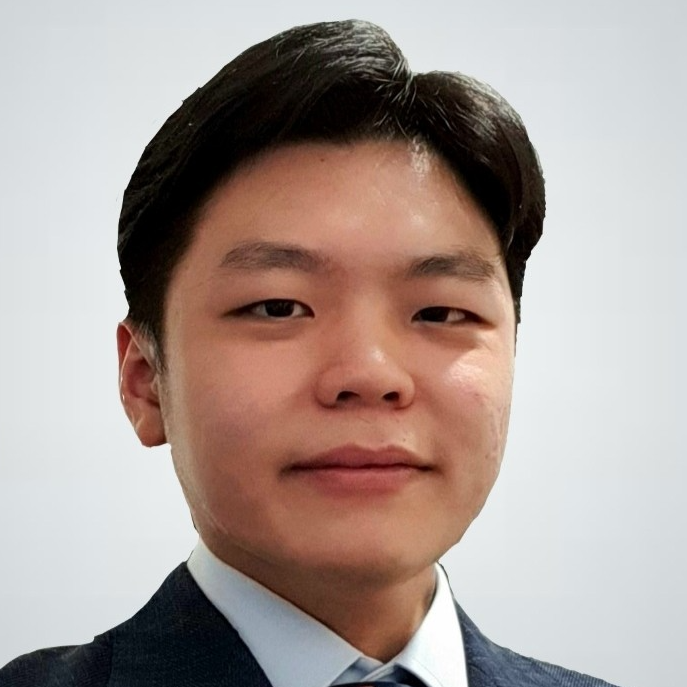
NSCC HPC Innovation Challenge (HPCIC)
Co-Founder
Aleph Technologies
Suwira leads all commercial initiatives in Aleph Technologies as the Co-founder and Business Lead. He possesses more than 5 years of experience in leading his family business in manufacturing and 3 years in consulting, specializing in operational optimization. Together with his co-founders, who possess more than 42 years of experience in process engineering and industrial digitalization, they started Aleph Technologies in 2021 to provide a solution for the manufacturing industry to optimize their energy usage and decarbonize energy-intensive operations.
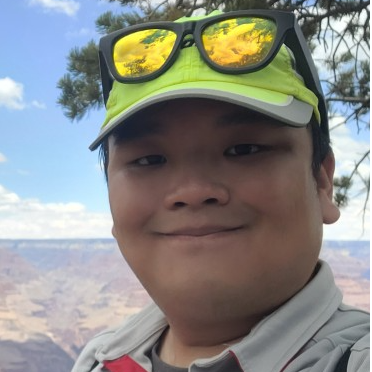
NSCC HPC Innovation Challenge (HPCIC)
Operations Development Executive
HSC Pipeline Engineering Pte Ltd
Graduated from the Singapore Management University with a Bachelor’s Degree in Business Management, Zhi Rui builds productivity apps, automation tools, and geomatic workflows for HSC Pipeline Engineering. Following the successful implementation of large-scale vehicle-mounted ground penetrating radar scanning, and accurate localized digital twinning via lidar-equipped mobile phones coupled with microtized high accuracy GNSS RTK antennas, Zhi Rui is now working with various parties to create a unified GIS platform for Singapore’s underground utilities.
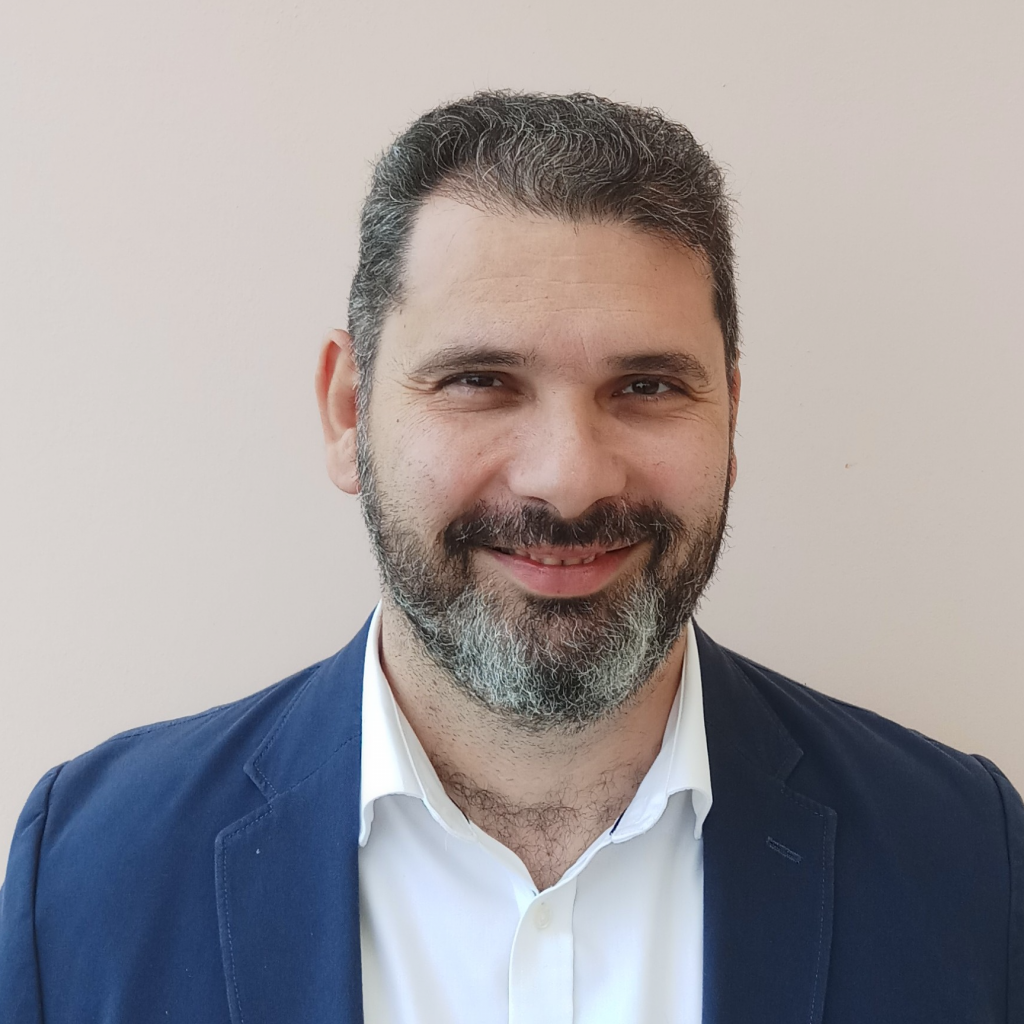
When HPC meets Quantum Computing: From System Design to Applications (HPC+Q)
Associate Professor
CQT NUS, TU Crete and AngelQ
Prof Angelakis has been leading quantum computing research teams in UK, Greece and Singapore for roughly 20 years. He completed his PhD in Imperial College followed by a research position in Cambridge DAMTP and the Centre for Quantum Computing. His work is focused in developing resource efficient, hybrid analog-digital quantum algorithms that can be implemented with near term quantum computers with applications in chemistry, optimization and machine learning. Awards he has received include the 2018 Google Quantum Innovation Award and the Valerie Myerscough Award from University of London, as well as the best PhD thesis award from the Institute of Physics UK. Beyond basic science, he has also been working on quantum software solutions for industry use cases in finance, market research, aviation, energy management and route optimization.
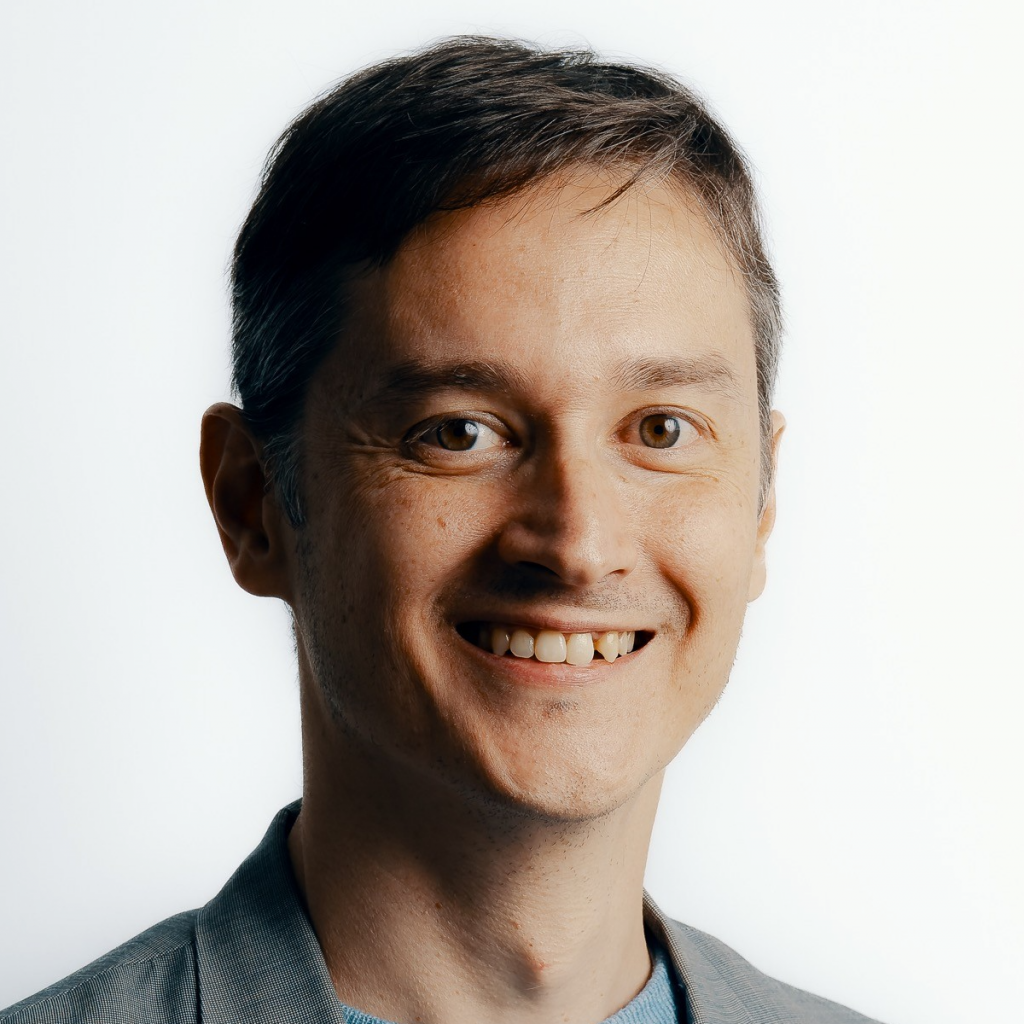
When HPC meets Quantum Computing: From System Design to Applications (HPC+Q)
HPC Integration Lead
IQM Quantum Computers
Bruno G. Taketani works at IQM Quantum Computers leading the integration of the company’s system into HPC environments. His work on quantum computing started in his Ph.D. focused on the development of noise-resilient protocols. He then followed by 5 years of postdoc in Germany working on quantum algorithms and applications. Before joining IQM, Bruno held a professorship for four years in southern Brazil, where he helped strengthen the local efforts in quantum technologies.
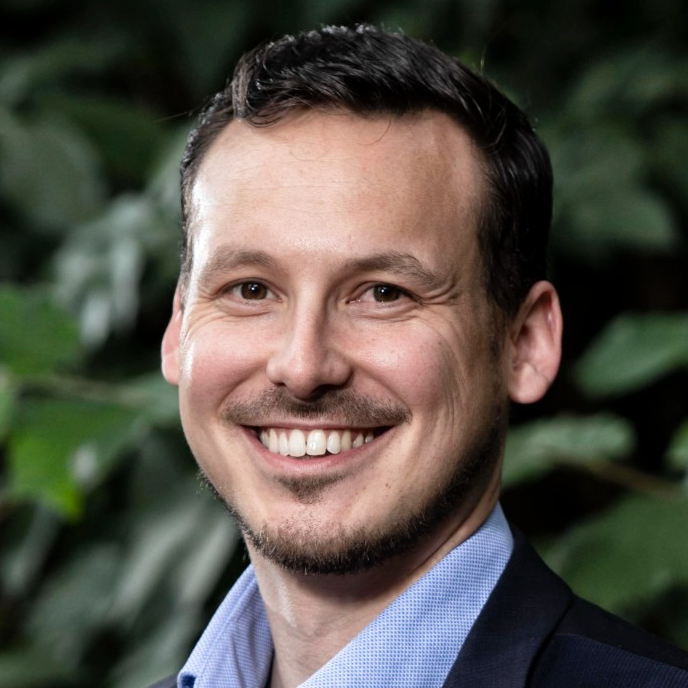
When HPC meets Quantum Computing: From System Design to Applications (HPC+Q)
Chief Operating Officer
Qblox
Kievit graduated his Masters with honours (Cum Laude) from Delft University of Technology’s Mechanical Engineering programme, specializing in micro & nano engineering. He co-authored his work on the design, fabrication and usage of MEMS based systems. He later added an MBA from Rotterdam School of Management to his qualifications. Currently, Eric Kievit (37) has extensive experience with starting and scaling up hi-tech ventures. Kievit is the cofounder of a market leader in research equipment for electron microscopy. He went on to establish his own consultancy firm, and later became Managing Director of a company in plastic waste reduction. Since 2022, Eric Kievit joined the Board of Qblox as COO, overseeing the growth of its commercial and operational activities on a global level.
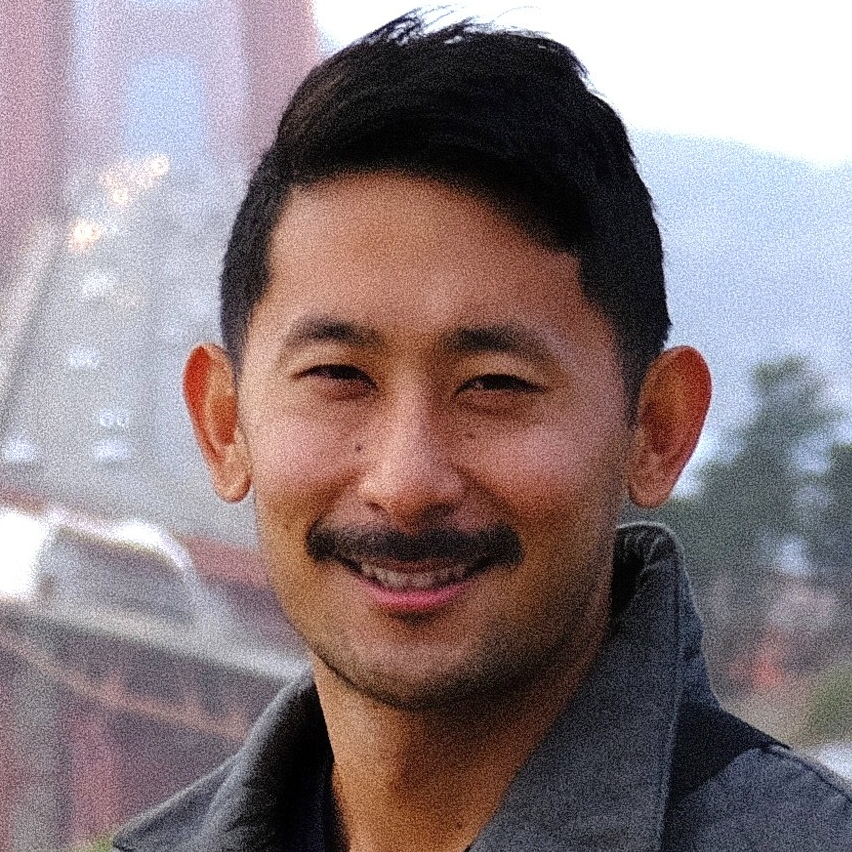
When HPC meets Quantum Computing: From System Design to Applications (HPC+Q)
Developer Relations Manager, Quantum Computing
NVIDIA
Jin-Sung Kim is the Developer Relations Manager for Quantum Computing at NVIDIA and is based out of San Francisco. Prior to NVIDIA, he was a Research Staff Member at IBM Quantum. Jin-Sung holds a PhD from Princeton University in electrical engineering and materials science.
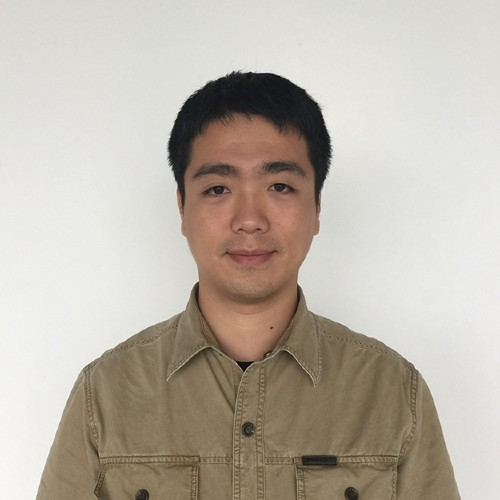
When HPC meets Quantum Computing: From System Design to Applications (HPC+Q)
Research Scientist
IHPC, A*STAR
Tian Huang received his BSc and Ph.D. degree from the Shanghai Jiao Tong University, Shanghai, China in 2008 and 2016. He is currently a research scientist with Institute of High Performance Computing, Agency for Science Technology and Research, Singapore. His research interest lies in high-performance computing and machine learning algorithms.
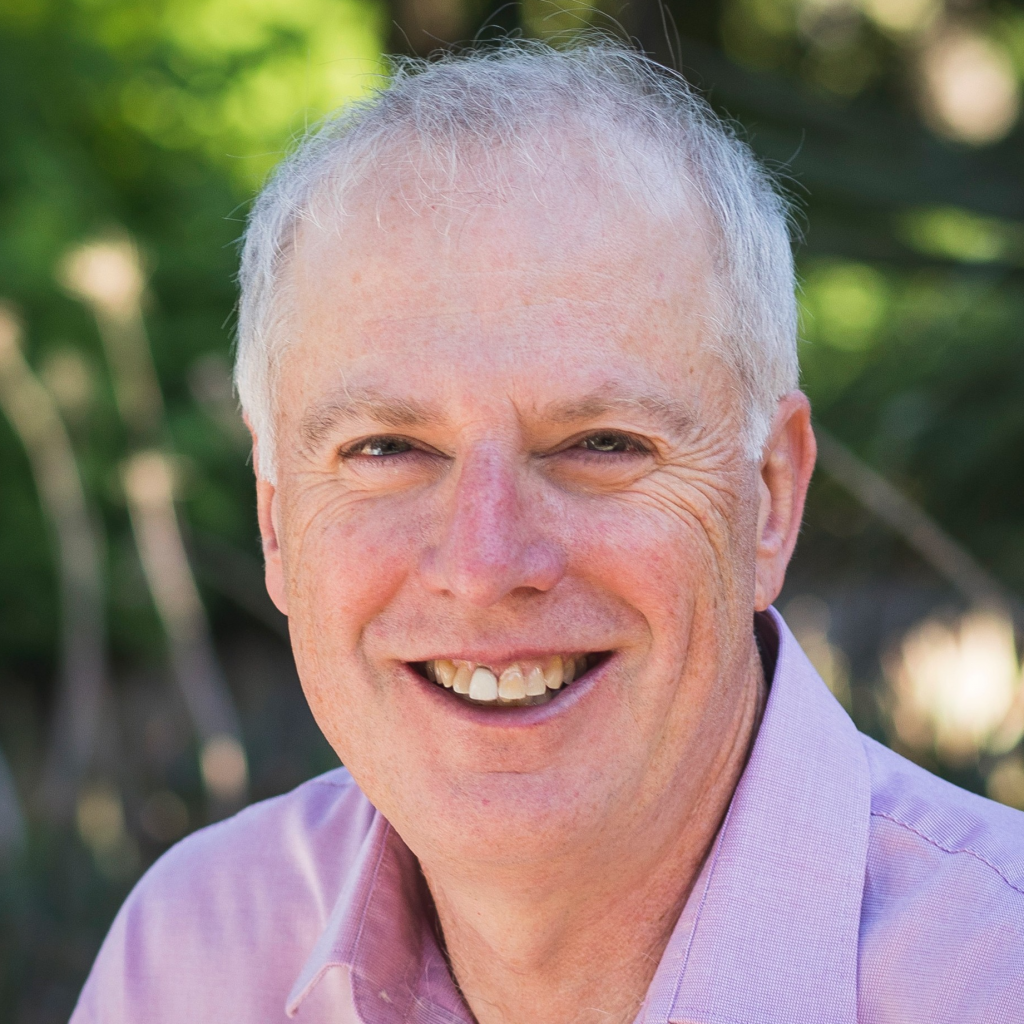
SCA23 Inaugural SCA Award Winners’ Lecture Series
Director of Research Computing
University of Queensland
David is a Professor of Computer Science, and currently heads the University of Queensland Research Computing Centre.
He has been involved in computer architecture and high performance computing research since 1979.
David has expertise in High Performance Computing, distributed and parallel computing, computer architecture and software engineering.
He has produced in excess of 230 research publications, and some of his work has also been integrated in commercial products
David is a Fellow of the Association for Computing Machinery (ACM), the Institute of Electrical and Electronic Engineers (IEEE), the Australian Academy of Technology and Engineering (ATSE), and the Australian Computer Society (ACS).
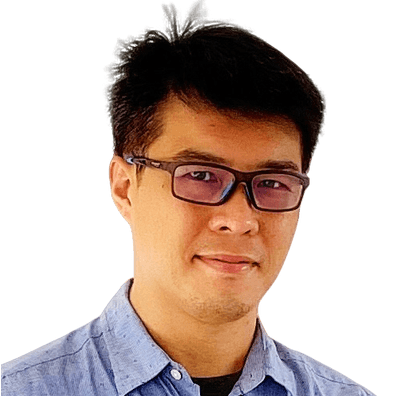
Future of High Performance Computing with Quantum @SG Workshop
Senior Scientist
Institute of High Performance Computing (IHPC), Agency for Science, Technology and Research (A*STAR)
Dr Adrian Mak obtained his PhD in Chemistry at the National University of Singapore (NUS) in 2008 and was a postdoctoral fellow at the University of California, Berkeley from 2009 to 2011 working on problems in Electronic Structure Theory and Quantum Chemistry. At the Institute of High Performance Computing (IHPC), a research institute of the Agency for Science, Technology and Research (A*STAR) he works on various Computational Chemistry applications such as Catalysis and Spectroscopy, and more recently, Quantum Computing for Quantum Chemistry.
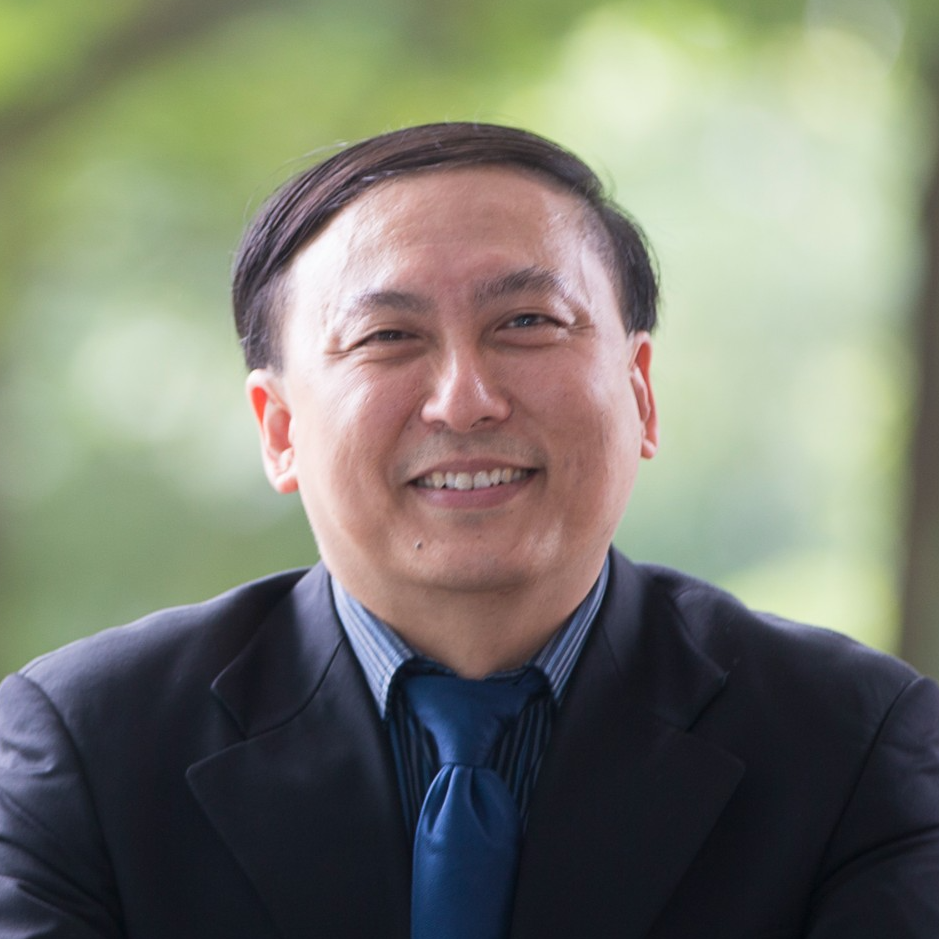
Future of High Performance Computing with Quantum @SG Workshop
Professor of Computer Science, and Principal Scientist, IHPC
Singapore Management University & ASTAR
Hoong Chuin LAU is Professor of Computer Science at the Singapore Management University, and jointly appointed by A*STAR as a Principal Scientist at the Institute of High Performance Computing. He was named the top 2% scientists in the world in a global study by Stanford University conducted in 2020. Currently, Hoong Chuin serves on the editorial board of the ACM Journal on Autonomous Transportation as well as Journal of Scheduling. In his 20+ years of academic profession, he taught a number of undergraduate and graduate courses, including AI Planning and Decision Making, Design and Analysis of Algorithms, Advanced Topics in Intelligent Systems.
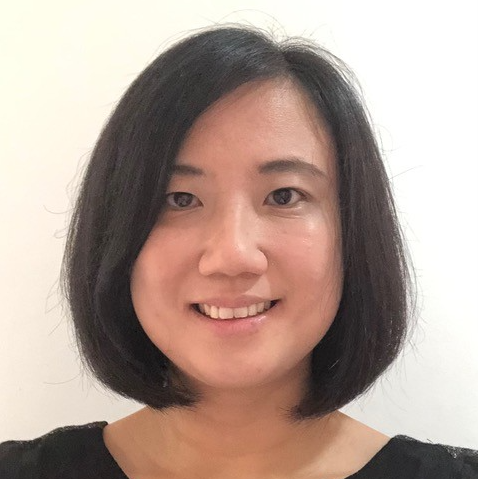
Future of High Performance Computing with Quantum @SG Workshop
Associate Professor
Yale-NUS College and the Centre for Quantum Technologies, National University of Singapore
Ng Hui Khoon is an Associate Professor at Yale-NUS College, and holds a joint appointment at the Centre for Quantum Technologies, NUS. She is currently the Director of the Division of Science at Yale-NUS, and is the Deputy Director (NUS) for MajuLab, a joint French-Singapore lab focused on quantum research. Her group works on quantum computing, in particular on the topic of quantum error correction and fault tolerance, the main thrust for overcoming the biggest obstacle — the issue of noise and its damaging effects — to the realisation of useful quantum computers. Her recent interest has been in bringing theoretical error mitigation schemes closer to practical implementation, including examining their limitations as well as the resource costs of implementing quantum computers that are noise resilient.
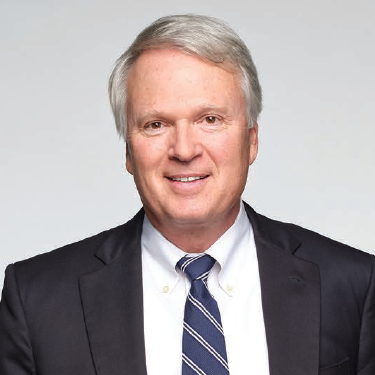
Future of High Performance Computing with Quantum @SG Workshop
IBM Vice President, Quantum Strategy and Growth
Thomas J. Watson Research Center, Yorktown Heights, NY
Dr. Broz has responsibility for driving commercial quantum applications and business adoption of advanced quantum computing capabilities. Joe joined IBM Quantum in March 2021 as the founding Executive Director and Chairman of the Federally chartered quantum consortium (QED-C) under the National Quantum Initiative Act. He has supported Defense, Air Force, Homeland Security, and other departments and agencies through research and consulting contracts, and advisory groups. Prior to that, he served as VP of Applied Sciences at SRI, where he led six laboratories in applied science, government business development, technical and business strategy. He also served as VP of Business Development and Research at Titanium Metals, and Laboratory Director at Tenneco, Inc., where he was responsible for product development, manufacturing operations, quality, technology and environmental management across several corporate divisions worldwide. He served as a White House Fellow for the Office of Science and Technology Policy in the administration of George H.W. Bush. He has been a British American Fellow at Johns Hopkins SAIS, and a Senior Fellow for National Security at NORC at the University of Chicago. Broz has a B.S. in physics from the Massachusetts Institute of Technology and a Ph.D. in physics from the Swiss Federal Institute (ETH) in Zurich.
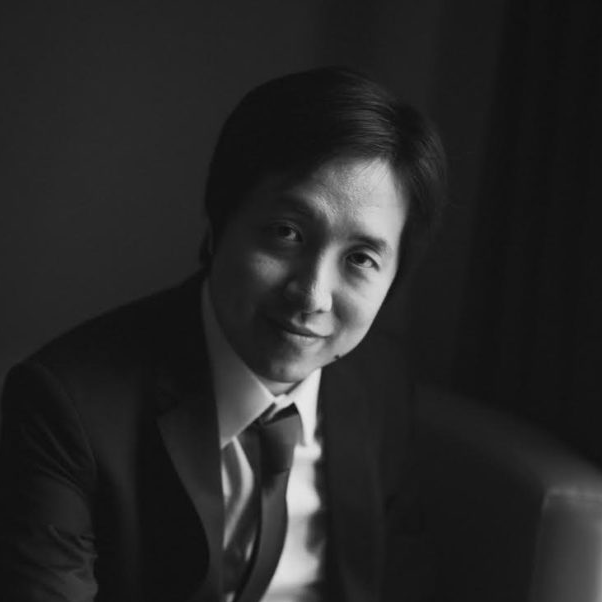
Future of High Performance Computing with Quantum @SG Workshop
Group Leader of the Quantum and Complexity Science Initiative
Nanyang Technological University, Singapore
Gu is originally from New Zealand and obtained his Ph.D. at the University of Queensland. After a faculty position at Tsinghua, he joined Nanyang Technological University in 2016. There he presently leads the quantum and complexity science initiative, with a present focus on quantum-enhanced modelling, causal inference, and data analytics. Gu holds joint appointments at the Centre for Quantum technologies, and Majulab. Gu’s previous accolades include the National Research Foundation Fellow, the China 1000 talent, and was also winner of the IBM Quantum Pitch Contest in 2020.
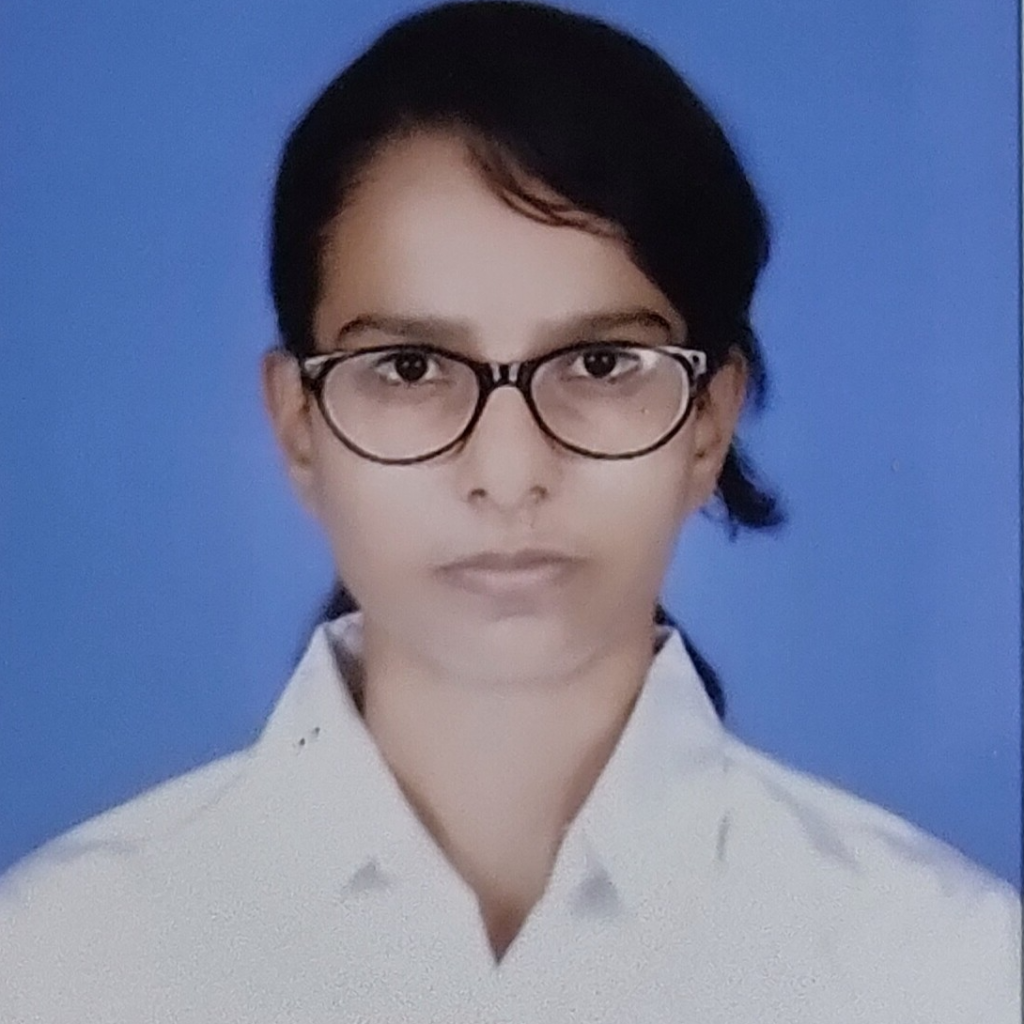
Conference on Next Generation Arithmetic (CoNGA)
PhD Scholar
Academy of Scientific and Innovative Research (AcSIR), CSIR-Central Electronics Engineering Research Institute (CEERI), Pilani
Diksha Shekhawat is a Ph.D. (Engineering Sciences) scholar at the Academy of Scientific and Innovative Research (AcSIR), Council of Scientific & Industrial Research-Central Electronics Engineering Research Institute (CSIR-CEERI), Pilani. She did an M.Tech. (Advanced Electronics Engineering) from AcSIR, CSIR-CEERI, Pilani, India, in 2021, and B.Tech. (Electronics and Communication Engineering) from B.K. Birla Institute of Engineering & Technology (BKBIET), Pilani, in 2019. She also worked as a Project Associate-I at CSIR-CEERI, Pilani. Her research interests include digital logic design, computer arithmetic, computer architectures, VLSI design, RTL design, System-on-chips (SoCs), hardware security, secure processor design, and FPGAs.
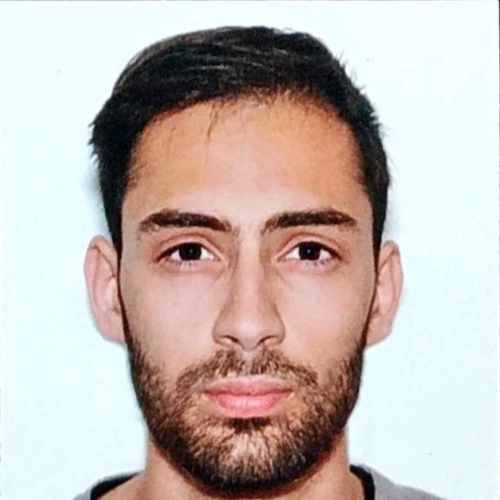
Conference on Next Generation Arithmetic (CoNGA)
PhD Student
Department of Information Engineering, University of Pisa, Italy
Federico Rossi is a PhD student at the Information Engineering Department at University of Pisa. In 2019 he received his Master Degree in Computer Engineering magna cum laude. He is currently involved in the European Processor Initiative (EPI2), TextaRossa and EuPilot projects. His research topics include alternative real number representations and their applications to Deep Neural Networks and RISC-V hardware environment.
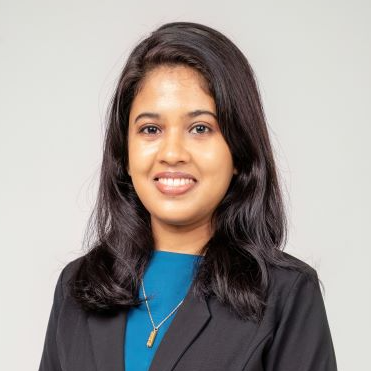
Conference on Next Generation Arithmetic (CoNGA)
Scientist
Institute for Infocomm Research, Agency for Science, Technology and Research, Singapore
Error resilience in neural networks has allowed for low-precision floating-point representations for mixed-precision training to improve efficiency. Although the IEEE 754 standard had defined a 16-bit float representation, several other alternatives targeting mixed-precision training have emerged. However, their varying numerical properties and differing hardware characteristics make them more or less suitable for the task. Therefore, there is no clear choice of a 16-bit floating-point representation that is accepted. In this work, we evaluate all 16-bit float variants and upcoming posit™ number representations proposed for neural network training on a set of CNNs and other benchmarks to compare their suitability.
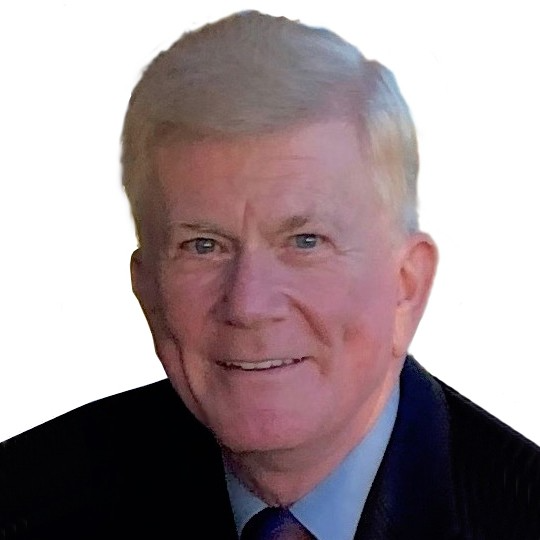
Conference on Next Generation Arithmetic (CoNGA)
Visiting Scholar
Arizona State University
Prof. John L. Gustafson (www.johngustafson.net) is a Visiting Scholar at Arizona State University. He is the inventor of several novel forms of computer arithmetic first introduced in his 2015 book, The End of Error: Unum Computing. He is best known for his 1988 argument showing that parallel processing performance need not be limited by “Amdahl’s law” now generally known as Gustafson’s law. Previously, he has been Senior Fellow and Chief Product Architect at AMD and a Director of Intel Labs. He is a recipient of the inaugural Gordon Bell Prize and is a Golden Core member of IEEE.
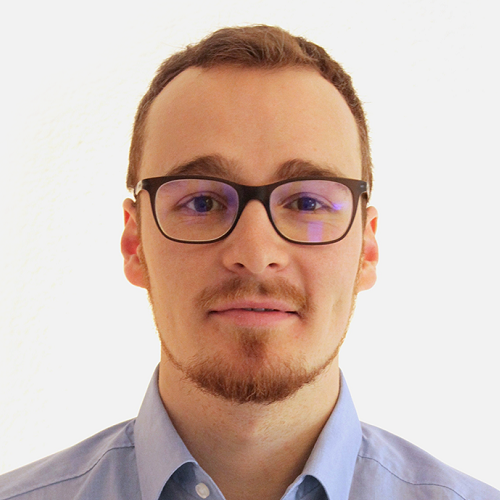
Conference on Next Generation Arithmetic (CoNGA)
Research Associate and PhD Candidate
University of Bremen
Moritz Barthel received the B.Sc. and M.Sc. degrees in electrical engineering and information technology from the University of Bremen, Bremen, Germany in 2015 and 2018, respectively. Since then, he has been with the Institute of Electrodynamics and Microelectronics, Communication Electronics Work Group, University of Bremen, as a research associate and Ph.D. candidate.
His special research interests are innovative digital number formats, digital arithmetic and hardware implementations of wireless communication systems.
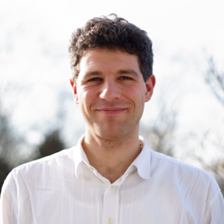
Conference on Next Generation Arithmetic (CoNGA)
PhD Candidate
Institute of Computer Engineering (ZITI), Ruprecht-Karls-Universität Heidelberg, Germany
After earning his master’s degree in physics, Moritz Beutel began a doctorate in Computer Engineering, only to be led back to an astrophysical problem. Moritz works on simulations of protoplanetary structure growth processes by combination of stochastic and deterministic methods, with particular attention to the efficiency of stochastic particle simulations.
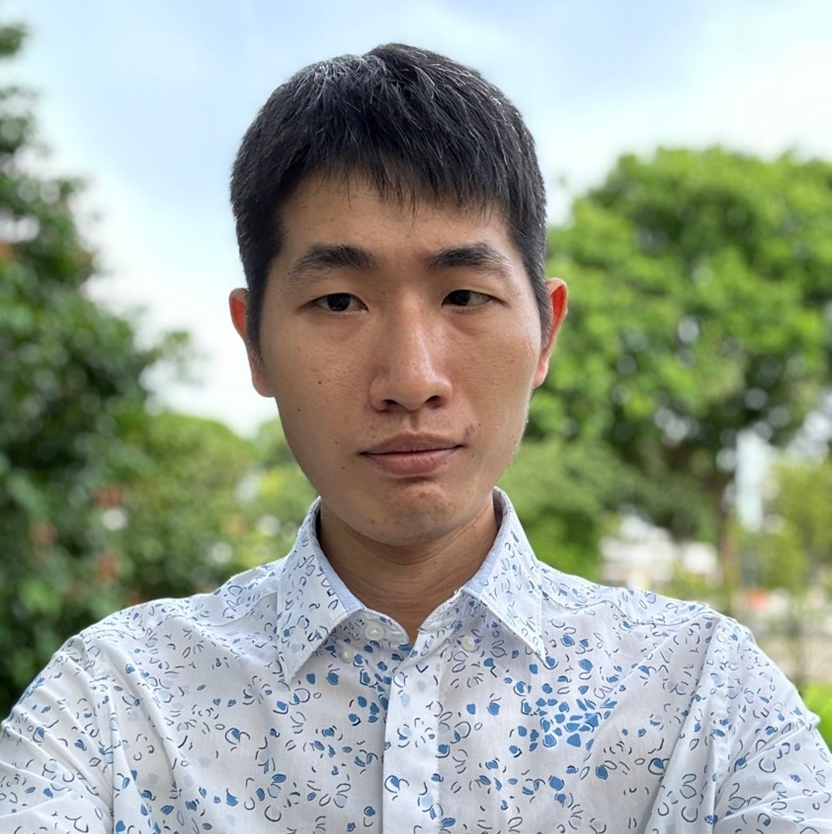
Conference on Next Generation Arithmetic (CoNGA)
Research Fellow
National University of Singapore
Minh is a research fellow at the National University of Singapore. His recent research includes optimizing number formats for general applications and machine learning models.
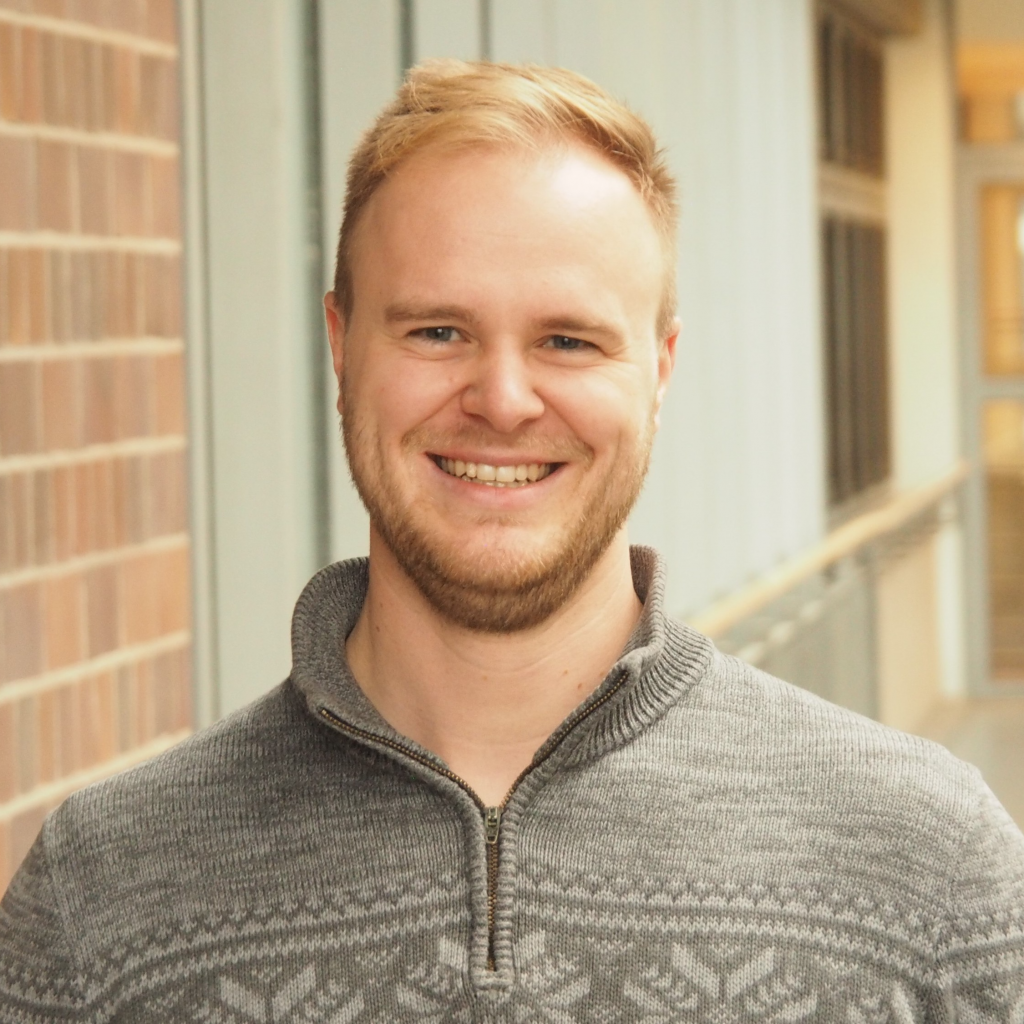
Conference on Next Generation Arithmetic (CoNGA)
Research Associate
University of Bremen
This paper presents a new approach for support vector filtering to accelerate the training process of support vector machines (SVMs). It is based on the Hybrid SORN approach, which combines the advantages of SORNs, concerning reduction of computational costs and time, and fixed point adders in terms of precision. A Hybrid SORN support vector filtering architecture is implemented on an FPGA board with Zynq 7000 XC7Z100 SoC and evaluated for the MNIST dataset. It can be considered as hardware accelerator, reducing the training time by factor 1.38 for one-versus-rest and 2.65 for one-versus-one SVM implementation.
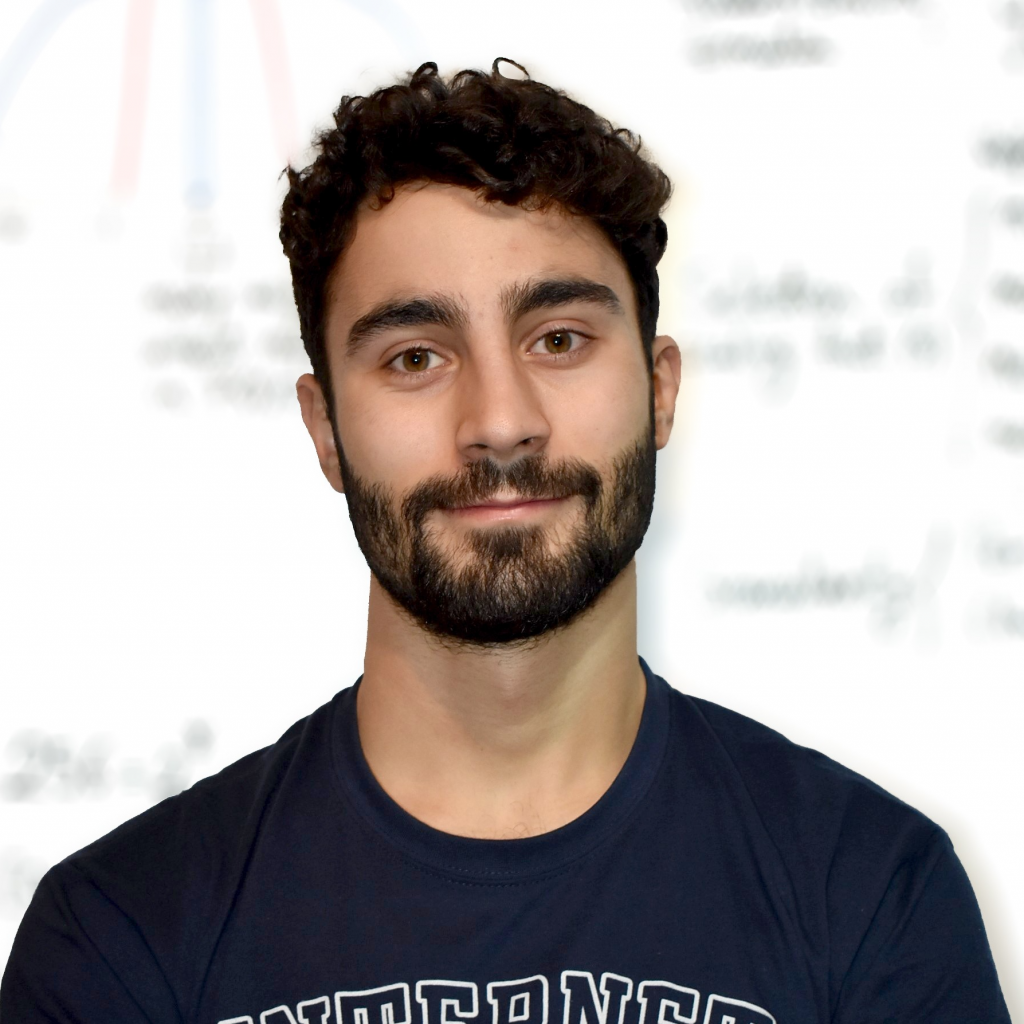
Conference on Next Generation Arithmetic (CoNGA)
PhD Student
Complutense University of Madrid, Spain
Raul Murillo received the BSc degree in computer science and the BSc degree in mathematics from the Complutense University of Madrid (UCM), Spain, in 2019, where he also received the MSc degree in computer science in 2021. His main research interests include approximate computing, new computer arithmetic, such as posits, and deep neural networks. He is currently working toward a Ph.D. degree with UCM related to the previously mentioned areas.
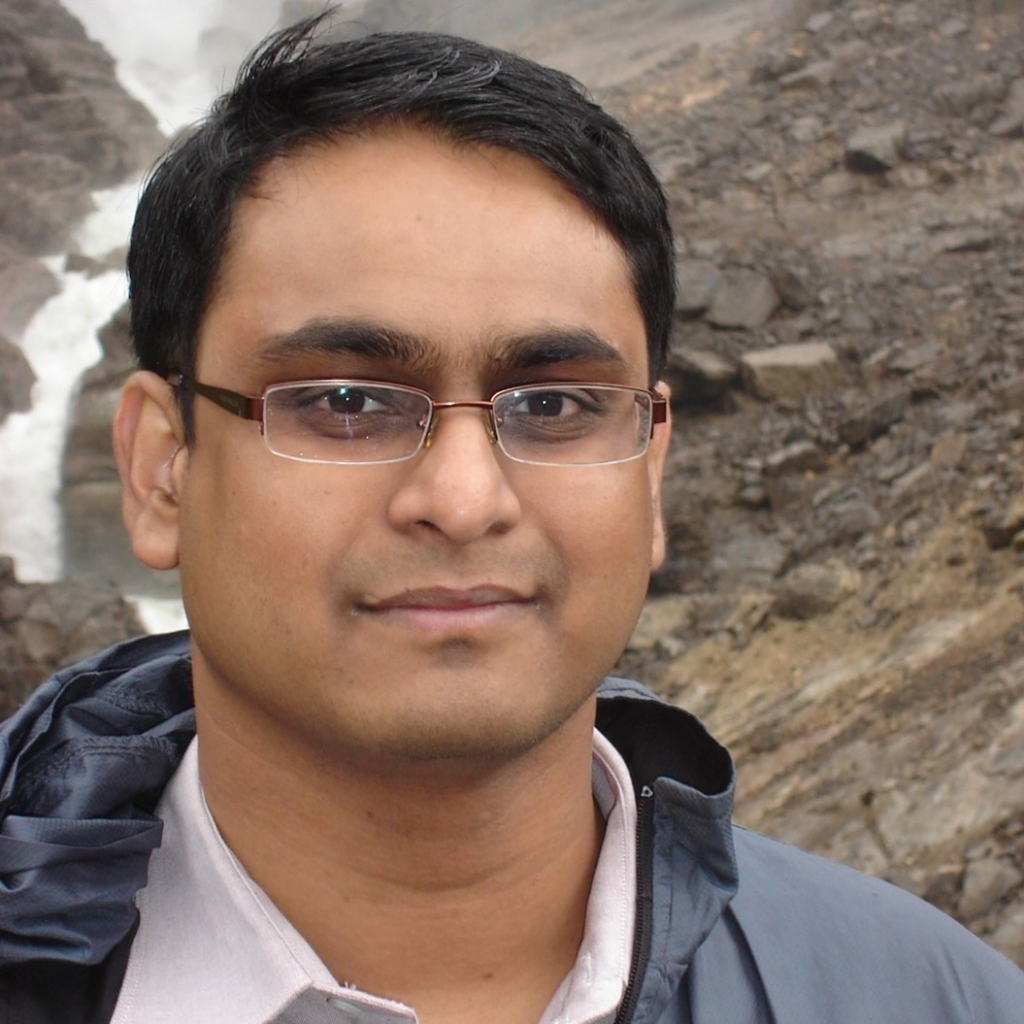
Conference on Next Generation Arithmetic (CoNGA)
Research Council Officer – Signal Processing
Herzberg Astronomy and Astrophysics Research Centre, National Research Council Canada
Thushara K. Gunaratne received the B.Sc. Engineering degree in electronics and telecommunication engineering from the University of Moratuwa, Sri Lanka in 2004 and M.Sc. and Ph.D. degrees in electrical engineering from the University of Calgary, Canada, in 2007 and 2011, respectively. He is currently a Research Council Officer – Signal Processing with the Herzberg Astronomy and Astrophysics Research Centre, National Research Council Canada. He has been involved in the design and implementation of the front-end digital signal processing modules for the upcoming large radio telescopes, the Square Kilometre Array, the Atacama Large Millimeter/submillimeter Array Wideband Sensitivity Upgrade and the next-generation Very Large Array.
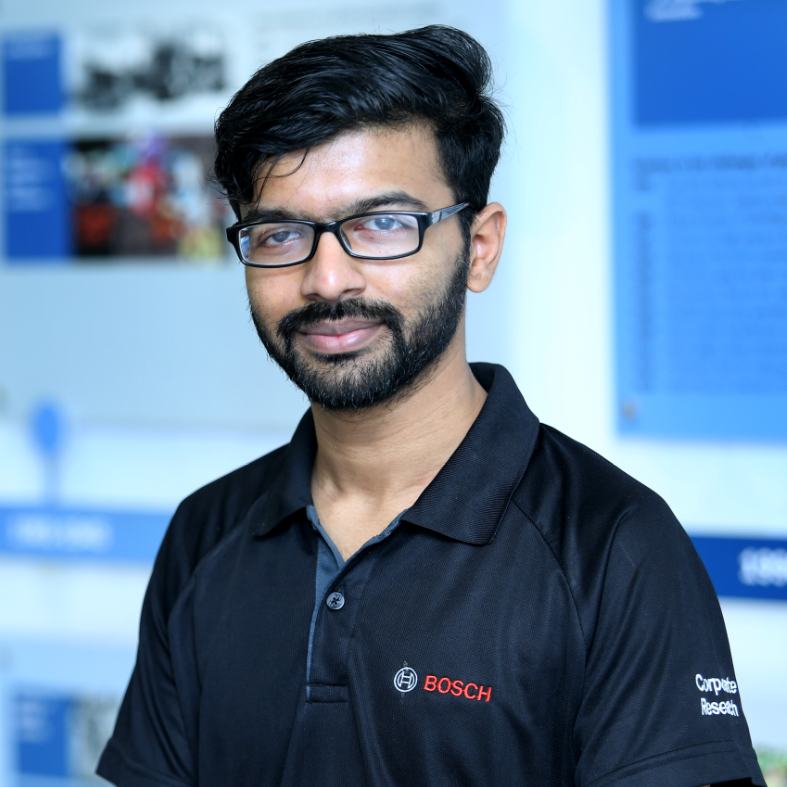
Conference on Next Generation Arithmetic (CoNGA)
Research Specialist
Bosch Global Software Technologies
Vinay Saxena completed his Bachelor’s degree in Electrical Engineering from Indian Institute of Technology (IIT), Jodhpur in 2016. Since then he has worked in the world of embedded systems in various capacities within the industry. Currently, he is working as a researcher at Robert Bosch, Research and Technology Center, India where his focus of research is Alternative arithmetic for resource-constrained devices. In parallel, he is also pursuing a Master’s degree in AI from IIT Jodhpur as a part time student.

HPC Cybersecurity Workshop
Security Engineer Manager
Singapore Checkpoint
Abhishek is a seasoned professional with extensive experience in the field of cyber security. He brings a wealth of experience and knowledge to the table, having worked in the industry for many years with deep understanding of the latest cyber security trends, technologies, and best practices.
He rose up from the ranks from being a Security Engineer to Public Sector SE Team Lead and now is leading the Singapore SE team. Customers can expect the highest level of technical expertise and support when it comes to implementing CheckPoint solutions. He has a deep understanding of CheckPoint technologies, as well as the broader security landscape, and can help our clients identify and mitigate cyber threats. He has been with Check Point for around 4 Years
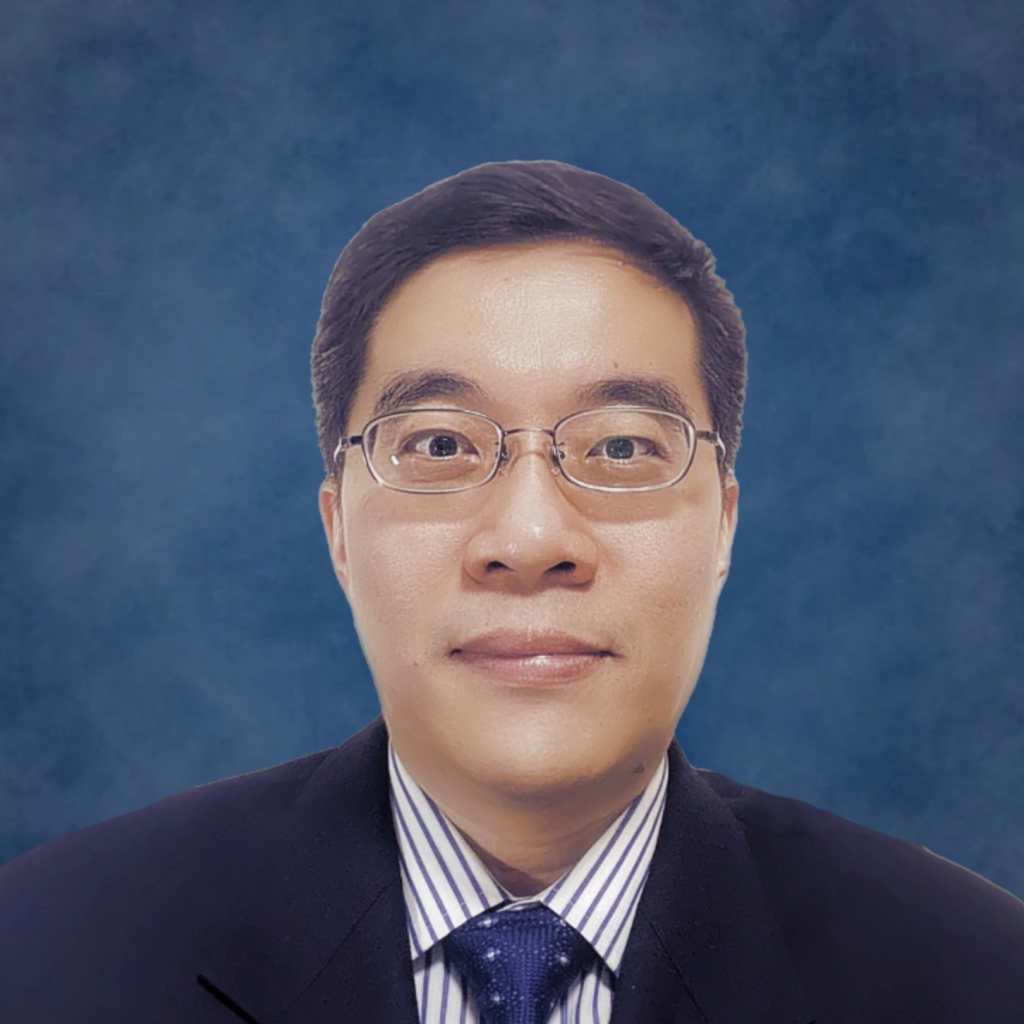
HPC Cybersecurity Workshop
Technical Director
Tanium
Dominic has over 20 years experience in safeguarding systems, from critical mainframes in banks to the inflight entertainment systems in commercial airliners. He has architected highly scalable security solutions for very large public and private sector organisations with more than 200,000 endpoints.
He firmly believes cybersecurity goals can continue to improve by upskilling people, upgrading tools and streamlining processes.
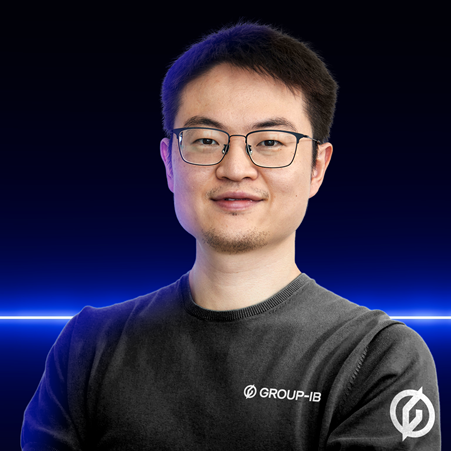
HPC Cybersecurity Workshop
Adversary Intelligence Research Lead
Group-IB Singapore HQ
Feixiang He is the Adversary Intelligence Research Lead of Group-IB Singapore HQ. He oversees the company’s entire CTI operations in the region. He and his team are the ones who take full stock of the evolution of the regional cyber threat landscape by proactively identifying and analyzing cyber threats ranging from ransomware to sophisticated nation-state operations. Under Feixiang’s supervision, his team develops tools for gathering unique threat intelligence that fuels the entire Group-IB’s threat hunting ecosystem.
Throughout his career, Feixiang has always championed collaboration on threat research and intelligence sharing, among industry associations, law enforcement and education institutions. He is a regular speaker at regional and global cybersecurity events, such as the CSA’s Cybersecurity Symposium, FS-ISAC and OT-ISAC Cyber Intelligence Sharing events. In 2021, Feixiang designed a CTF Challenge for TISC 2021 held by Singapore Centre for Strategic Infocomm Technologies. He loves football and cycling.
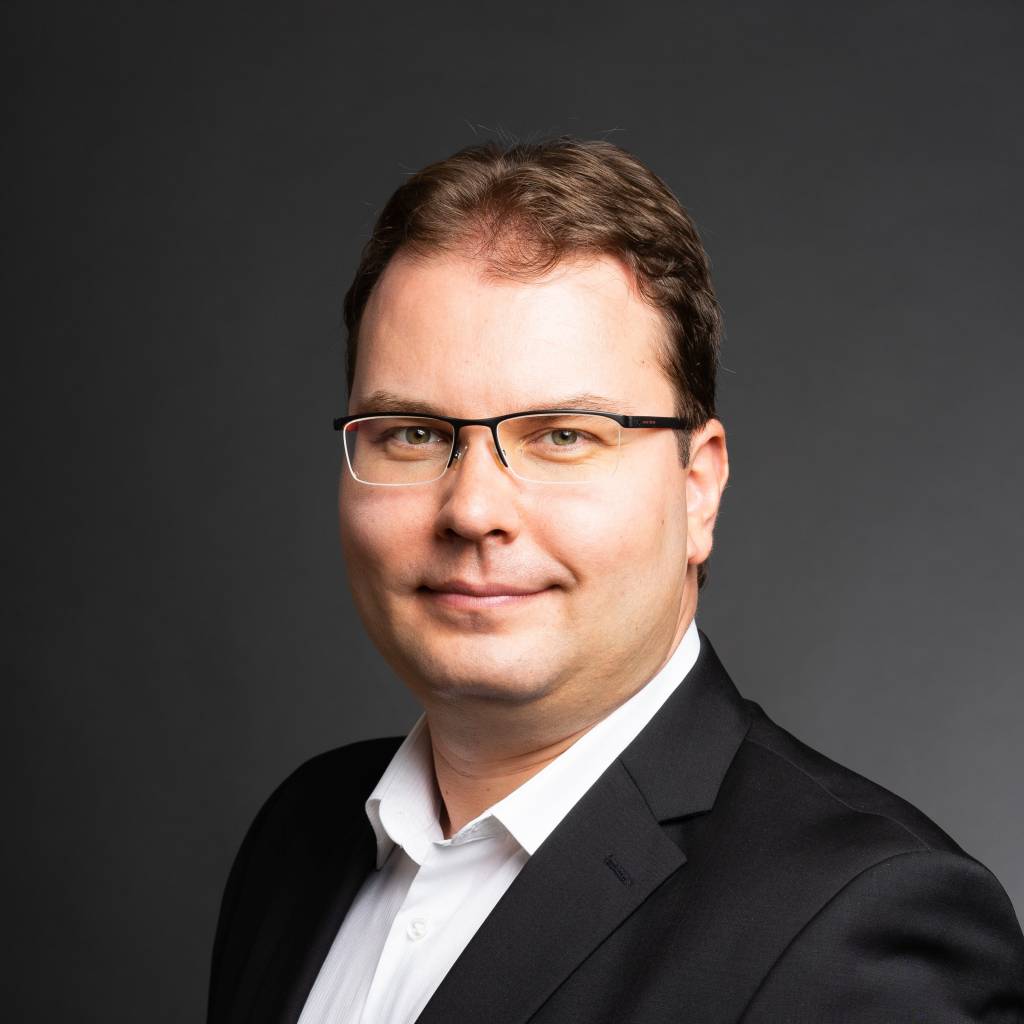
HPC Cybersecurity Workshop
Principal Solutions Architect, Representor of HPC-AI Advisory Council Singapore
NVIDIA
Gabriel Noaje has more than 15 years of experience in accelerated computing solutions for High Performance Computing and Artificial Intelligence. He has performed a variety of roles both in the enterprise and public sector that allowed him to manage, design and work on state of the art HPC solutions across a broad range of industries and domains.
Prior to joining NVIDIA, he was a Senior Solutions Architect with SGI and HPE where he has worked closely with major supercomputing centers in APAC. Previously, he was a Senior Computational Scientist at A*STAR Computational Resource Centre in Singapore (A*CRC) supporting users with deploying their applications on GPUs and large HPC systems.
Gabriel holds a PhD in Computer Sciences from the University of Reims Champagne-Ardenne, France and a BSc and MSc in Computer Sciences from the Polytechnic University of Bucharest, Romania.
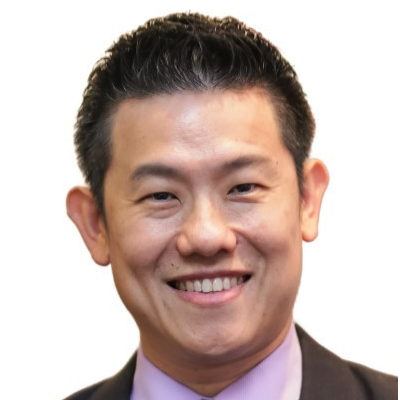
HPC Cybersecurity Workshop
Director
A*STAR
Jon Lau is a Director at the Agency for Science Technology and Research (ASTAR) in Singapore where he is involved in the Cybersecurity strategy, policy and governance. He is an Exco Member of the Singapore Computer Society Cloud Computing Chapter, and also an Exco Member of Singapore Advanced Research and Education Networks. He participates annually as a judge for the Cybersecurity Awards by AiSP and CSA.
Jon has been involved in deep tech since his first job. He started his career focusing on applied research in Data Mining and Machine Learning (AI). In 2010, he helped strategise and establish the first Government Private Cloud in the region. He was involved in the technical design and architecture, focusing on managing the risks and mitigating controls of using a cloud infrastructure.
Jon obtained his Bachelors of Science (Computer Science) and Masters of Technology (Knowledge Engineering) from the National University of Singapore.
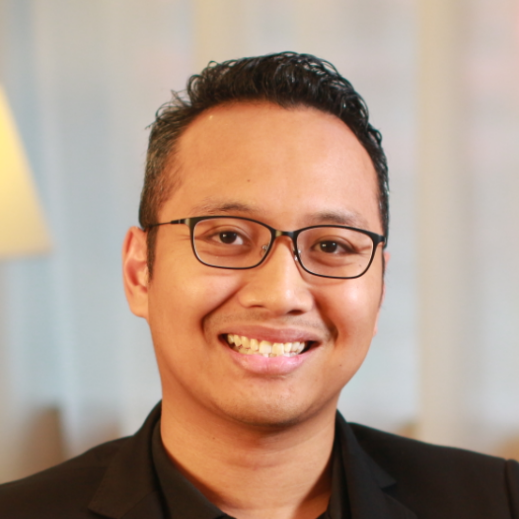
HPC Cybersecurity Workshop
Regional Security Architect
Vectra AI
Kamal is a Security Architect at Vectra assisting organizations with cybersecurity advisory and security architecture across Asia. As a Security Evangelist, he shares insights into the latest threat trends and developments with the goal of detecting these threats so that organizations can take a proactive approach to better protect their assets. Kamal specializes in both private and public cloud infrastructure & services, software-defined networking, virtualization, and orchestration; he understands the challenges of the ever-increasing complexity of various infrastructures and aims to provide insights on how these can be secured efficiently.

HPC Cybersecurity Workshop
Deputy Director, Technical Operation
National Supercomputing Centre (NSCC), Singapore
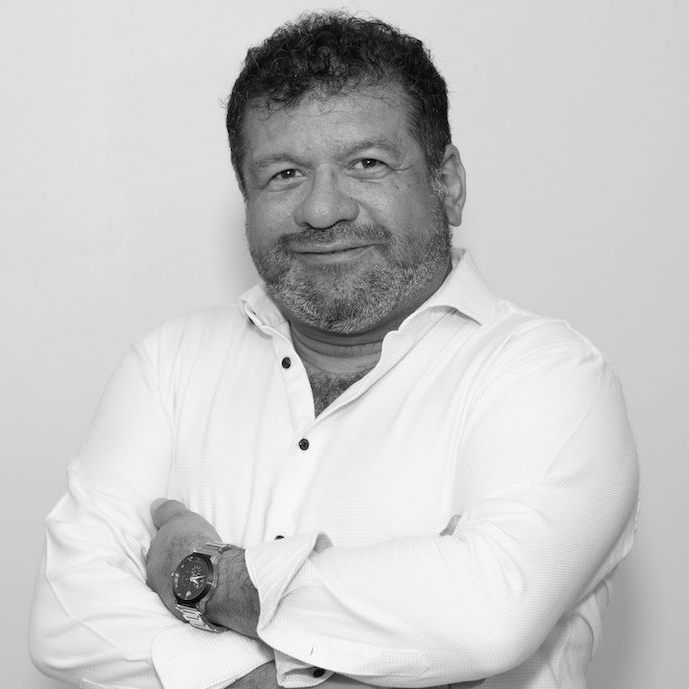
HPC Cybersecurity Workshop
IBM Quantum Ambassador Worldwide Lead
IBM
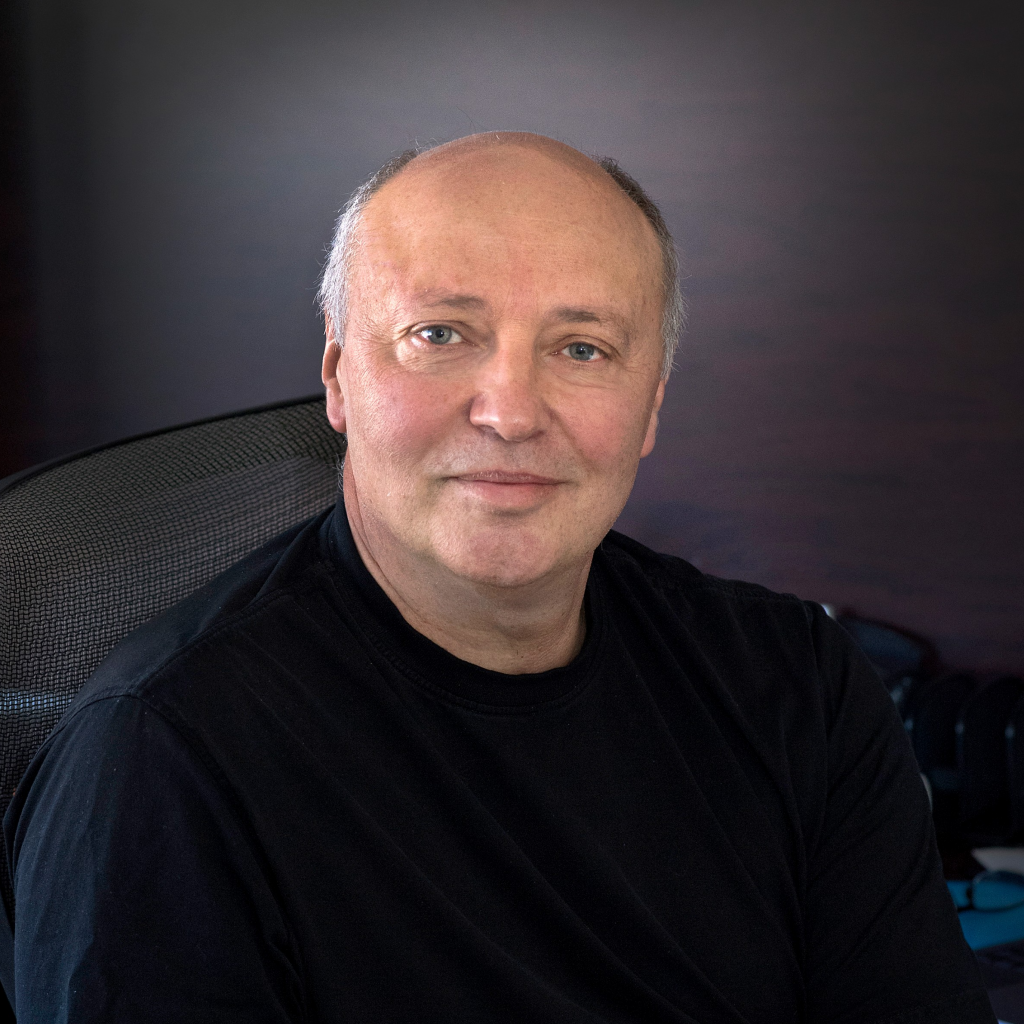
Energy and Resource Efficiency of Data Centers (EREC)
Chair of Computing for National Security
Brookhaven National Laboratory
Adolfy Hoisie is a Department Chair at the Brookhaven National Laboratory, where he directs the Computing for National Security Department. Before joining Brookhaven, he was with the Pacific Northwest National Laboratory where he directed the Advanced Computing, Mathematics, and Data Division and was a Laboratory Fellow. Prior to PNNL, he served in a variety of scientific and leadership positions at Los Alamos National Laboratory, including director of the Center for Advanced Architectures and Usable Supercomputing and leader of the Computer Science for High-Performance Computing Group and its Performance and Architecture Laboratory.
Adolfy is an internationally recognized expert in performance analysis, modeling, and engineering of extreme-scale parallel computing systems and applications and system architecture. He has served as the principal investigator of projects with diverse funding sources, including the U.S. Department of Energy’s Office of Advanced Scientific Computing Research, National Nuclear Security Administration, Defense Advanced Research Projects Agency, National Science Foundation, and U.S. Department of Defense, among others. He has pioneered methods in his areas of expertise, creating practical, highly accurate performance modeling techniques that have set the standard in the community. Adolfy is a past winner of the Gordon Bell Award and has served extensively in the high-performance computing community in various capacities, including conference organizer, editorial board member, committee and panel member, and on advisory boards. He has published more than 140 papers in peer-reviewed literature and co-authored three books.
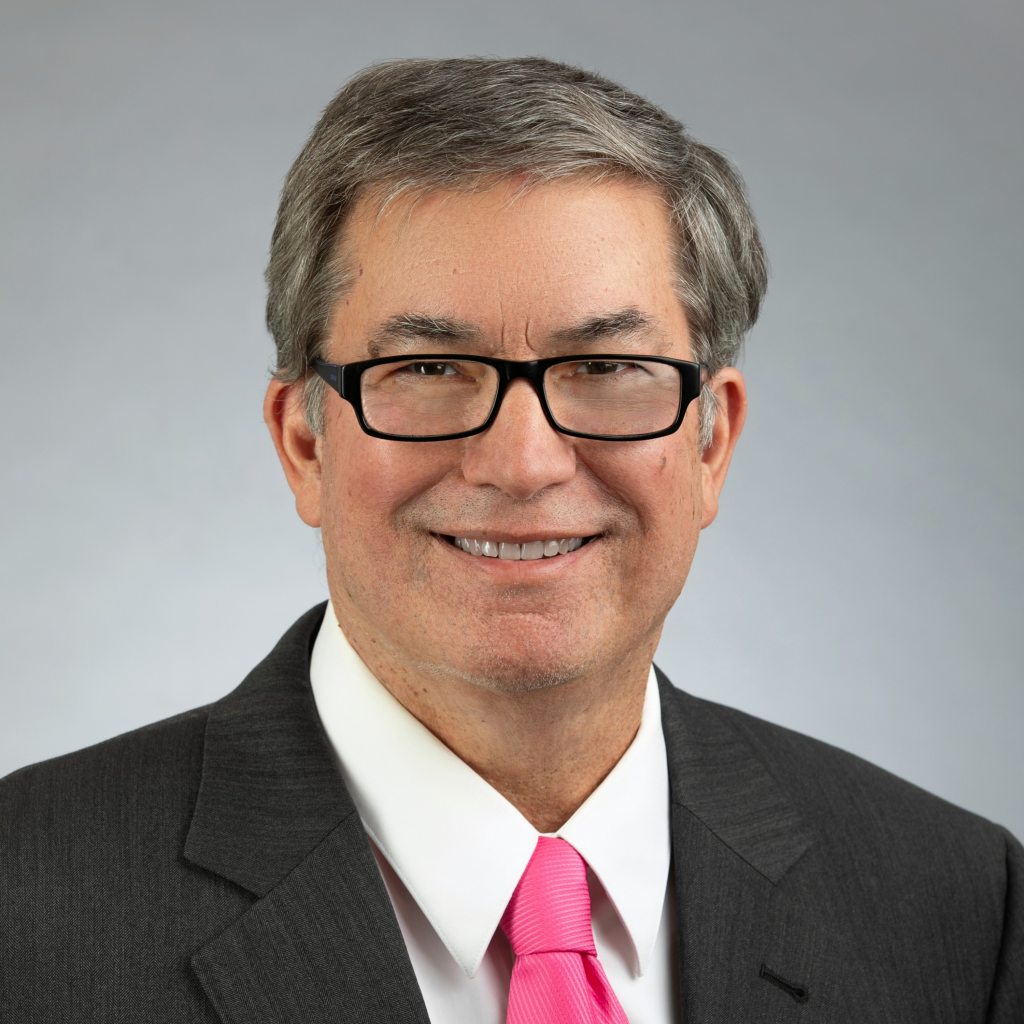
Energy and Resource Efficiency of Data Centers (EREC)
Professor Emeritus, Department of Computer Science, University of Virginia
Lancium Compute
Dr. Grimshaw received his PhD in Computer Science from the University of Illinois in 1988 and joined the Department of Computer Science at the University of Virginia. In his 34-year career at Virginia, Grimshaw focused on the challenges of designing, building, and deploying solutions that meet user requirements on production super computing systems such as those operated by the DoD, NASA, DOE, and the NSF. In addition to his academic career, Dr. Grimshaw has been a founder, or very early employee, of three startups: Software Products International, Avaki, and Lancium. Dr. Grimshaw retired this year from the University of Virginia to join Lancium and participate in their transformative mission to change how and where computing is done while decarbonizing the electrical grid.
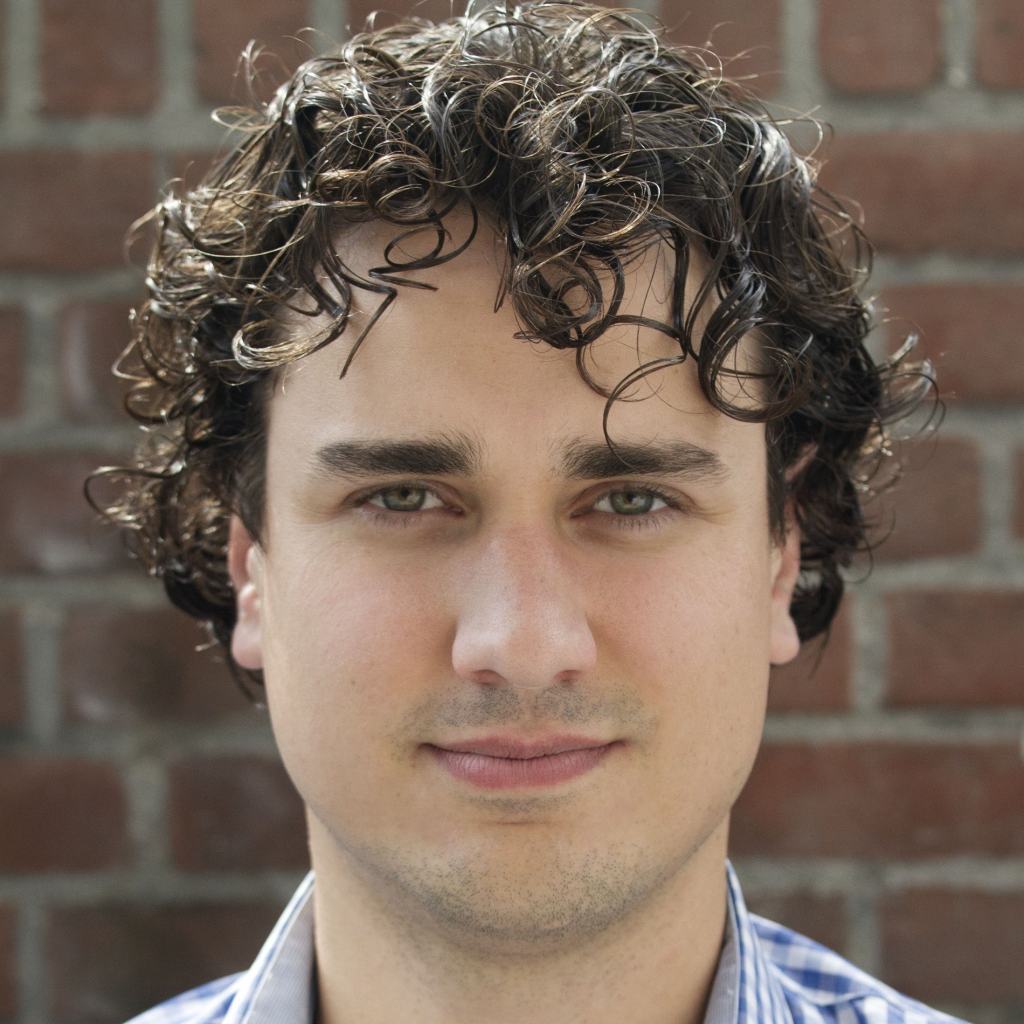
Energy and Resource Efficiency of Data Centers (EREC)
GPU Expert
Netherlands eScience Center
Ben van Werkhoven received his PhD in GPU Computing at VU University Amsterdam in 2014. He has since worked at the Netherlands eScience Center as the leading GPU expert. Ben’s research interests are in software methods to accelerate scientific research using GPUs, which he has done across many disciplines, including microscopy, oceanography, and radio astronomy. Ben has researched performance models, source-to-source translation, and programming models. Ben is leading the research and development in Kernel Tuner, a Python-based software development tool for testing and auto-tuning GPU applications. Ben is also leading several projects and work packages in large European and national research projects, including CORTEX and ESiWACE.
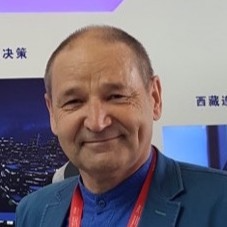
Energy and Resource Efficiency of Data Centers (EREC)
Advisor, Material Science and Chemistry
National Supercomputing Centre (NSCC), Singapore
Dr Marek Michalewicz is a world-class expert in high performance computing, simulation, he is a scientist, entrepreneur and inventor. In 1987–2000 he worked in research institutions in the USA and Australia, where he dealt with the use of supercomputers in scientific research. From 2009 to 2016, he was the CEO of A*STAR Computational Resource Centre (A*CRC) – the largest scientific supercomputing centre in Singapore. He was one of the people responsible for the planning and creation of Singapore’s National Supercomputing Centre (NSCC). In 2014, Dr. Michalewicz initiated the InfiniCortex project – a global concurrent computer network on four continents in seven countries with a data transfer capacity of 100Gbps. From September 2016 till the end of 2021 Dr Michalewicz worked at the Interdisciplinary Centre for Mathematical and Computational Modelling (ICM), University of Warsaw, first as the Deputy Director – HPC Operations and Infrastructure, and then from July 2018 till the end of 2021 as the ICM Director.
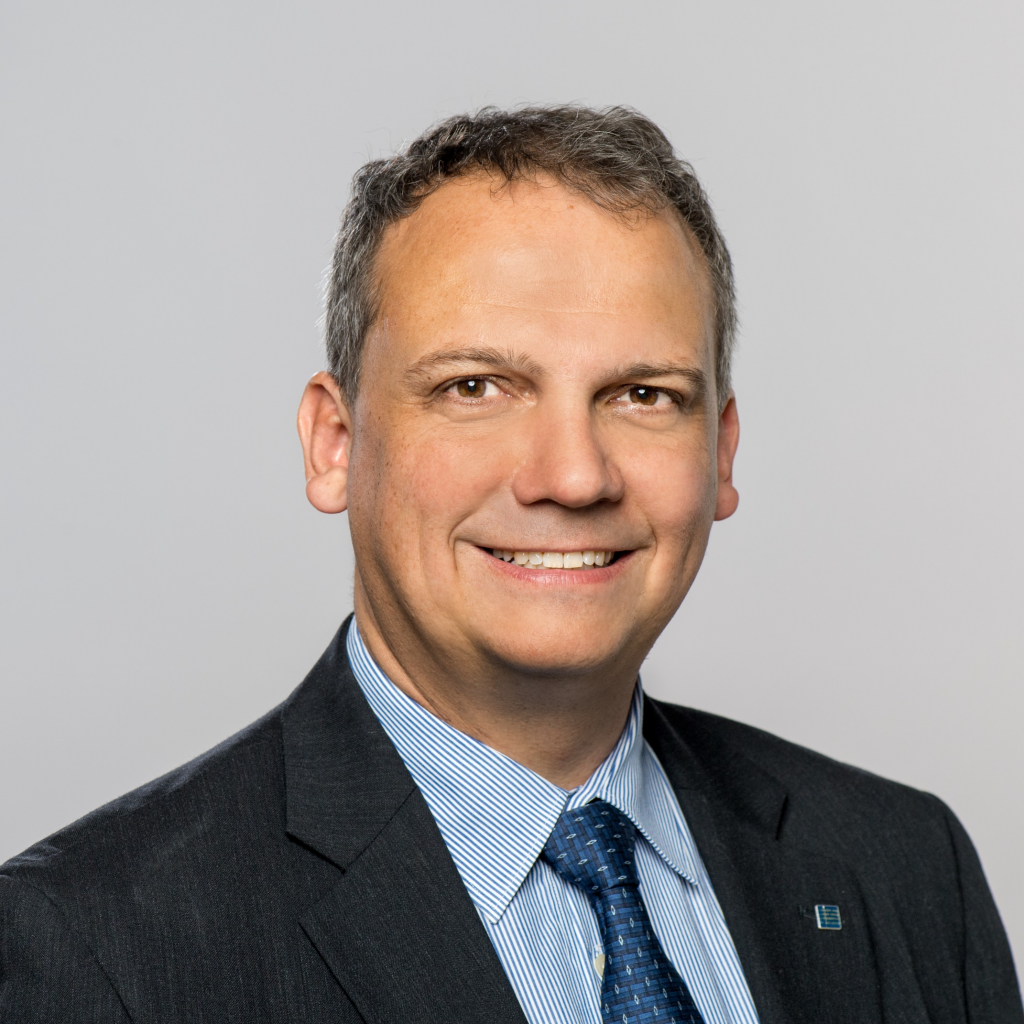
Energy and Resource Efficiency of Data Centers (EREC)
Professor
Leibniz Supercomputing Centre
Martin Schulz is a Full Professor and Chair for Computer Architecture and Parallel Systems at the Technische Universität München (TUM), which he joined in 2017, as well as a member of the board of directors at the Leibniz Supercomputing Centre. Prior to that, he held positions at the Center for Applied Scientific Computing (CASC) at Lawrence Livermore National Laboratory (LLNL) and Cornell University. He earned his Doctorate in Computer Science in 2001 from TUM and a Master of Science in Computer Science from UIUC.
Martin’s research interests include parallel and distributed architectures and applications; performance monitoring, modeling and analysis; memory system optimization; parallel programming paradigms; tool support for parallel programming; power-aware parallel computing; and fault tolerance at the application and system level, as well as quantum computing and quantum computing architectures and programming, with a special focus on HPC and QC integration.
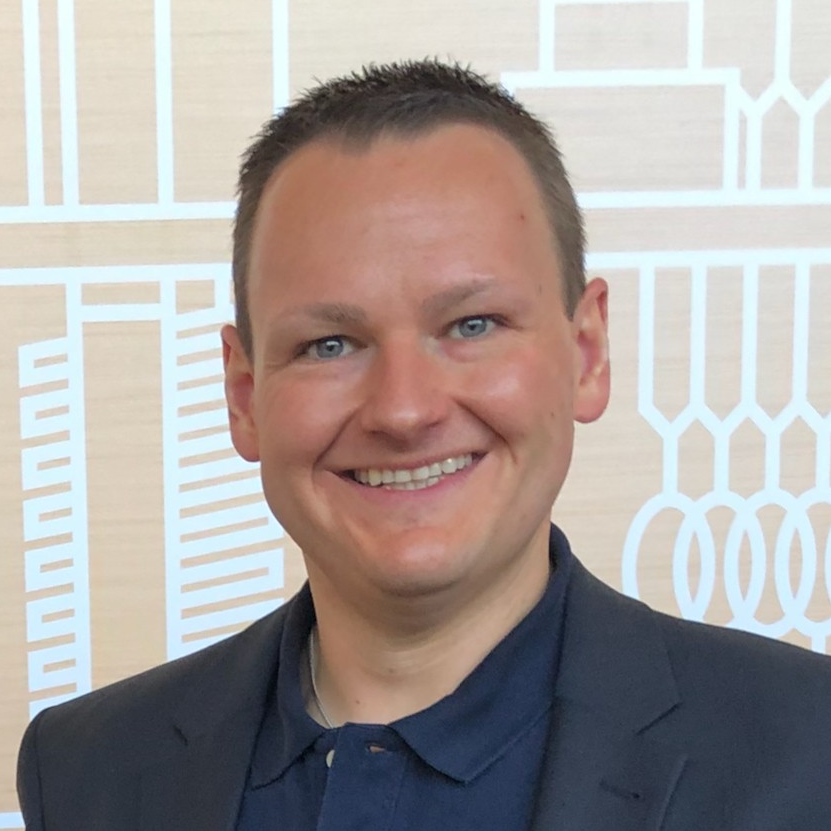
Energy and Resource Efficiency of Data Centers (EREC)
Computer Scientist
Leibniz Supercomputing Centre, Germany
Maximilian Hob is a scientist at the Leibniz Supercomputing Centre of the Bavarian Academy of Sciences and Humanities and lecturer at Ludwig-Maximilians-University Munich. In his PhD he focuses on the analysis of containerized high performance computing applications and their deployment strategies regarding resource usage and energy efficiency. In his research he also investigates exascale-ready and data-centric containerized infrastructures and quantum computing, especially to enable hybrid QC-HPC workflows and is involved in several quantum computing projects in the Munich Quantum Valley.
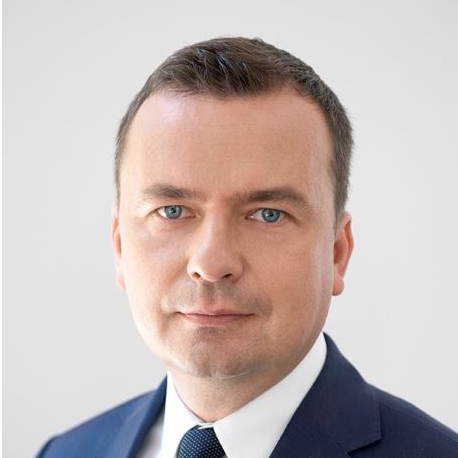
(HPC Centre Leaders Forum)
Chief Technology Officer
Poznan Supercomputing and Networking Center, Poland
Krzysztof Kurowski (M) – is the Technical Director of Poznan Supercomputing and Networking Center. He holds a PhD degree with a habilitation in Computer Science and graduated from Poznan University of Technology. He has been actively involved in many R&D projects related to Information and Communication technologies at the national, European and international levels. He was a research visitor at the University of Queensland, Argonne National Lab and the University of Southern California. His research activities have been focused on advanced parallel simulations of heterogeneous systems, scheduling and resource management in networked and distributed computing environments. The results of his research have been successfully published in highly ranked scientific and journal papers. He is also a member of many Editorial and Scientific Boards and participated in many international conferences. He has recently been active in the following research domains: multi-scale modelling and hybrid GPU/CPU/QPU HPC computing simulations, quantum computing, advanced visualization and virtualisation technologies. He was involved in many R&D projects engaging different scientific and grand challenge global research communities.
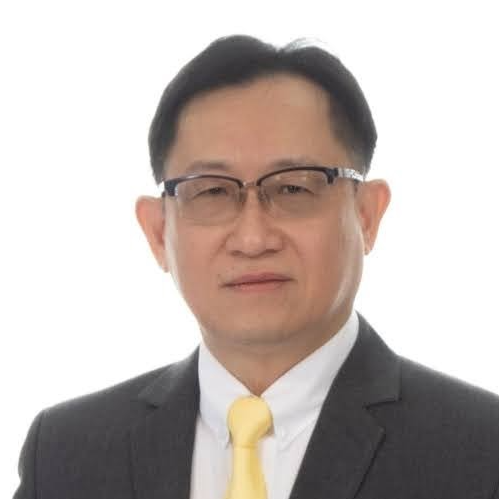
(HPC Centre Leaders Forum)
Deputy Executive Director
National Electronics and Computer Technology Center (NECTEC), Thailand
Dr. Piyawut holds a BSc degree in Physics from Chulalongkorn University, Thailand, and a PhD (Solid State Physics) from Auburn University, USA. Since 1995, he has been a researcher at National Electronics and Computer Technology Center (NECTEC) a member of National Science and Technology Development Agency (NSTDA), Thailand. His experience includes Computational Science, High Performance Computing, Geo-informatics, Data Analytics, Research Program Management and Organization Management. Currently, he is a Deputy Executive Director of NECTEC in charge of Research and Development AI and Advanced Electronic Sensing. In addition, he is a Director of NSTDA Supercomputer Center (ThaiSC), one of NSTDA’s National S&T Infrastructure units. Dr.Srichaikul has also served as a co-chairs of ASEAN HPC Taskforce since 2018
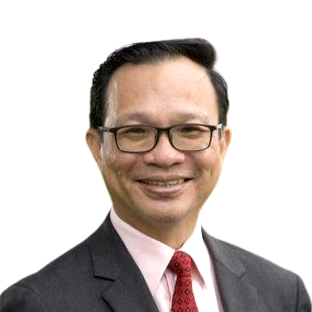
Unlocking the Potential of HPC-AI
Chief Executive
National Supercomputing Centre (NSCC) Singapore
TAN Tin Wee is the founding director and current Chief Executive of the National Supercomputing Centre (NSCC) Singapore, which manages Singapore’s national petascale facilities. He is an Inaugural Internet Hall of Fame inductee (2012) and an Associate Professor of the Department of Biochemistry at the National University of Singapore. He helped establish the Internet Research and Development Unit (IRDU) (1995) and the Bioinformatics Centre (BIC) (1996) in Singapore as well as APBioNet (1998) for the Asia Pacific region. He was instrumental in establishing SingAREN (1997) and APAN (1996) for the field of advanced Internet networking. He has also spun off a number of companies, including the Technet Unit which became Pacific Internet Inc (1995). He concurrently serves as a Senate member of the Management Development Institute of Singapore (MDIS) and as a Board Director of Keppel Data Centre REIT Management. He is also the Singapore Focal Point on the Board of Advisors (BAC) of the ASEAN Committee on Science, Technology and Innovation (COSTI) having received the ASEAN Science and Technology Meritorious Service Award in 2008 for service in the Subcommittees on Biotechnology, and on Infrastructure and Research Development.
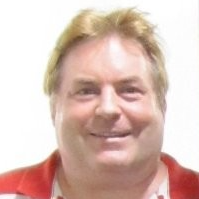
Unlocking the Potential of HPC-AI
Principal Solutions Architect
NVIDIA
Jeff is a HPC specialist with over 25 years of experience in developing, tuning and porting scientific codes and architecting HPC solutions. Jeff’s primary area of expertise is in CFD and NWP, having previously worked at the New Zealand Oceanographic Institute (now NIWA), Toyota Motor Corporation, and on FEA/CFD analysis for America’s cup class yachts for Team New Zealand.
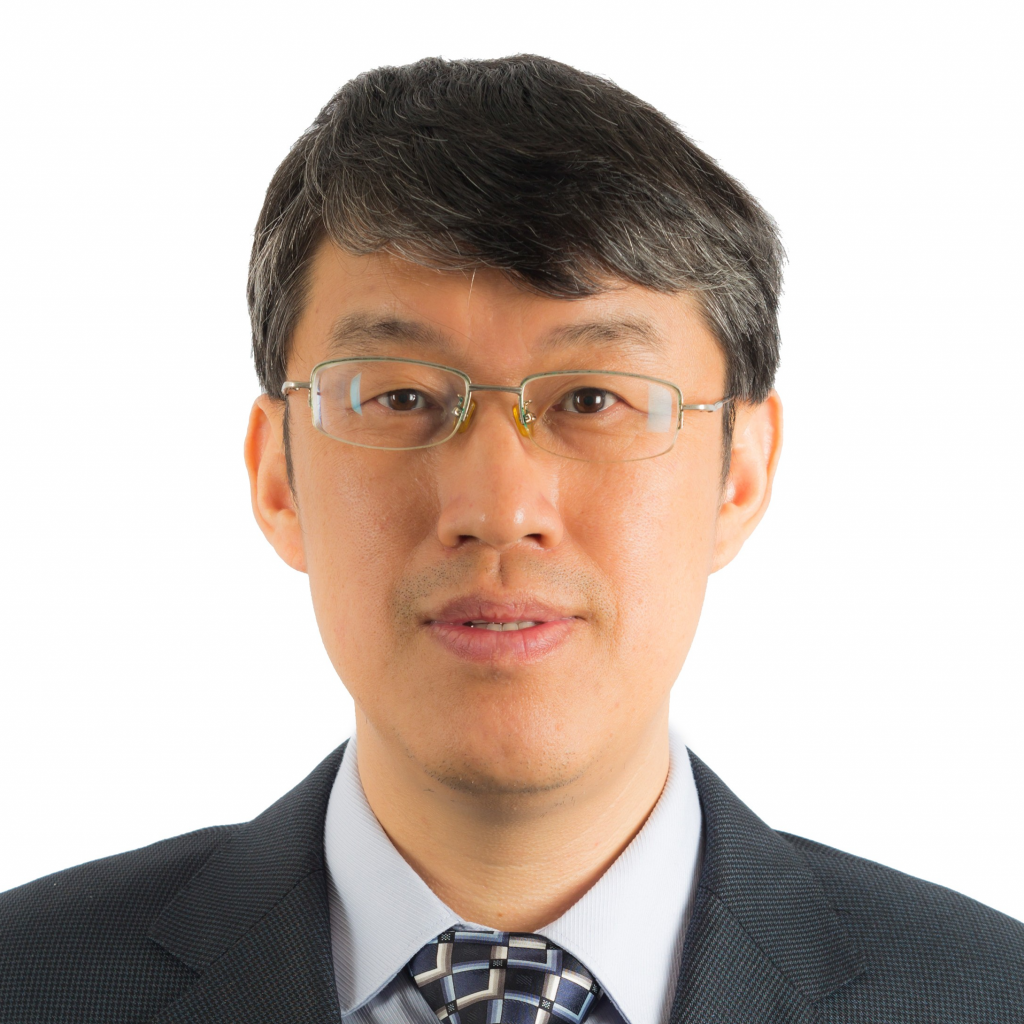
Unlocking the Potential of HPC-AI
Department Head and Principal Scientist of the Machine Intellection (MI) Department, Investigator
Institute for Infocomm Research (I2R) & Centre for Frontier AI Research (CFAR)
Dr Li Xiaoli is the Department Head and Principal Scientist of the Machine Intellection (MI) department at the Institute for Infocomm Research (I2R), A*STAR, Singapore. He also holds an adjunct full professor position at School of Computer Science and Engineering, Nanyang Technological University. He has been a member of ITSC (Information Technology Standards Committee) from ESG Singapore and Infocomm Media Development Authority (IMDA) since 2020 and has served as joint lab directors with a few major industry partners.

Green Data Centre
Co-chair, DC Committee
SGTECH
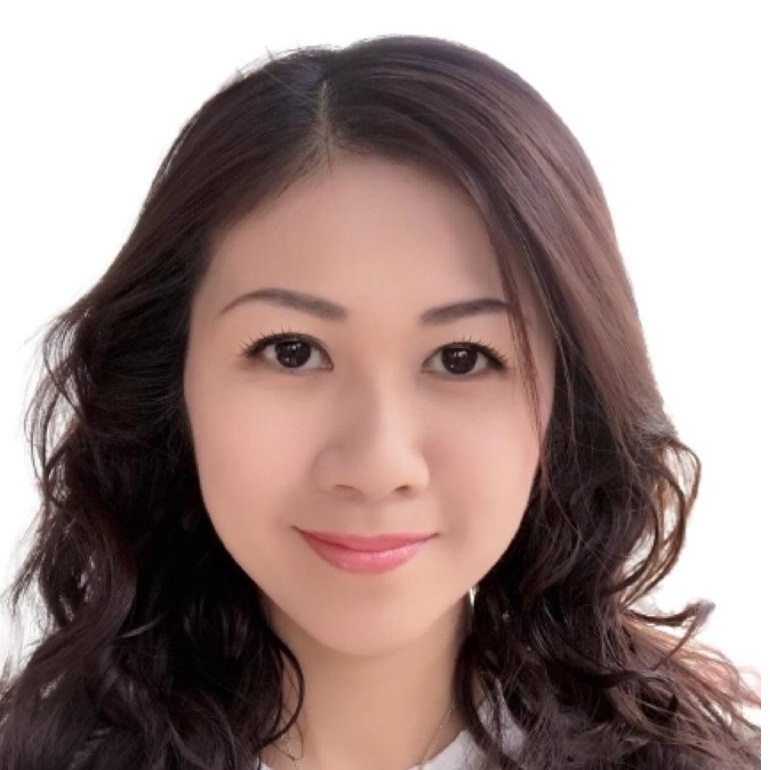
Green Data Centre
Vice President, Global Business Development
Digital Reality

Green Data Centre
Co-founder
CoolestDC
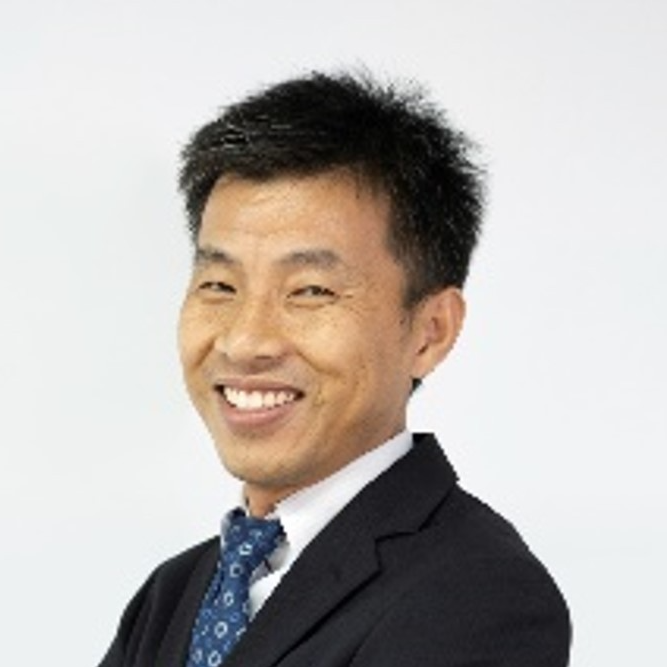
Green Data Centre
Head, Sustainable Cooling, Urban Solutions
ST Engineering
Dr. Li Fuyun is Head of Sustainable Cooling for Urban Solutions in ST Engineering. With over 15 years’ experience in R&D particularly in sustainable environmental engineering product development, Dr Li actively introduces new sustainable cooling technologies in various areas, covering outdoor/semi-open spaces, building energy efficiency and sustainability as well as data centre related products and applications. For his contributions to sustainable technologies, Dr. Li received the Young Green Innovator Award from SGBC-BCA in 2019, Tan Kah Kee Young Inventors’ Silver Award (2013), and the Institution of Engineers, Singapore’s Prestigious Engineering Achievement Award (2010). Dr. Li holds a PhD in Chemical Engineering from the National University of Singapore.
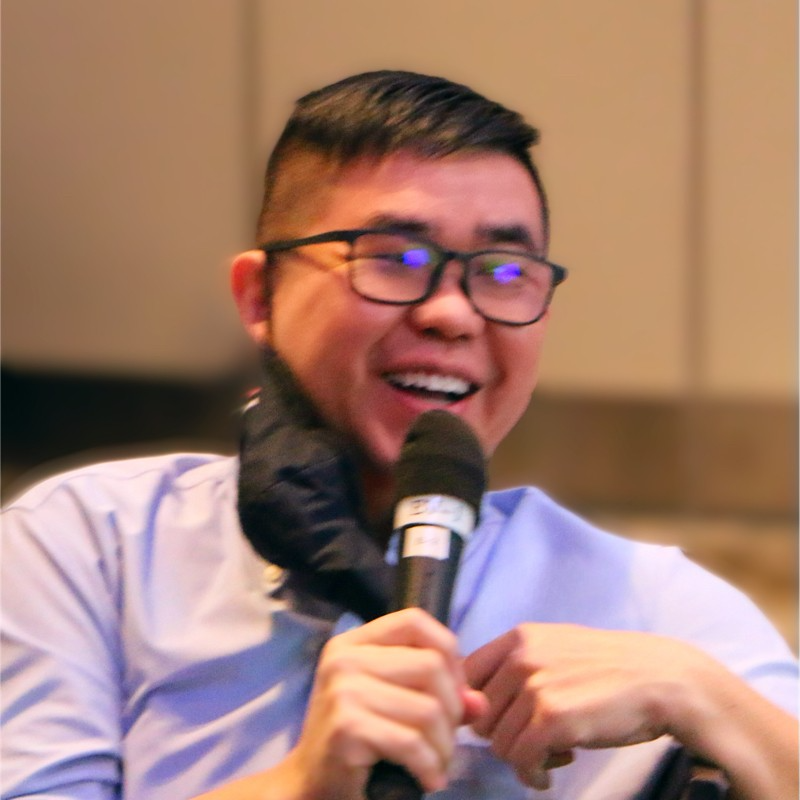
Green Data Centre
Chief Technology Officer, Data Centre Facility
Huawei Digital Power Business
Joshua is a tech community builder and advocate
He served various roles in public sector in the past 15 years, and serves as
co-chair of the data centre technical work group under SGTECH, as well as lead under the National HPC roadmap
Joshua was also identified as one of the top 10 data centre industry influencers to follow on LinkedIn by datacentre magazine.
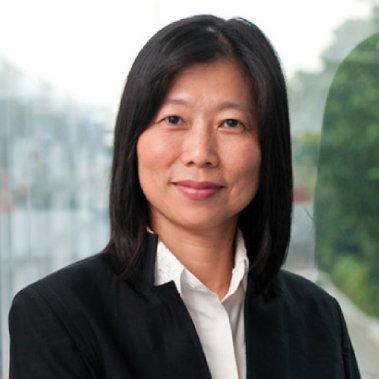
Green Data Centre
Head of Carrier
OneQode
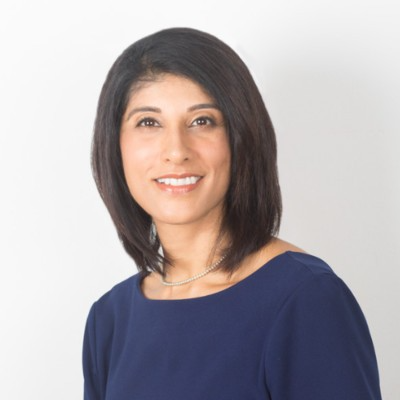
Green Data Centre
Competition and Regulation Specialist

Green Data Centre
Director, Datacenter Operations
Digital Realty
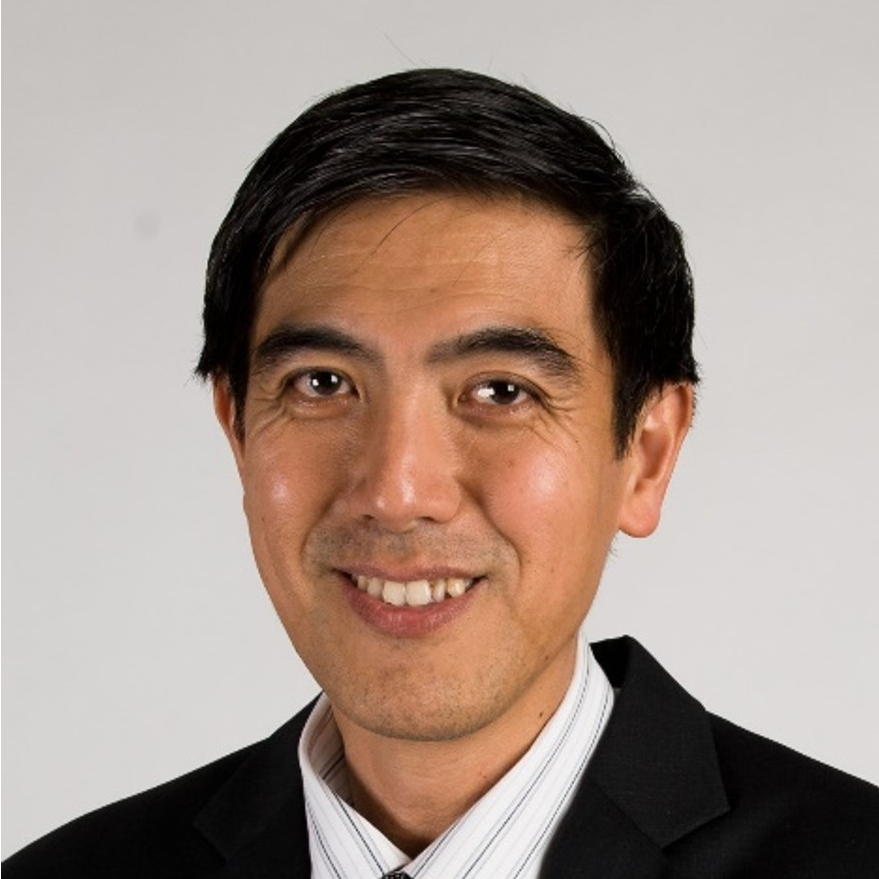
Green Data Centre
Director
i3 Solutions Group & i3 Critical Facilities
Seng Wee leads the day-to-day management of APAC business at i3 Solutions Group. With nearly 25 years’ experience in mission-critical industries, Seng Wee’s areas of expertise include data centre design, electrical engineering, data centre infrastructure management systems and business continuity management.
He is a registered Professional Engineer (Electrical) in Singapore and a Licensed 22kV Electrical Engineer registered with Energy Market Authority.
Seng Wee was part of the Technical Committee on Mains Failure Standby Generating System, which was responsible for Singapore Standard SS 535 : 2007 Code of Practice for Standby Generators (formerly CP31 : 1996).
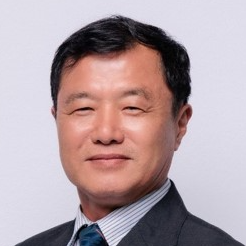
Green Data Centre
Chief Technology Officer
KoolLogix Pte Ltd
Dr. Seri Lee has 35 years of experience in education, leadership, strategy and execution of engineering programs with a primary focus on research and development of new technologies and solutions for electronics cooling. Previously, Dr. Lee held positions at Nanyang Technological University, Intel Corporation, Pipeline Micro, Inc., Nextreme Thermal Solutions, Aavid Thermal Technologies and the University of Waterloo. He has over 60 technical papers to his credit, as well as 18 US and international patents. Dr. Lee served as the General Chair of the IEEE SemiTherm International Symposium in 1998 and received the ASME Journal of Heat Transfer Division’s best paper award in 2004.
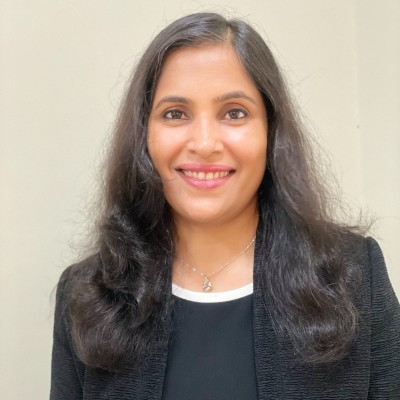
Green Data Centre
Vice President of Marketing, APAC
Digital Reality

Green Data Centre
Co-Chief Executive Officer
Firmus
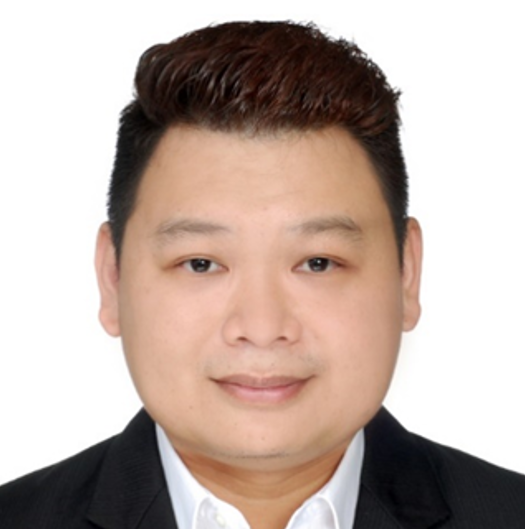
Green Data Centre
Deputy Director DC (Operations/Projects)
National Supercomputing Centre (NSCC), Singapore
Vincent Lim is currently Head of DC at the National Supercomputing Centre (NSCC) Singapore providing day-to-day oversight and leadership for their DCs. He has worked in a similar capacity with NTT Singapore and CenturyLink, with 22 years of experience in the data centre industry. Vincent has previously worked in iASPire.Net Pte Ltd as a Customer Service Engineer, responsible for crisis management in the Enterprise Nerve Centre. He expanded his role in Siemens, Opus IT and Neustar Asia Pacific Pte Ltd, managing multiple data centres at some point. In 2008, Vincent served as the Data Centre Manager in Infocomm Development Authority (IDA). He was involved in some major projects like Schools SOE, DC Expansion, DC UPS upgrade and more, valued at approximately $850 million.
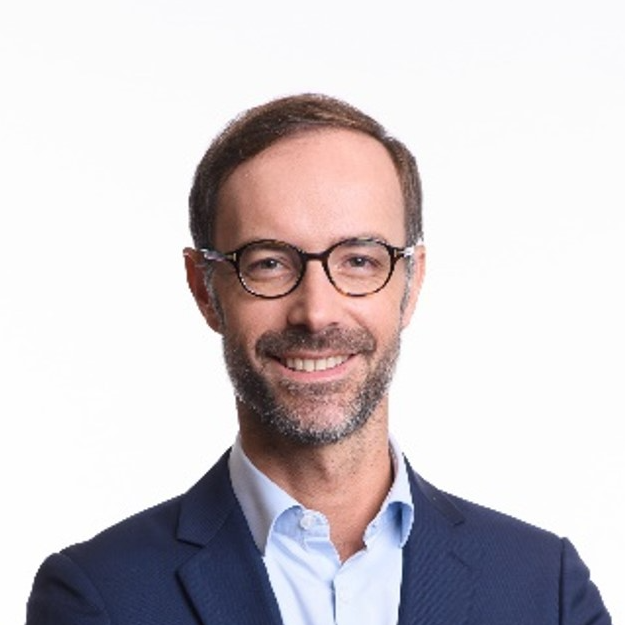
Green Data Centre
Head, Business Development Data Centre
ENGIE South East Asia
Wandrille DOUCERAIN is Head of Business Development for Data Centres at ENGIE South East Asia, part of the ENGIE Group, a global reference in low-carbon energy and services. Wandrille oversees all data centre business activities across Singapore, Malaysia, Indonesia, and the Philippines, with a view to help customers meet their energy needs while implementing their transition towards carbon neutrality. Prior to this appointment, Wandrille was Head of Digital Solutions & Strategic Projects at ENGIE South East Asia. In that role he worked to accelerate the digital transformation of ENGIE and its customers businesses in the region through innovations and new business models which elevated the company’s end to end value proposition for ow-carbon energy solutions. He also played a key role in establishing ENGIE as a strategic partner for corporates and cities eager to embark on their sustainable transformations.
Wandrille joined ENGIE in 2010, starting in their French offices and later relocating to Asia in early 2019. Since joining he has been involved in many large M&A projects to accelerate ENGIE’s portfolio transition towards low-carbon infrastructure assets.
In addition to his considerable work experience, Wandrille holds a bachelor’s degree in business from NEOMA Business School in France.

Green Data Centre
Professor & President’s Chair, School of Computer Science and Engineering, Associate Dean (Research), College of Engineering
Nanyang Technological University
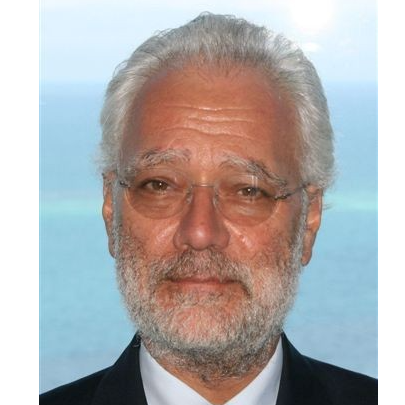
3rd EU-ASEAN Japan Symposium
E-READI Team Leader
Enhanced Regional EU-ASEAN Dialogue Instrument
Aldo Dell’Ariccia, an Italian citizen, is a post-graduate economist and political scientist with advanced studies in international relations at the University of Geneva, Switzerland and in development studies in Bordeaux, France.
He is a retired official of the European Foreign Service. He served in Asia; Central America; the South Pacific and Africa. He has been the EU Ambassador to Papua New Guinea; Zimbabwe; and Mauritius. He retired from the EU in 2017.
Since 3 March 2021, he is the Team Leader of the EU-financed Enhanced Regional EU-ASEAN Dialogue Instrument (E-READI), based in Jakarta, Indonesia.
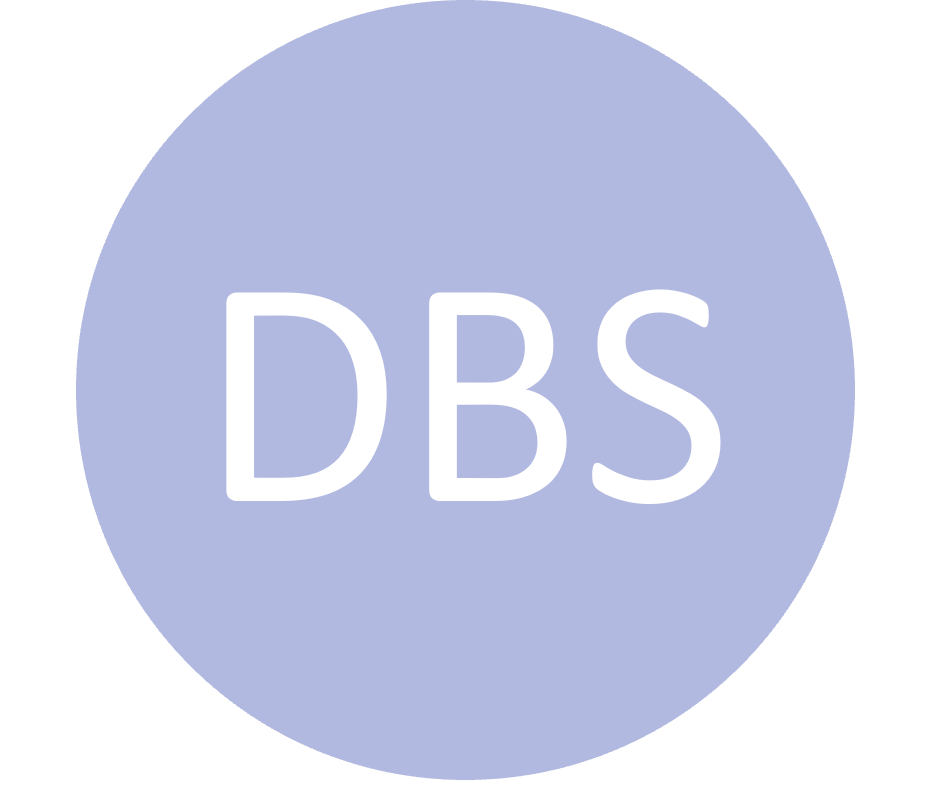
3rd EU-ASEAN Japan Symposium
Secretary General
Indonesian Meteorological, Climatological, and Geophysical Agency (BMKG)

3rd EU-ASEAN Japan Symposium
EU-ASEAN HPC School 2021 and 2022 Director, E-READI Senior Advisor
Barcelona Supercomputing Centre
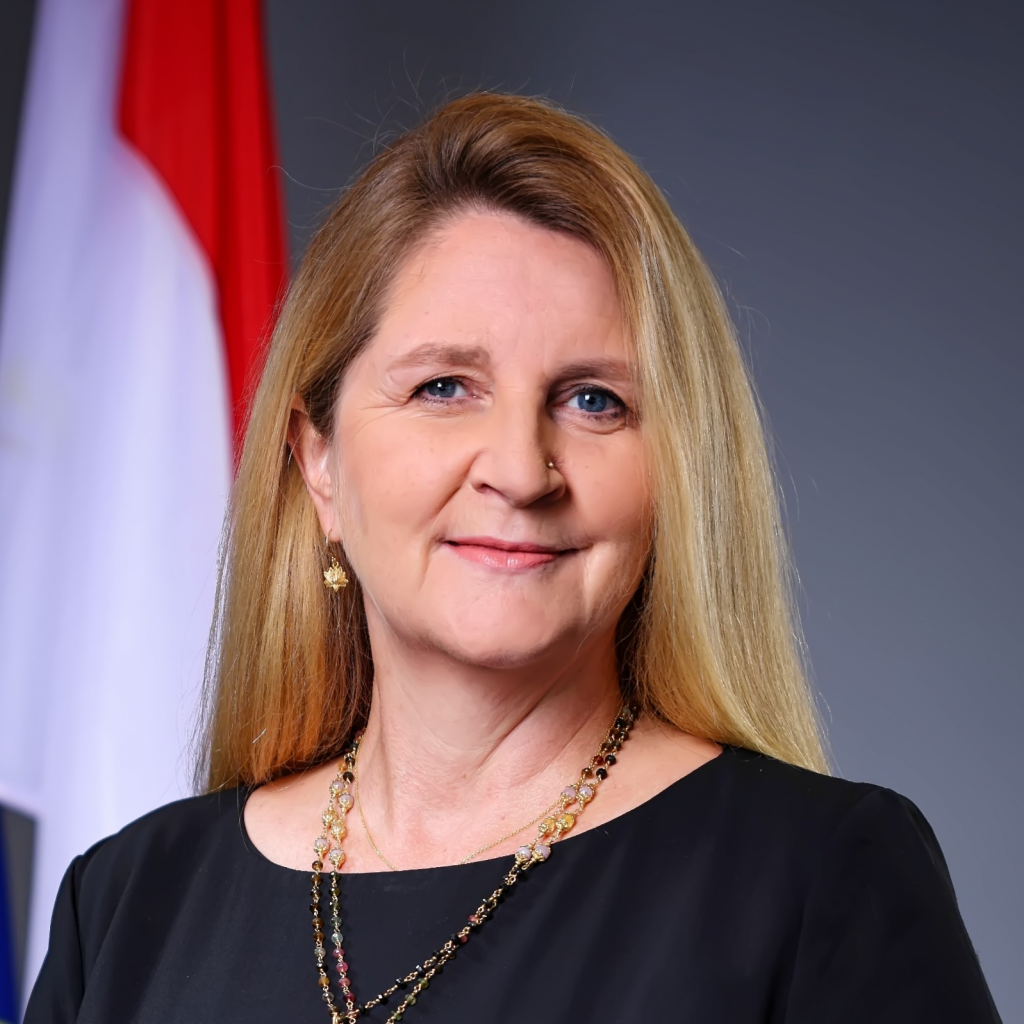
3rd EU-ASEAN Japan Symposium
First Counsellor
EU Delegation to ASEAN
Henriette Faergemann is First Counsellor for Environment, Climate Action and Digital cooperation at the European Union Delegation to Indonesia, based in Jakarta.
From 2014-2020, she was working as Head of Section in the European Union Delegation to India, responsible for cooperation in the areas of Environment, Mobility, Urbanisation, Energy & Climate Change. Amongst others, Ms Faergemann has created the India-EU Partnerships on Water, Clean Energy & Climate, Smart & Sustainable Urbanisation and Circular Economy.
From 1998-2014 Ms Faergemann was working in the European Commission in Brussels as Member of Cabinet for the EU’s Environment Commissioner, as Team Leader responsible for water quantity issues and as desk officer for preparing new EU Member States for accession to the EU.
Ms Faergemann holds a Master of Science in Chemical and Environmental engineering from the Technical University of Copenhagen.

3rd EU-ASEAN Japan Symposium
ASEAN HPC Key Opinion Leaders Indonesia
ASEAN HPC

3rd EU-ASEAN Japan Symposium
Chief Executive Offier
A*Computational Resource Centre, A*STAR

3rd EU-ASEAN Japan Symposium
Director of Resources, Directorate General of Higher Education, Research, and Technology
Ministry of Education, Culture, Research, and Technology, Indonesia

3rd EU-ASEAN Japan Symposium
ASEAN HPC Key Opinion Leaders Indonesia
National Research and Innovation Agency / BRIN and SCIRD – KOL of the ASEAN HPC Task Force for Indonesia
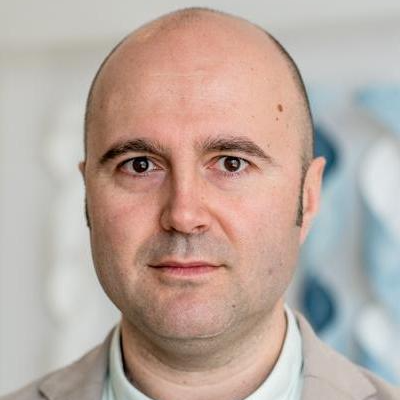
3rd EU-ASEAN Japan Symposium
Executive Director BioExcel Centre of Excellence
KTH Royal Institute of Technology, Sweden

3rd EU-ASEAN Japan Symposium
Deputy Secretary-General
ASEAN Economic Community
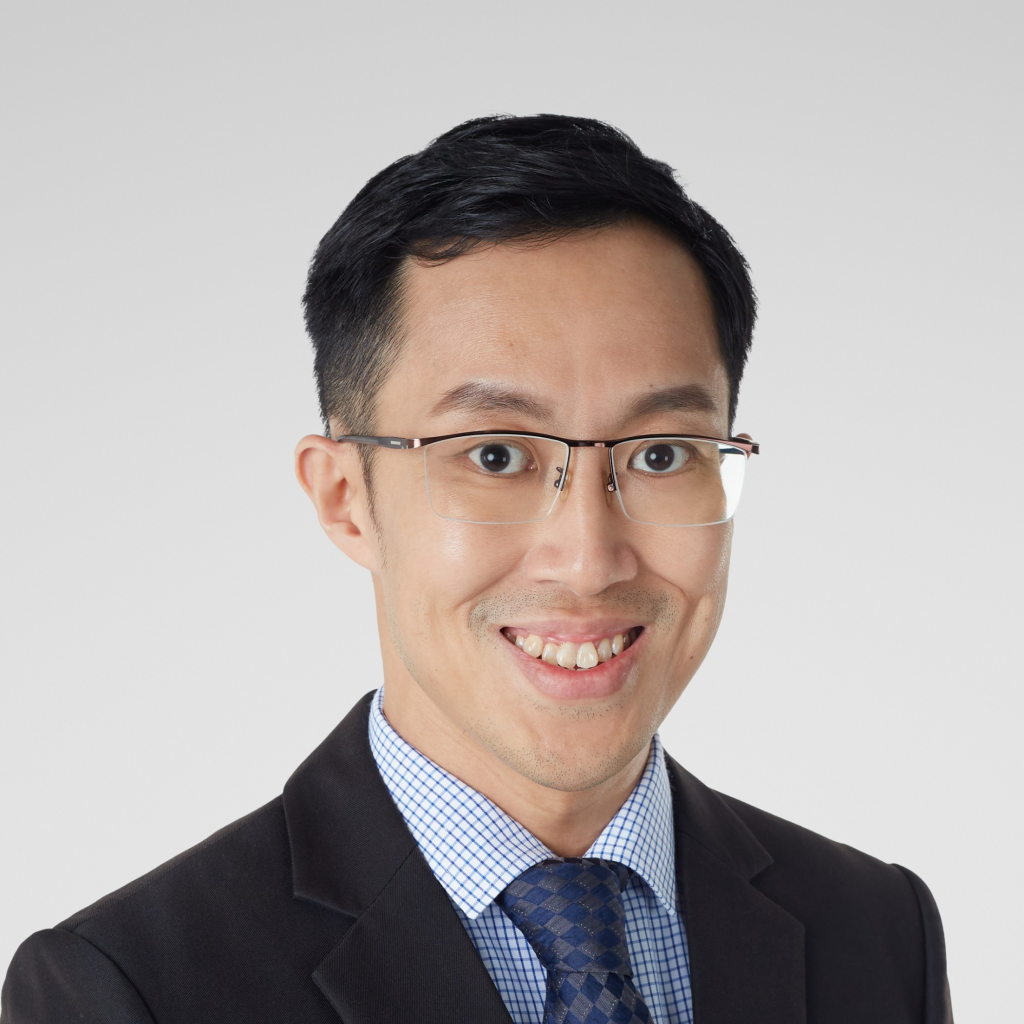
3rd EU-ASEAN Japan Symposium
Director of the Materials Science and Chemistry
Institute of High Performance Computing, Singapore
Dr. Tan Teck Leong is the Director of the Materials Science and Chemistry (MSC) Department at IHPC, where he leads a multidisciplinary team of computational materials scientists, chemists and physicists to accelerate materials discovery and development in a wide range of materials systems including alloys, catalysts, polymers and electronic materials. Concurrently, he is also the Director of Graduate Affairs at SERC and an Adjunct Associate Professor in the Materials Science and Engineering Department at the National University of Singapore (NUS). His research focuses in alloy materials design with the aim of accelerating materials development in the areas of aerospace, nanoscale technology, catalysis, electronics, corrosion science and sustainability. He has developed algorithms and platforms to help integrate physics-based simulations at the atomistic level with machine-learned models to increase the throughput of material property predictions.
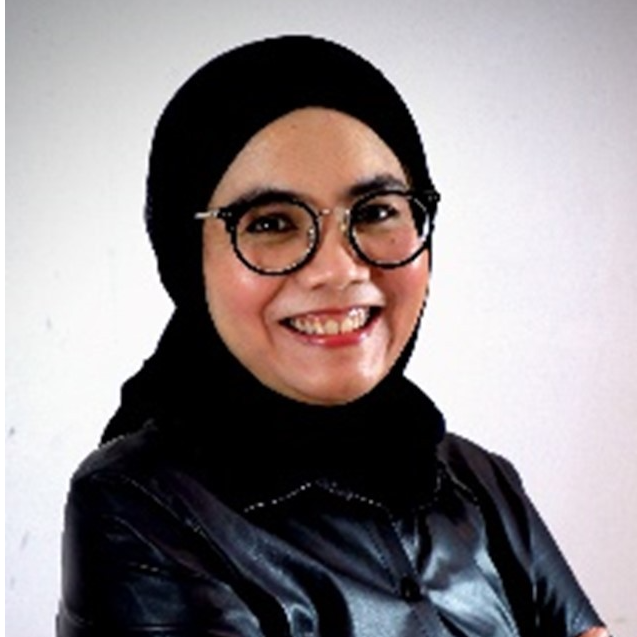
3rd EU-ASEAN Japan Symposium
Senior Officer Science & Technology Division
ASEAN Secretariat
Dr Vanny Narita is a Senior Officer in Science and Technology Division, the ASEAN Secretariat, and Assistant Professor at the International University Liaison Indonesia, with International Partner Universities in Germany, Switzerland and Taiwan. Currently, she is responsible for ASEAN science diplomacy, managing regional cooperation and policy development in science, technology and innovation.
Previously, Dr Narita was the expert coordinator of the National Innovation Committee of the Republic of Indonesia, an independent body reporting directly to the President of the Republic of Indonesia. Graduated from the University of Tennessee, Knoxville, U.S., in Biochemistry, Cellular and Molecular Biology as a Howard Hughes Threshold Honor and World Bank Scholar, she has been working on the bioinformatic analysis of Hepatitis-B and dengue recombinant proteins within a national consortium of vaccines and medicine led by WHO-acknowledged company, PT Bio Farma, as well as on antibiotic resistance in human-impacted environments as a visiting researcher at the University of Helsinki, Finland. For her work, she received the Satyalanca Wira Karya Award from the President of the Republic of Indonesia.
Dr Narita is an awardee of the World Economic Forum Young Scientist New Champion, ASEAN-U.S. American Association for the Advancement of Science (AAAS) Science and Technology Fellow and Inter Academic Panel-UNESCO Fellow of World Science Forum and Future Leader of the Science and Technology in Society Forum-Japan. She has been a member of the Organisation for Women in Science in the Developing World, UNESCO, and the Global Young Academy hosted by the German National Academy of Sciences Leopoldina Germany. She serves as a Programme Committee of the 2022 International Conference Research Infrastructure (European Commission) and Planning Committee of the 2023 Engaging Scientists to Prevent Harmful Exploitation of Advanced Data Analytics and Biological Data (the U.S. National Academy of Sciences, Engineering and Medicine).
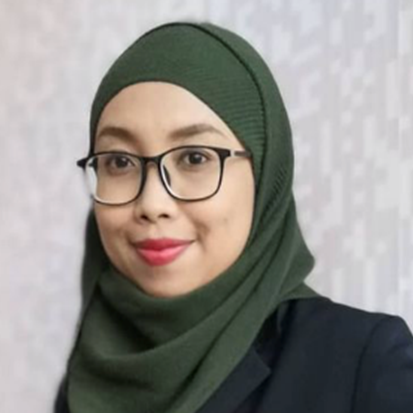
3rd EU-ASEAN Japan Symposium
Head, Science and Technology Division
ASEAN Secretariat
Dr. Zurina Moktar is the Assistant Director/Head of Science and Technology Division at the ASEAN Secretariat where she coordinates the implementation of Science, Technology and Innovation (STI) initiatives under the Committee on STI for 10 ASEAN Member States.
Prior to that, she served at several ministries in Malaysia and was once attached with the Permanent Mission of Malaysia to the United Nations, New York. With more than 15 years proven track record in STI, capacity development and sustainable development, Zurina was awarded the Outstanding Service Award by the Government of Malaysia, in 2014.
In the UK, Zurina was the Deputy Director for Cambridge i-Teams where she facilitated the commercialisation of more than 20 new technologies. She received the 2018 Innovative Youth Incubator Award in Washington DC, US. Zurina is a professional technologist, science and environment advisor to organisations at the national and regional level. She holds an MPhil in Conservation Leadership (2014) and a PhD in Engineering (2018) from the University of Cambridge, UK.